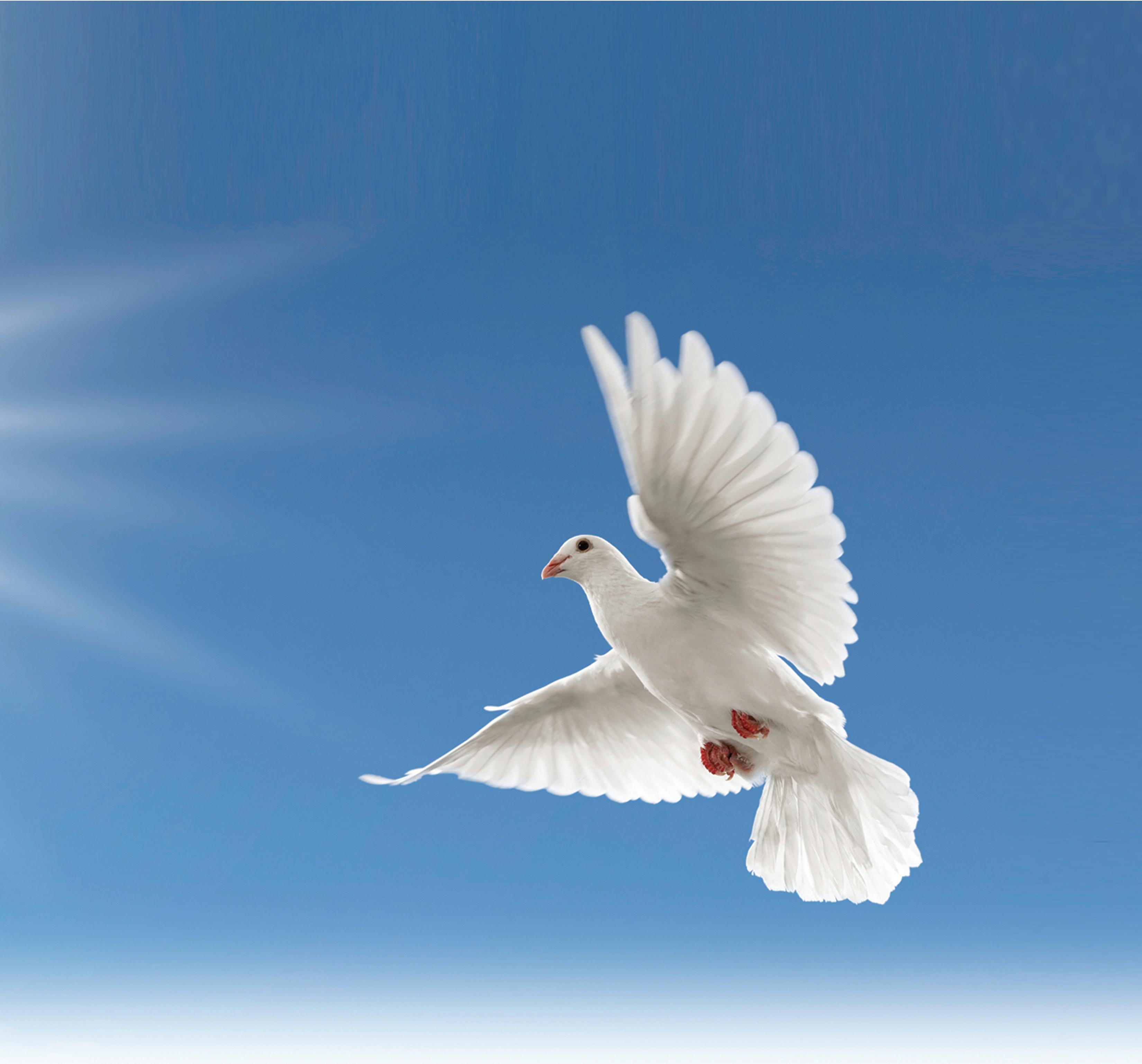















Cantor Andrea Raizen, who has led services on the bima (stage) at Beth Abraham Synagogue since 2007, has announced she will retire on June 30, 2024, at the end of her current contract.
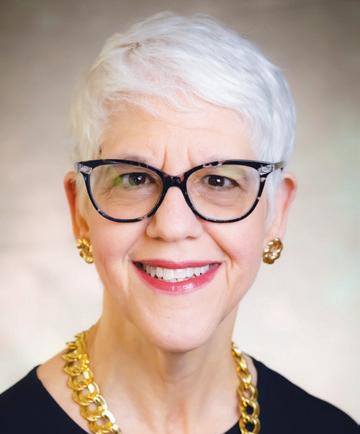
She arrived at the Conservative synagogue eight months before its move from Salem Avenue and Cornell Drive in Dayton View to its current location at Sugar Camp in Oakwood.
"Over the years, Cantor Raizen has redesigned our religious school curriculum, provided one-on-one b’nai mitzvah tutoring, crafted creative Purim shpiels, developed a Yad Squad of lay Torah readers, and led our congregation in prayer and song," Beth Abraham Synagogue President Scott Liberman noted in a July letter to congregants announcing Raizen's retirement. "She was a force throughout the pandemic to keep us connected through a daily virtual minyan and weekly Kabba-Locked-In Shabbat programming."
He added that the synagogue board will explore options for "continuing to provide our members with religious education and musical experiences at Beth Abraham."



Austin Reid, who has documented the histories of more than a dozen small Jewish communities across Ohio, will lead the Ohio Genealogical Society webinar, Exploring Ohio's Outlying and Vanished Jewish Communities, at 7 p.m., Thursday, Sept. 21.
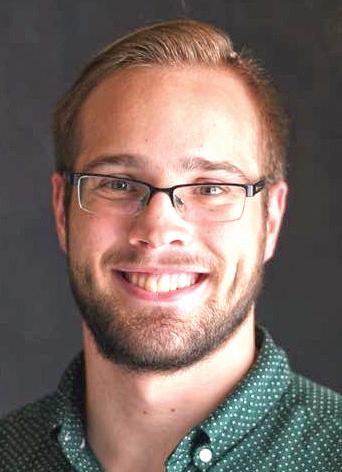
A native of Lancaster, Reid began researching the histories of Ohio's small
By Sept. 1, Spectrum will make available two long-established Jewish television channels to viewers in the Dayton area: Jewish Broadcasting Service on Channels 366 and 1366, and Jewish Life Television on Channel 384.

Jewish communities in 2017. In the Dayton area, he's completed Jewish histories of the Upper Miami Valley, including Piqua; and Greene County, including Xenia and Yellow Springs.
Registration for the free webinar is at ogs. org/event/exploringohios-outlying-andvanished-jewishcommunities-webinarwith-austin-reid.

The September rollout marks Spectrum's expansion of JBS and JLTV across its national footprint; both channels will be available to all Spectrum viewers nationwide.

JBS was founded in 2006. Its programming includes daily news reports from Israel, live event coverage, and cultural programming for North America's Jewish Community.

JLTV, established in 2007, bills itself as providing "Jewishinspired programming for audiences of all faiths who share an interest in the Jewish experience and the State of Israel."

JBS and JLTV programming is also available for viewing at their websites, jbstv.org, jltv.tv, and via social media.


937-836-1206
The article Schear throws down Jewish deli gauntlet with All The Best in the August Observer incorrectly stated that the restaurant/delicatessen is located in Centerville. All The Best is in Washington Township.
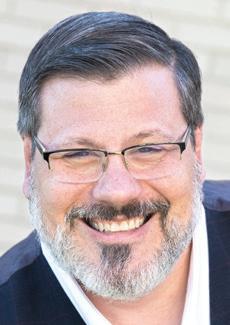


With the beginning of the fall term, the University of Dayton now has two full-time Judaic studies scholars in its religious studies department.
Assistant Prof. of Hebrew Bible Esther Brownsmith has arrived from Oslo, Norway, where she completed her postdoctoral research at the MF Norwegian School of Theology, Religion and Society. She received her Ph.D. in Bible and Ancient Near East from Brandeis University in 2020 and her master's degree in religion with a concentration on Hebrew Bible from Yale Divinity School in 2009.
She joins Judaic Studies Assistant Prof. Abraham Rubin in the religion department; Rubin began teaching at UD last fall. (A third Judaic studies scholar, Prof. Miriamne Krummel, is with UD's English department.)
"She's a versatile and engaging teacher," Rubin says of Brownsmith. "Biblical poetry is not the most accessible genre. In one of her demo lectures for the faculty, Esther guided us through a passage in the Song of Deborah from the Book of Judges that really brought the text to life in all its complexity and beauty."
An Episcopalian, Brownsmith describes herself as "a Christian with a Jewish family heritage." Her maternal grandparents, Polish Jews, escaped the Holocaust and settled in England.
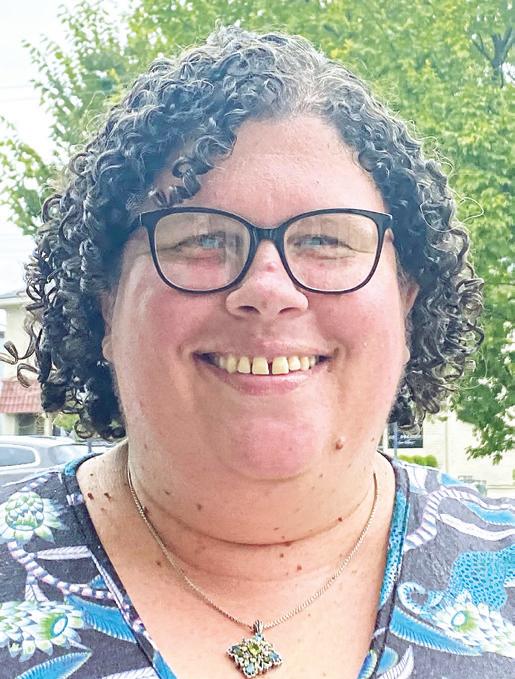
Here, she talks about her path to Hebrew Bible scholarship, how her Jewish lineage informs her work, and what she hopes to accomplish at UD.
Where are you originally from?



I grew up mostly in Florida. We actually lived in Israel for a couple of years when I was very young. My parents met when they were both in Israel, and they’re citizens. So they went back for a few years when I was young. My dad is, by




training an electrical engineer, by application, more of a software programmer. My mom is an anesthesiologist. She’s been a general M.D. What was their second job for many years — and what I think is going to be their legacy — they were the creators of Accordance Bible Software. It’s one of the really standard pieces of software that you use for doing biblical exegesis. For them, it was their calling. Their passion. It was a space they saw that they could fill. And so, in some ways, I’m kind of in the family business by getting into biblical studies.
My mom’s parents were both Polish Jews. They made it out just before things got locked down and Jews couldn’t make it out. When they settled down and started to have kids after the war, they decided that they would just not tell their children they were Jewish. They would keep it a family secret. They (their children) suspected something was up: parents who émigrated from Poland, distant family relatives who live in Israel. They didn’t raise them particularly religious in any sense. But as a teenager, my mom did decide to become a Christian. But she was always interested in her personal heritage, so she went and ended up getting a job as a doctor in Israel, which was where she met my dad (also a Christian), after living there for several years.
It feels like it’s more than a parent with Jewish lineage. But it’s hard to get the words for what the more than that is. When people ask me what’s your religious background, my shorthand answer is, ‘It’s complicated.’
How did you get into your field?

I had a great professor of Hebrew Bible (as an undergrad) at Rice University. I just really, really enjoyed getting into those texts. I really
Continued on Page Four
What are our hopes and dreams for the New Year? I have an admittedly unscientific way of guessing what's on our readers' hearts and minds in the lead up to Rosh Hashanah.

It happens when I set the New Year greetings pages toward the back of The Observer (Pages 34-35). The form we provide offers readers nine greeting options from which to choose, along with the space to write in a custom message instead. Why nine? Maybe we couldn't come up with a 10th?
Each year, a solid plurality selects the same greeting. Once again, that greeting wishes our readers a New Year of "health, happiness, and peace." Who am I to argue?

And so, with the start of the Jewish year, allow me to add my best wishes that you and yours may have a new year of health, happiness, and peace. To a good and sweet year.

Continued from Page Three
love Hebrew as a language. The way it communicates ideas feels poetic to me. The ambiguities of its grammatical system, the roots that it has in all the allusions of semitic languages, and the way that we’re often kind of reconstructing it.
OK, we probably know what that word over there means because of the context, but what were its connotations? What did it make people think of when they heard it or when they wrote it? It’s really just a lovely combination of intellectually satisfying and fascinating, but also particularly resonant and meaningful.
One of the classes I’m teaching is on The Pentateuch. One of the things that I’m going to be emphasizing with them is the way that the Pentateuch is in many ways a Bible within a Bible. That’s the (Torah) scroll that you take around the synagogue, that’s the text that you see cited and quoted and commented on.
The Hebrew Bible is this text that is fascinating in itself but also has so much resonance in Christianity and Islam and other ancient religions like Manichaeism and Gnosticism. All of these different faiths look to the Hebrew Bible as a source of stories and knowledge, and wisdom.
And so, to be able to go back to it and understand it, and specifically in many cases, to change people’s assumptions about it is something that I really feel called toward. I feel like in many ways, the mixed religious heritage that I have has given me both insight into Christianity but also a step away from it to be able to look critically at some of the ways that it treats many issues — Judaism being one of them and sexuality and gender being another — in ways that I’d like to help deconstruct a little bit.
They have a fantastic reputation for really intense philological (language) study. I took years of Akkadian. I took Phoenician, I took Hittite for a semester. And of course, plenty of Hebrew classes as well.
I ended up doing my dissertation on the Hebrew Bible in particular, looking at so-called texts of terror, texts of violence against women and analyzing them through the lens of metaphor theory. I argued that these stories about women that I was looking at were setting the women up as something consumable, as food.
And at some point, you began researching your namesake, Esther.
It started with a paper that I gave
at an international conference several years ago now, where they had opened up a panel on fan fiction. I decided to submit a paper pertaining to the books of Esther and Daniel. Both of them are kind of famously known for the fact that in addition to being late texts and in addition to many similarities, their namesakes appear elsewhere.
Daniel is also the name of a hero in Ugaritic mythology, who is a wise, godly figure. And Ishtar and Marduke, Esther and Mordechai, are two of the main deities in Mesopotamia.
And so, I took those namesakes and basically argued what these texts are doing is something like fan fiction. They’re taking these existing figures but saying, what if we reimagined them as Jews? What if we imagined them in our social setting as figures that we look up to and empathize with? I had to set it aside, worked on my dissertation, which is coming out as a book.
In Norway, I started out with the plan of working on a book that would have a chapter on Esther, a chapter on Asenath (Joseph's wife), other examples. But then I started on Esther and the deeper I got into the book, the more I was like, this is really good on its own, there’s just too much there. The book is partially written.
There’s a chapter on affect theory, looking at how emotions work in the Book of Esther and in fan fiction, a genre that kind of springs from emotional feelings.
There’s a chapter on canon and the question of Esther’s kind of shaky relationship with canon, where people have tried to nudge it out several times, but it never quite gets out, and why is it in the canon and how does it see itself in relationship to the canon? Canon is a major theme in fan fiction as well.
And then I have a chapter on queerness in the Book of Esther and in fan fiction, which is one of the areas that people don’t talk a lot about when they’re applying fan fiction to the ancient world.
What specifically brought you to this position with UD?
I didn’t expect to end up at a Catholic university. I’m not Catholic in any way in my religion or my heritage. I put in my job application because they were hiring for Hebrew Bible and there are just not a lot of Hebrew Bible jobs out in the world.

From the first interview, I was really, really struck by their warmth, by their genuineness, by the way that they really do value both teaching and research, that neither of those is
Continued on Page Five
daytonjewishobserver.org
Editor and Publisher
Marshall Weiss mweiss@jfgd.net 937-610-1555

Contributors
Rabbi Karen Bodney-Halasz Candace R. Kwiatek
Advertising Sales Executive Patty Caruso, plhc69@gmail.com
Administrative Assistant Samantha Daniel, sdaniel@jfgd.net 937-610-1555
Billing Sheila Myers, smyers@jfgd.net 937-610-1555
Proofreaders
Rachel Haug Gilbert, Steven H. Solomon Observer Advisor Martin Gottlieb
Published by the Jewish Federation of Greater Dayton Mary Rita Weissman President Dan Sweeny President Elect Marni Flagel Secretary Neil Friedman Treasurer Ben Mazer VP Personnel

Teddy Goldenberg VP Resource Dev.
Dr. Heath Gilbert Immediate Past Pres. Cathy Gardner CEO
The Dayton Jewish Observer, Vol. 28, No. 1. The Dayton Jewish Observer is published monthly by the Jewish Federation of Greater Dayton, a nonprofit corporation, 525 Versailles Dr., Dayton, OH 45459.
Views expressed by columnists, in readers’ letters, and in opinion pieces do not necessarily reflect the opinion of staff or layleaders of The Dayton Jewish Observer or the Jewish Federation of Greater Dayton. Acceptance of advertising neither endorses advertisers nor guarantees kashrut.
The Dayton Jewish Observer Mission Statement
To support, strengthen and champion the Dayton Jewish community by providing a forum and resource for Jewish community interests.
Goals • To encourage affiliation, involvement and communication.
• To provide announcements, news, opinions and analysis of local, national and international activities and issues affecting Jews and the Jewish community.

• To build community across institutional, organizational and denominational lines.
• To advance causes important to the strength of our Jewish community including support of Federation agencies, its annual campaign, synagogue affiliation, Jewish education and participation in Jewish and general community affairs.
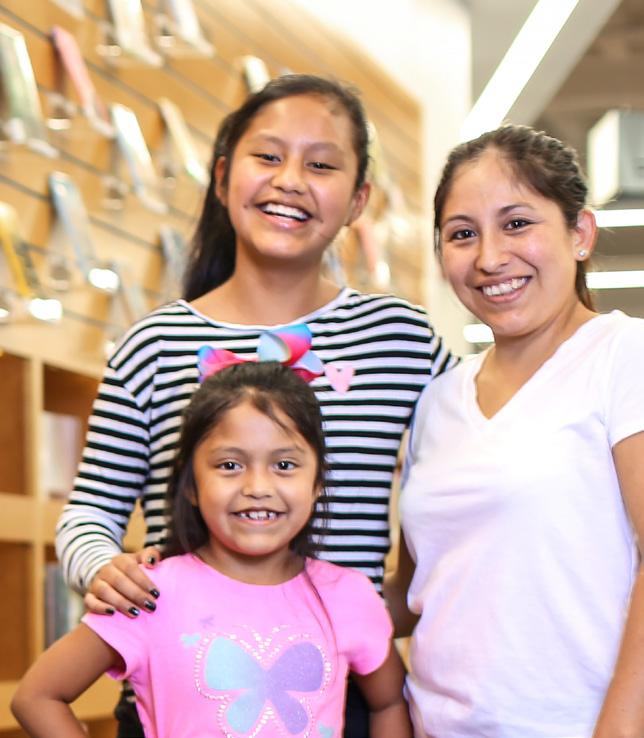

• To provide an historic record of Dayton Jewish life.
The Dayton Jewish Observer

'I've had a lot of fun designing these courses, and I'm just really hoping that the students can capture a little of that excitement themselves.'
Continued from Page Four left on its own.
At the end of my first Zoom interview, my two questions were, number one, you’re advertising for Hebrew Bible, not Old Testament, which for a Christian-heritage university is a little unusual. Tell me about that.
And they emphasized that yes, it was a very deliberate choice and that they are looking for this not as the Bible through the lens of Christianity, but as the Hebrew Bible in itself and then also its heritage and all the different religions that have drawn from it, but that they were serious about that.
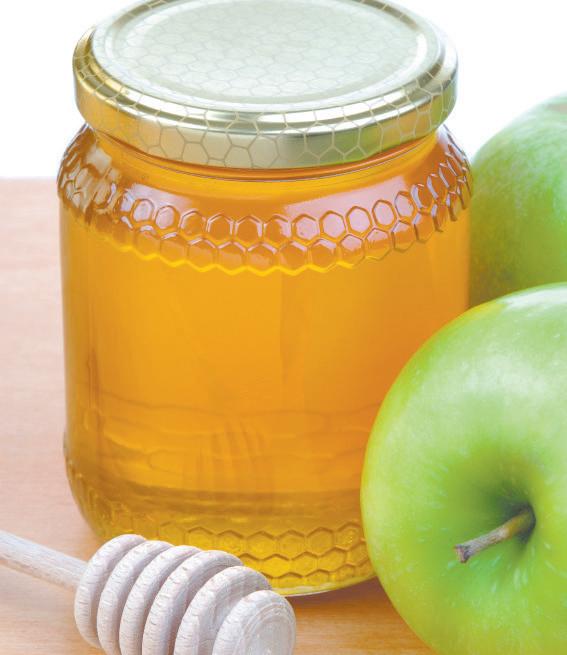
And my second question was, I do queer theory, I do gender theory. Is that going to be welcome at a Catholic university? And again, they were just overwhelmingly supportive. They were positive about that.
You're a member of the Association of Jewish Studies. Is it fairly common to have Judaic studies scholars who aren’t Jewish?

Certainly, the majority of people there are. Because if you’re getting into Jewish studies, you probably have a reason for it. But I’m also definitely not the only person there who isn’t strictly just Jewish.
What do you hope to accomplish in your role at UD?





The two things that I would love to see even more so, which is not to say there aren’t other faculty working on this, are number one, making sure that all students — Christian, Muslim, Jewish, gay, straight, trans, etc. — feel like they are welcome, not just at UD as the university, but specifically as people who are allowed to think about religion.
And simultaneously, especially with classes like The Pentateuch, I want students to feel a little bit of the love that I have for the Bible. And to see it as a text that captures so much of humanity in it. Of human struggles, and thoughts, and beauty, and fears. And something that has value to think about even if what it means to some of us today may be very different from what it meant to other people in the past. That there’s still value in reading it, in listening to it.
I’ve had a lot of fun designing these courses, and I’m just really hoping that the students can capture a little of that excitement themselves.
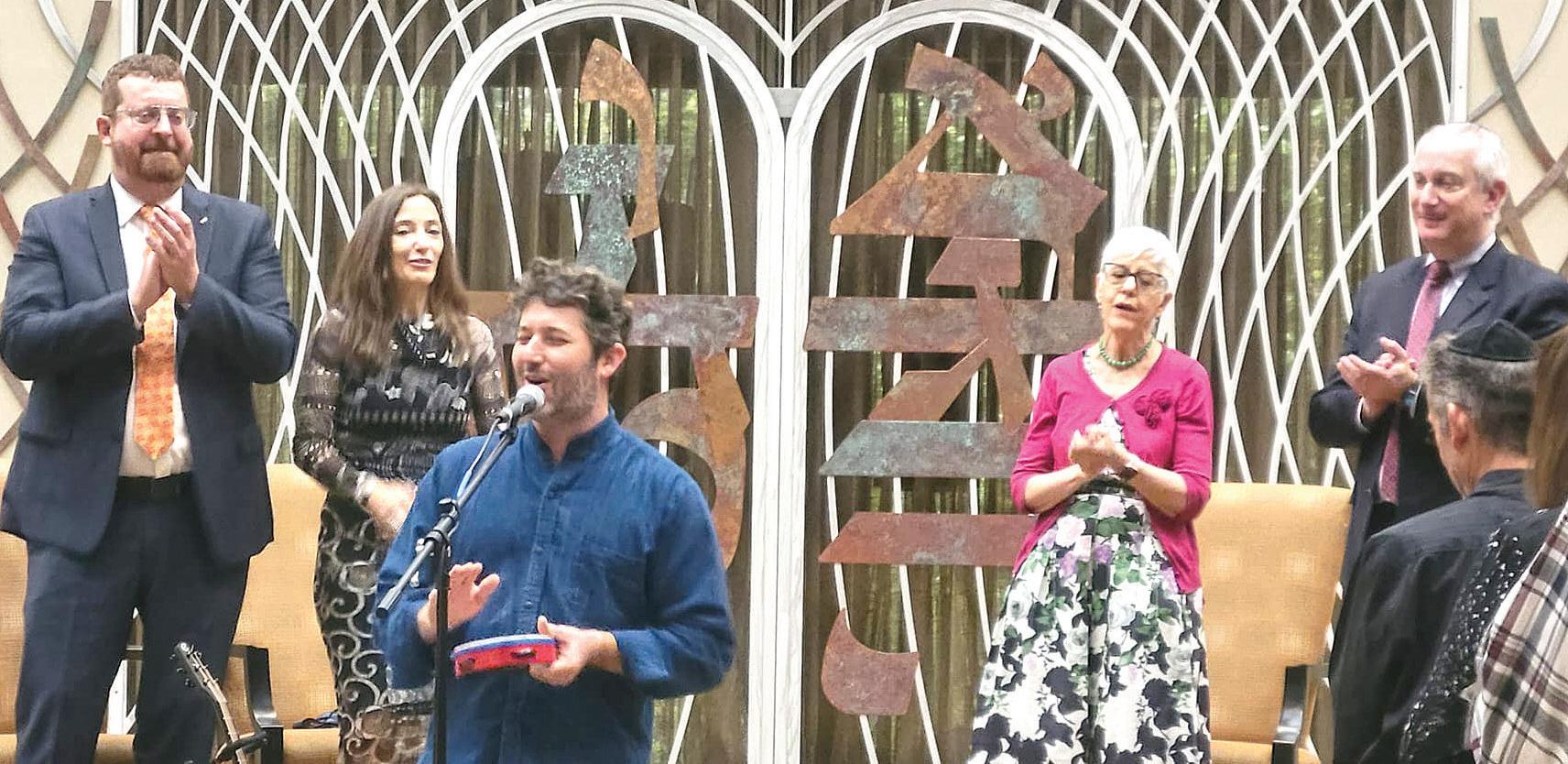
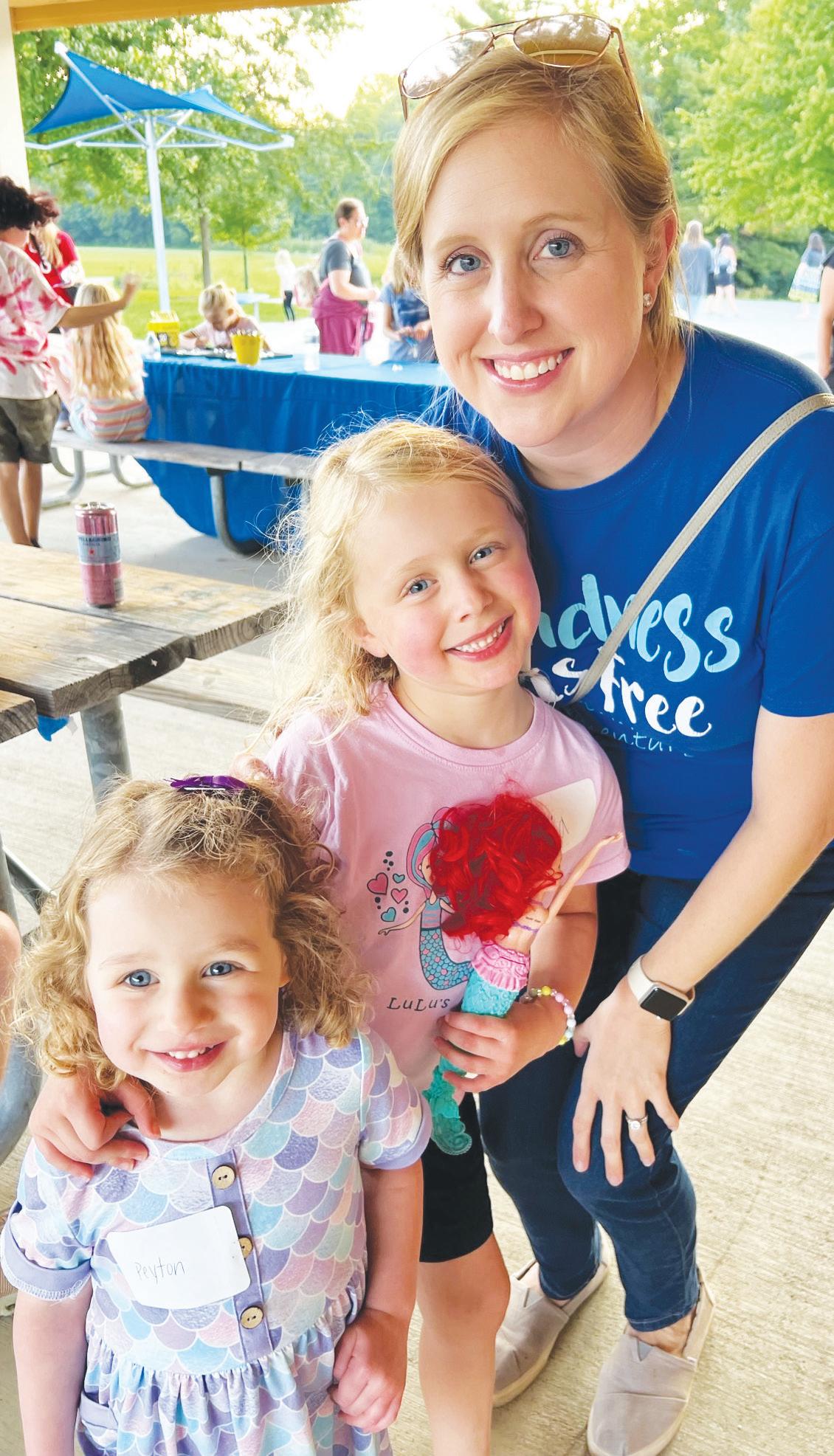

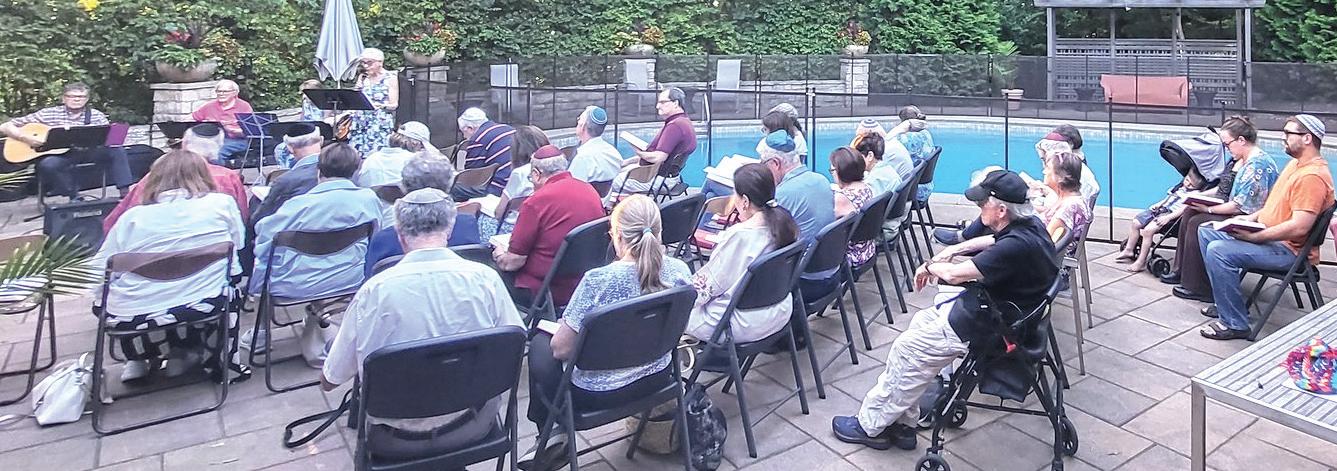




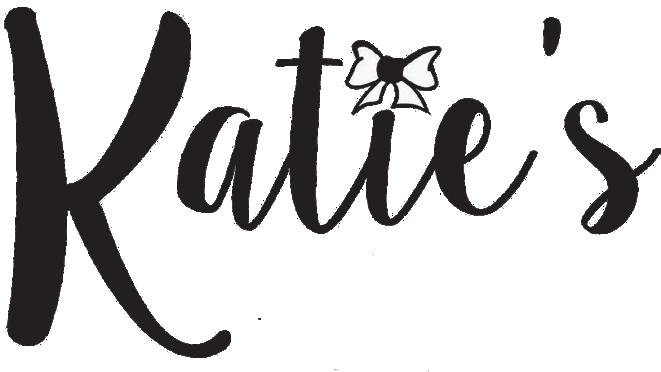
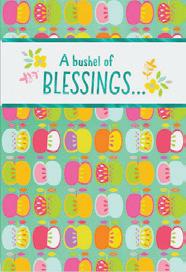
A Jewish couple has grounds to sue the Tennessee Department of Children’s Services after a state-funded adoption and foster care agency denied them services because they are Jewish, a Tennessee appeals court ruled Aug. 24.
The decision is the latest development in a long-running battle that began in 2021, when Elizabeth and Gabriel RutanRam turned to the Holston United Methodist Home for Children in Greenville, Tenn. for foster parent training.
The couple hoped to foster, and later adopt, a child.

According to a lawsuit the couple filed last year, the agency declined to work with them because they were Jewish.

A Tennessee state law passed in 2020 allows adoption agencies not to place children in homes that violate the agencies’ “religious or moral convictions or policies.”


The couple was open about being Jewish, with Gabriel Rutan-Ram telling JTA last year that “They would have seen the mezuzah on the door” as well as a painting of the Western Wall in the house.


The lawsuit, which the Rutan-Rams filed with the support of Americans United for Separation of Church and State, takes aim at the law, which was
principally intended to exempt agencies from working with same-sex couples.

But later last year, a threejudge panel dismissed their claims on technical grounds, as the Rutan-Rams have received state support in fostering a teenage girl, whom they are introducing to Jewish life.

The Aug. 24 ruling reverses that decision, with another three-judge panel ruling that the couple has the right to sue as prospective foster parents and as taxpayers, lacking access to the same services available to Christians.
Joining the Rutan-Rams in their lawsuit were six other

Tennessee taxpayers, four of them faith leaders, who objected to their tax dollars being used to fund religious discrimination in foster care.
The lawsuit itself will now be considered by a trial court in the state.
“Liz and Gabe Rutan-Ram suffered outrageous discrimination because they are Jewish,” Rachel Laser, president and CEO of Americans United said in a statement.
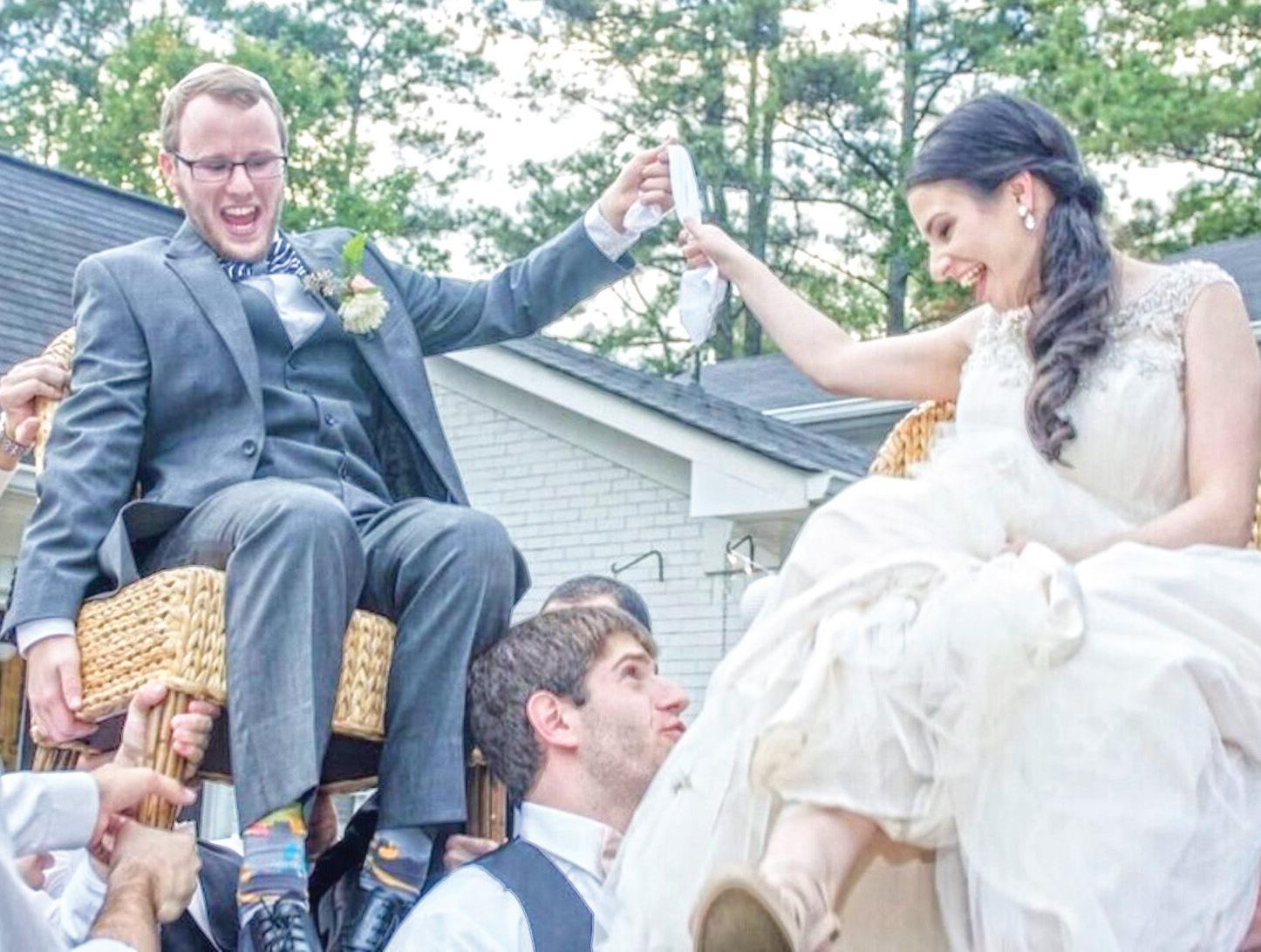
“This loving couple wanted to help a child in need, only to be told that they couldn’t get services from a taxpayerfunded agency because they’re the wrong religion.”



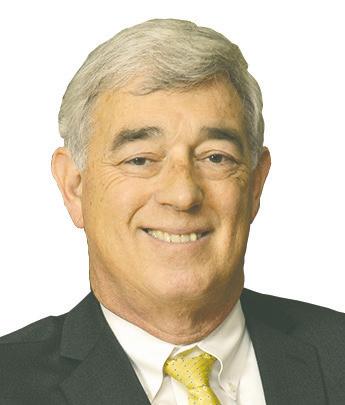

Despite growing pressure on the Conservative movement to allow its rabbis to preside at weddings between Jews and non-Jews, the ban will remain — for now.
Leaders from the Rabbinical Assembly’s standards committee, which makes policy recommendations for the movement, conveyed as much to rabbis on Aug. 23 in a closed webinar, a partial transcript of which was obtained by the Forward and verified by a rabbi who was on the call. Also left intact: the penalty of expulsion for rabbis who defy the 50-year-old prohibition.
But RA leaders also told rabbis on the call that it wants to help them lead productive conversations with interfaith couples prior to their weddings, even though they can’t officiate.
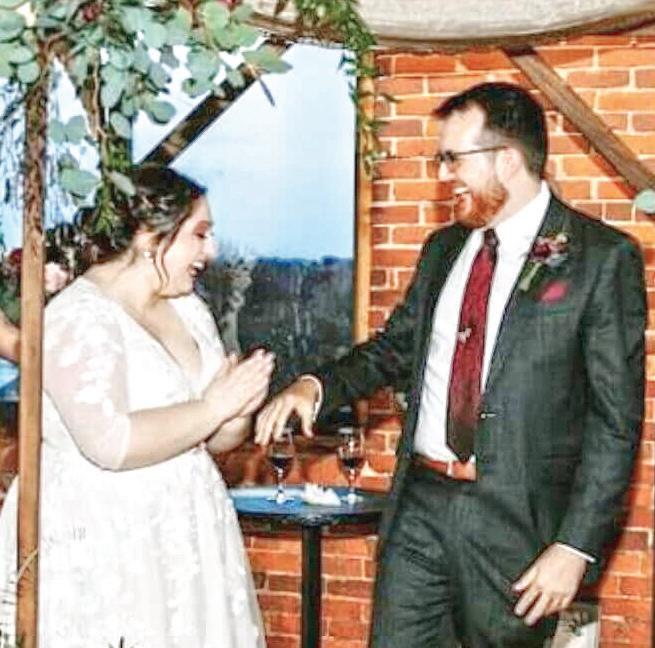

“Ultimately, we represent Jewish particularity, which means we might not necessarily in the end be the right



The wedding of Molly Kazin, who is Jewish, and Evan Marshall, who is not, in Holyoke, Mass., Nov. 20, 2021. Though Kazin grew up in a Conservative congregation, she assumed she could not get a rabbi in the movement to preside at her wedding, and found one through the group where she works, 18Doors, which supports relationships between Jews and non-Jews.
person, but at least we will have helped everyone be more thoughtful about who we are and what’s going on here,”
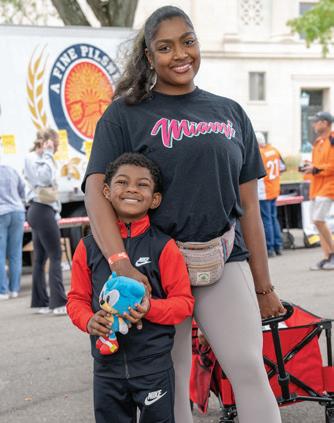
Rabbi Aaron Brusso, chair of the RA’s Standards Subcommittee, said in the webinar, according to the transcript.
On intermarriage, Conservative Judaism stands between Orthodoxy, where there is virtually no debate over the prohibition, and the Reform movement, the largest of the streams of Judaism, which has allowed rabbis to preside at intermarriages since the 1980s under certain conditions.


Representing 17% of American Jews overall, according to the 2020 Pew survey on American Jewry, membership in Conservative Judaism’s synagogues has shrunk markedly in recent decades.
Some view the persisting ban as a sign that its leaders are refusing to change with the times and recognize that a large majority of non-Orthodox Jews marry non-Jews. The movement permitted its rabbis to marry same-gender couples in 2012. “Today we reported out
learnings from our strategic planning process,” Brusso said in a statement following a second webinar with the same agenda held Aug. 24. “It’s been a really thoughtful, participatory process. I’m proud of how our colleagues are holding responsibility for seeing and appreciating every human being and representing the particularity of Jewish tradition.”
Rabbi Harold Kravitz, president of the RA, sent a statement after this story was initially published. “Our Standards Committee thoughtfully moves us from framing this issue in a stark binary manner of yes or no,” Kravitz wrote. “Our work as a Rabbinical Assembly continues with a deliberative process that affirms the importance of our relationships to each other and to those whom we engage.”
Rabbi Daniel Horwitz, who attended the webinar, said he was pleased to see that the movement was not rushing into any changes.
“They’ve given a lot of thought not only to the issue of whether this is the right thing for us to be doing, but also some general things about counseling couples,” said Horwitz, of Houston’s Congregation Beth Yeshurun.

Some in the Conservative movement believe permitting its rabbis to officiate interfaith weddings is inevitable, a notion the RA has pushed back against, even as several rabbis have publicly left the movement over the ban and some, despite it, are officiating at interfaith weddings. One rabbi told said earlier this year that his colleagues were doing so “under the radar left and right.”
But following the webinar, Horwitz felt reassured that the change would not be made anytime soon.
“I’m optimistic that it will not change not only in the short term, but in the long term,” he said.

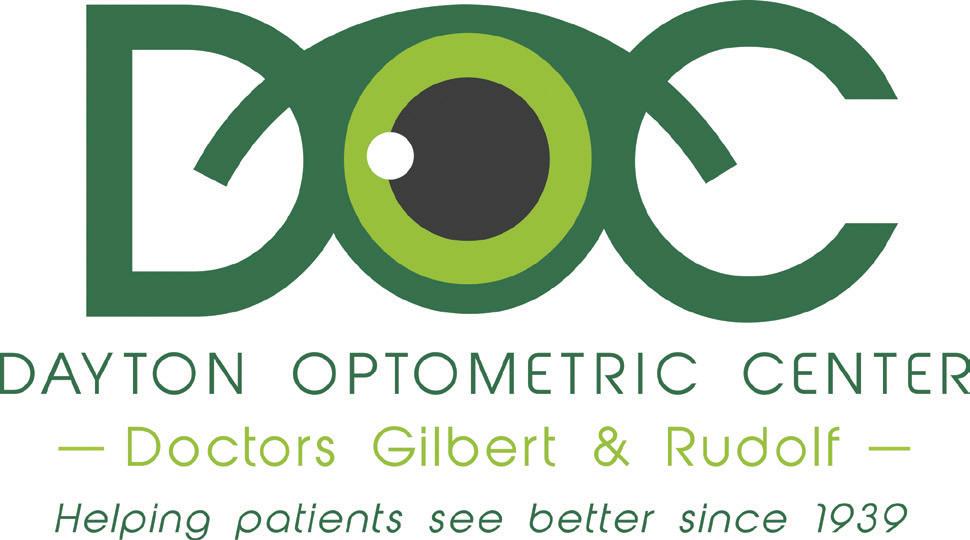
Rabbi Jacob Blumenthal, the chief executive of the RA, said this spring that the intermarriage question sits at the top of the RA’s agenda and will be addressed at its next convention, in November in St. Louis.
Within the RA, which has 1,600 members globally, the deep philosophical divide on the issue is also a demographic and geographic one, splitting younger clergy from their elders and liberal American rabbis from their more conservative counterparts in Israel and around the world, many of whom see allowing interfaith weddings as a threat to their legitimacy.
As the ranks of Conservative rabbis who favor lifting the ban have grown, with some rabbis openly defying it, Rabbi Bill Siemers, of Congregation Beth Israel in Bangor, Maine, has
used the standard, which was established in 1972, as a shield protecting him from officiating marriages he doesn’t think would be Jewishly valid.
He acknowledged, though, that the view was increasingly uncommon in the movement, and he was bracing himself for an official policy change. His younger colleagues and rabbinical students these days predominantly expect it to eventually be allowed — if not next week, then in a few years.
Any change in the rabbinate’s orientation on the issue would put him in an uncomfortable position next time he is asked to officiate an interfaith wedding.
“It’s going to redefine my reputation as a rabbi,” Siemers said, “and I’m going to have to deal with it.”
Dinsmore attorneys nationwide are driven by an unwavering commitment to empower our clients to accomplish their goals. We’re recognized for our dedication to client service in the communities we call home — like Dayton — because helping clients is at the center of everything we do.

The deep philosophical divide on the issue is also a demographic and geographic one
Rabbi Leibel Agar and Cantor Jonathan Cohen will be leading us in prayers for the High Holidays.
Beth Jacob Congregation invites and encourages the community to join us for Inspirational High Holiday Traditional services.



See our full holiday schedule at www.bethjacobcong.org


7020 North Main Street—Dayton, Ohio 45415 937-274-2149—www.bethjacobcong.org
Weekly podcast
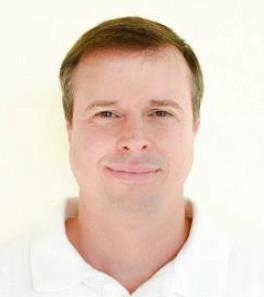
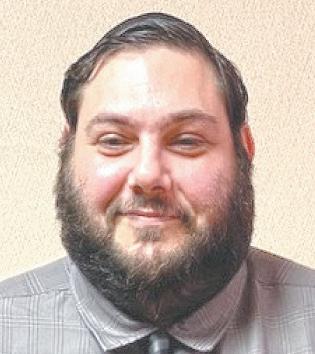
with The Dayton Jewish Observer’s Marshall Weiss
Search

What appears to have been the first-ever passenger flight between Saudi Arabia and Israel has taken place — even though the two countries have not yet established diplomatic relations.
An Air Seychelles flight to Tel Aviv made an emergency landing Aug. 28 in the port city of Jeddah, where passengers spent the night. On Aug. 29, they flew from there to Ben Gurion International Airport.
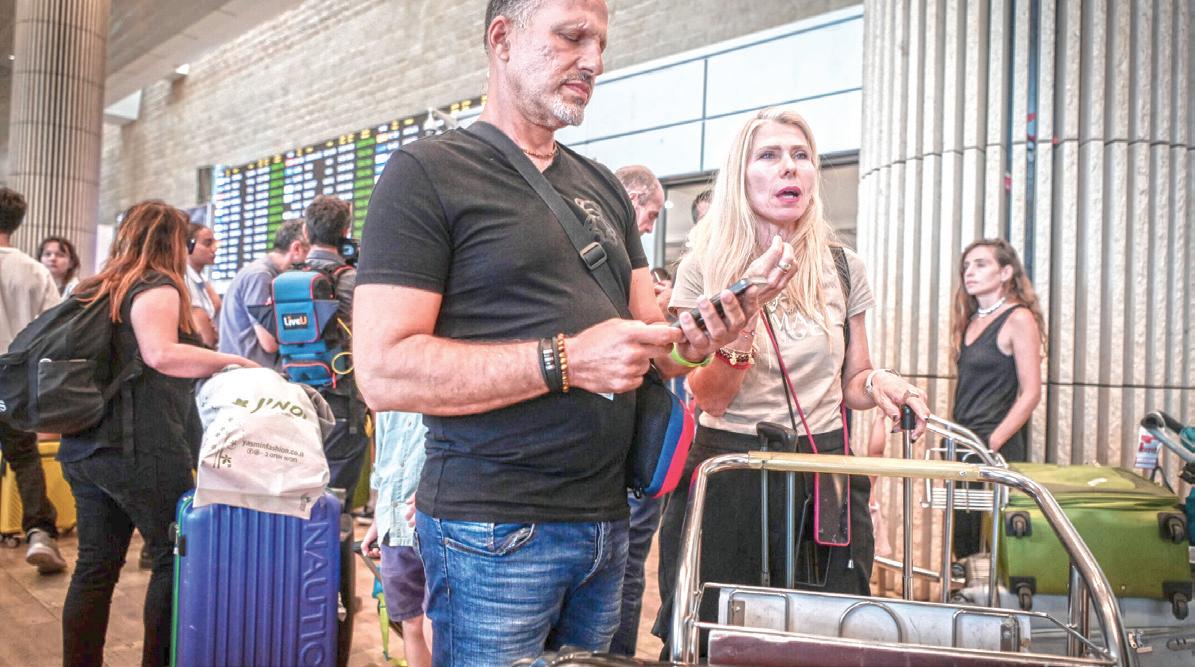
“I really appreciate the warm way in which the Saudi authorities treated the Israeli passengers,” Israeli Prime Minister Benjamin Netanyahu said in a statement. “I really appreciate the good neighborliness.”
The incident comes amid what are reported to be U.S.brokered talks to establish ties between the two countries. Saudi Arabia would become the fifth Arab country to normalize relations with Israel in
recent years, following the four deals known as the Abraham Accords that were struck in 2020.
Relations between the countries have been softening in recent years, and Saudi Arabia began allowing Israeli planes to pass through its airspace last year. Last week, Israelis participated in a global video
game competition in Riyadh, the Saudi capital, and reported having a positive experience. Because there are no direct flights between the countries, the Israeli competitors traveled through Dubai — a city they could not reach directly before the United Arab Emirates established ties with their country in 2020.



A Rhode Island judge has ruled in favor of a historic New York City synagogue that is seeking to remove the leadership of the congregation that meets at another historic synagogue building — Newport’s famed Touro Synagogue.
The ruling, issued Aug. 24, would evict the leadership of Congregation Jeshuat Israel, or CJI, which has been meeting at the Touro synagogue, America’s oldest, since the early 1900s.
Congregation Shearith Israel in New York City, also known as the Spanish and Portuguese Synagogue, owns the Touro building and has complained in recent years that CJI has failed to be a good steward of the site.
The two congregations have been in and out of court for at least a decade. CJI has been leasing the site for a symbolic $1 a year since the early 1900s.
Shearith Israel, the nation’s oldest Jewish congregation — it was established in Manhattan in the 17th century and has occupied several different buildings since — refused in 2021 to renew CJI’s lease and ordered the congregation to vacate the premises by Feb. 21, 2023.
In June, the dispute reached the courtroom of Superior Court Judge Maureen Keough. In a lengthy decision read from
the bench Aug. 24, Keough said she could find no reason to rule in favor of the tenants but stayed the eviction until September.
At that point, a hearing will take place to decide whether the congregation can remain in place while any appeals are underway, meaning that CJI is likely to remain in place at least through this year’s High Holidays, which begin on Sept. 15.
Louis Solomon, the parnas or president of Shearith Israel, welcomed the ruling.
“We’re committed to not only reviving the community but reviving the place Touro has in the hearts and minds of Jews all over America,” he said.
Michael Crane, an attorney for CJI, declined to comment.
Louise M. Teitz, CJI’s copresident, did not respond to a request for comment.
The arrangement between the two Orthodox congregations has been tense for over a decade, and boiled over in 2012 when CJI tried to sell a valuable set of Torah adornments from Touro’s inventory. In 2019, the U.S. Supreme Court effectively confirmed the New York synagogue’s ownership of the building and its pricey artifacts by declining to take up a challenge to its claims.
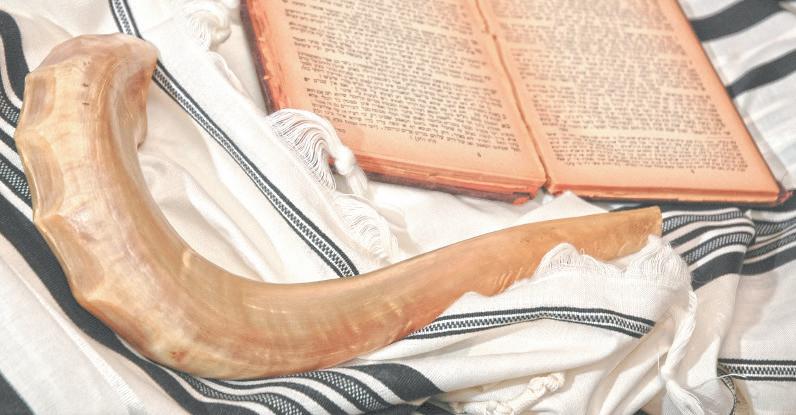
During the latest trial, Teitz noted the lengthy tenancy of CJI, saying its leadership had long maintained the integrity
of the building and grounds, and had hired its rabbis.
“This is the only building that we have worshiped in for almost 140 years, and it is our, I guess I would call it our spiritual home, and we have provided services and a fulltime rabbi who is there 24-7,” Teitz, a law professor at Roger Williams Law School and an adjunct law professor at NYU Law School, said in court on June 29. “I think all of us think of in a way as synonymous with the congregation because we have preserved and nurtured and cared for the build-
ing for so long.”
In turn, Shearith Israel has said that the congregation has not been forthright about the millions of dollars it would need to repair the building, which was built between 1759 and 1763. The New York synagogue also objected to decisions made by the CJI board, which included erecting a gravestone at Touro’s historic cemetery for a still-living donor without the New York synagogue’s knowledge.
Services at CJI are currently led by an interim rabbi, Stephen Belsky. According to


Solomon, Shearith Israel has been in conversation with another congregation in Newport, Ahavas Israel, that is interested in holding services at Touro. Ahavas Israel was incorporated as a Rhode Island nonprofit corporation on April 4, 2023, and, according to a website called Jewish Newport, is not currently holding services.
The fight between the New York and Newport congregations stands in sharp contrast to the historical concord that the Touro Synagogue represents.
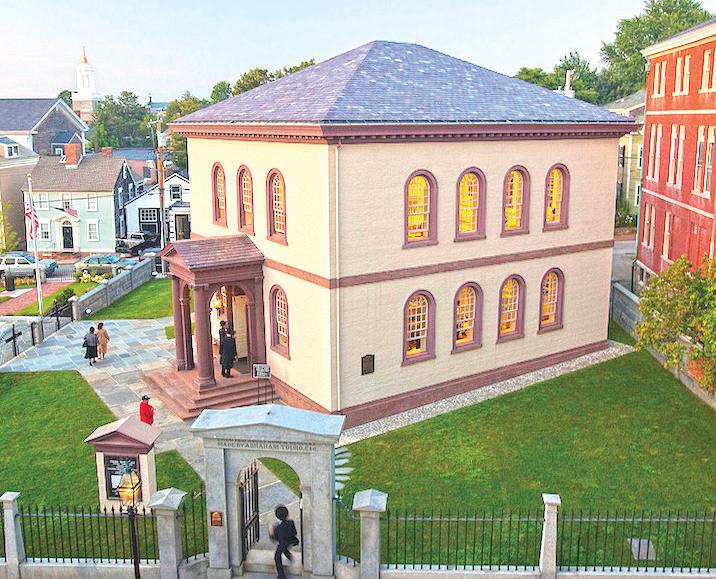
After a visit to Newport in 1790, President George Washington wrote a letter to the congregation that is considered a landmark statement of religious freedom and tolerance.
In a previous statement to JTA, Teitz wrote on behalf of her board that she was “devastated that our Congregation has become the target of a shameful power grab by another Jewish congregation that over the years has not provided us or Touro any meaningful support at all. We condemn this destructive attack on our congregation and displacement of our community, and call upon Shearith Israel to let Jeshuat Israel live and pray in peace.”
In statements from the bench, Keough regretted that the two congregations had not solved their differences in mediation.
“If there was ever a case that cried out for mediation, based on what I’ve read it’s this one. It’s clear to me how passionate everyone is about this,” Keough said, according to the Providence Journal. Going to trial, she said, “should be a last resort. I’m sad we’ve gotten here.”
Solomon said Shearith Israel is excited about the future of Touro under a new board of overseers that it would appoint. He said current members of CJI would be welcome to join the congregation.
“We have 15 things that we want to program. We want to have scholars there. We want people to come up for the summers there,” he said. “I think it’s a time to heal and a time to grow."
The ruling is a major development in a legal saga that's stretched for more than a decade.Touro Synagogue in Newport, R.I. Cong. Jeshuat Israel, Touro Synagogue Found., George Washington Institute for Religious Freedom
when war broke out on Oct. 6, 1973 — Yom Kippur, the holiest day of the Jewish calendar — and his mother took him to a bomb shelter while his father headed to the front.
By Shira Li Bartov, JTA
Golda Meir, the first and so far only woman prime minister of Israel, is a figure as shrouded in mythology as she is veiled by plumes of cigarette smoke in Golda, a new political drama starring Helen Mirren.
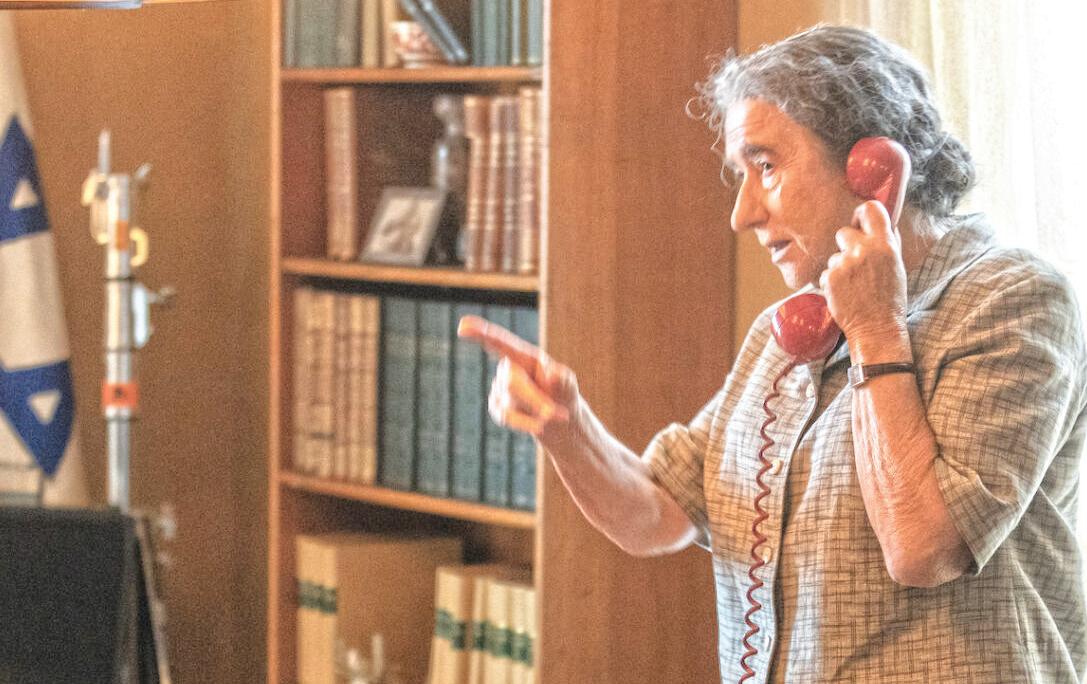
Meir has been called Israel’s “Iron Lady,” alternately lionized as a founder of the state, scorned for her dismissive statements about Palestinians and, most notoriously, held responsible for Israel being caught by surprise at the outbreak of the bloody Yom Kippur War of 1973.
The film recreates Meir’s experience during the 19 days of that war, which would indelibly mark both her legacy and the Israeli consciousness.
Golda is directed by Israeli filmmaker Guy Nattiv, who won an Oscar for his 2018 short film Skin Generations of Israelis, including many who fought in 1973, have blamed Meir for a traumatizing war. But Nattiv offers a different portrait, building on recently declassified wartime documents that reveal how she was disastrously misinformed by her complacent military commanders.
He presents Meir as a steely, ruthless yet vulnerable woman, tortured by guilt and motivated by the belief that she was defending her country from extinction.
“She was the scapegoat of the war,” Nattiv told JTA. “The notion was that she was the only person responsible for this debacle, this failure, and it wasn’t true.”
Nattiv himself was 4 months old
In a colossal intelligence failure, Israel was surprised by a two-front attack from Egypt and Syria, which sought to regain territories they lost in 1967.
Many Israelis were overconfident after their young country’s swift victory over three Arab armies in the 1967 SixDay War.
But in the first 24 hours of the Yom Kippur War, thinly manned Israeli positions were overwhelmed along the Suez Canal in the southwest and the Golan Heights in the northeast.
Eventually, Israel won a costly victory: 2,656 Israeli soldiers were killed and 12,000 injured, a heavy toll for a small state.
The Arab forces saw 8,258 killed and nearly 20,000 wounded. The national trauma of 1973 turned the public against Meir, previously admired for her long political career that included being a founder of Israel’s Labor Party and raising $50 million from Jewish Americans for the establishment of an Israeli state.
Golda frames Meir’s experiences as flashbacks during her testimony to the Agranat Commission of Inquiry, which investigated Israel’s military failings leading up to the war. Although the commission cleared her of wrongdoing, she decided to resign. Four years later, after secretly battling lymphoma for 15 years, Meir died at 80 years old.
Nattiv sought to humanize her with a focus on the isolated, agonizing days of war taking place in the twilight of her life, spent in between war rooms and hospital beds.
Continued on Page 14
50 years later, biopic Golda aims to rehabilitate her image.Heather Smith Israeli director Guy Nattiv
Traditionhas given Judaism a continuity with its past and continues to preserve its character as a unique faith with a distinct way of life. Through the celebration of our holidays with family, loved ones, familiar foods and tunes year after year, Jewish traditions highlight the importance of family ties.
As we celebrate the High Holy Days of Rosh Hashanah and Yom Kippur, they are also the perfect time to reflect on the people missing at your table and in your congregation, to preserve all your memories, and begin to create connections for your family’s future generations.
On behalf of the Board of Directors of the Jewish Cemeteries of Greater Dayton, we wish you a Shana Tova U’metukah
May you have a good and sweeet year.
Jewish Cemeteries of Greater Dayton is an endowment organization created to maintain our three Jewish cemeteries in perpetuity. Please join us as we strive to maintain the sanctity, care, and integrity of these sacred burial grounds. daytonjewishcemeteries.org

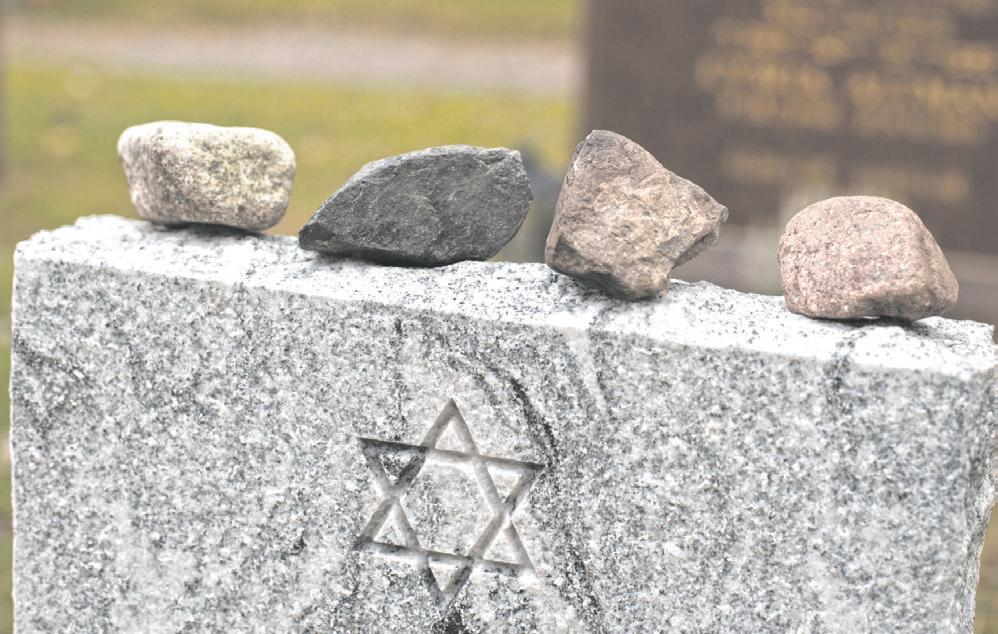
Continued from Page 13
“I wanted to show the most pivotal moment in her life and in this country’s life, this junction that shaped her whole image, while she was sick and had to make difficult decisions,” said Nattiv. “I wanted to tell her story through loneliness.”
Nattiv also shows Meir in the place where her political edge converged with a tender instinct: her intimate home kitchen. Like the real Meir, Mirren’s version cooks for the select group of advisors who enter her home. The prime minister was known for serving cheesecake and apple strudel to her powerful guests on Shabbat evenings, accompanied by consultations and debates around the table. The practice became known as "Golda’s Little Kitchen” or her “Kitchen Cabinet.”
Among Meir’s kitchen guests was then-U.S. Secretary of State Henry Kissinger, played in the film by Liev Schreiber. Nattiv recreates the tense conversations in which Meir pressured Kissinger to send aid for the Israeli army, whose reserve ammunition was rapidly exhausted in the early shock of the war.
The United States, at first hesitant to lose its own access to oil from Arab countries, agreed to send weapons and aircraft to Israel when the Soviet Union began resupplying Egypt and Syria, drawing the Yom Kippur War into the Cold War.
In the film, Kissinger tells Meir that he is an American first, secretary of state second, and only third a Jew. Meir replies, “You forget in Israel we read from right to left.”
This quote was taken directly from history: The 100-year-old former diplomat has long publicly recounted Meir delivering the line. He has not publicly said whether the coercion came with a bowl of borscht and a dollop of Holocaust guilt, as shown in the film.
While Meir was tough with her allies and brutal to her adversaries, Golda portrays the prime minister as a victim of her own advisors in the film. She is shown taking the fall for the egregious errors of her military leaders — in particular Chief of Military Intelligence Eli Zeira and Defense Minister Moshe Dayan — to protect the public’s faith in its army.
Documents declassified in 2020 showed that Zeira ignored intelligence warnings that Cairo and Damascus were poised to attack, withholding the communications from the government in his belief that the chance of imminent war was “lower than low.”
Meanwhile, Dayan objected to fully mobilizing troops in the hours before the war, according to his testimony to the Agranat Commission, which was declassified in 2008.
Golda does not address the widely leveled criticism that Meir could have avoided war altogether. For months preceding the attacks, Egyptian President Anwar Sadat made repeated overtures for a peace settlement if Israel agreed to return the Sinai Peninsula, which it seized during the Six-Day War. He was rebuffed.
Documents released in 2013 showed that Meir did offer to discuss ceding “most of the Sinai,” but since she was not willing to return completely to the pre1967 borders, Egypt rejected the talks.
In back-channel communications with Kissinger, Meir vowed to prevent any peace initiative that required recognizing Egyptian sovereignty over the Sinai, according to Israeli historian Yigal Kipnis, author of the 2012 book 1973: The Road to War
As a result of the bitter war, Israel and Egypt signed
Golda does not address the widely leveled criticism that Meir could have avoided war altogether.
a disengagement agreement in January 1974. In 1979, following U.S.-brokered negotiations at Camp David, Sadat and Israeli Prime Minister Menachem Begin signed a peace treaty. Egypt became the first Arab state to officially recognize Israel, and Israel withdrew fully from the Sinai Peninsula.
Nattiv credits the ensuing peace to Meir, with a title card at the end of the film reading, “Her legacy of saving her country from annihilation leading to peace serves as her memorial.”
But critics such as Kipnis have argued that peace might have been achieved sooner
with negotiations before the conflict that, he has suggested, could be called the “unnecessary war.”

Meir will always be a controversial figure in Israel, said Nattiv. Whatever judgment the audience makes of her, he believes it is important for Israeli audiences to absorb how lead-
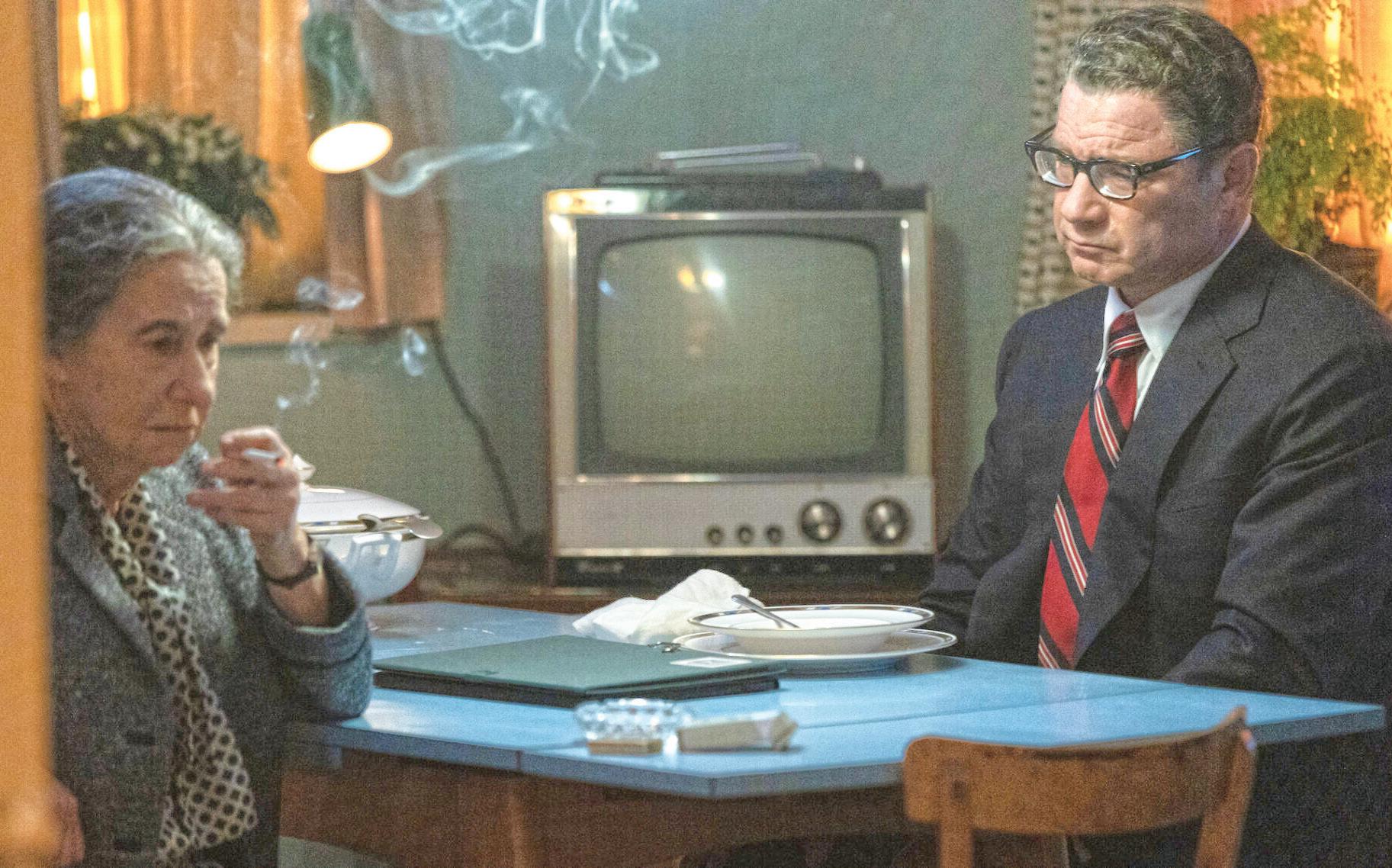
ership blinded by hubris and power can poison a society.

He referenced the current political crisis in Israel, in which Prime Benjamin Netanyahu’s efforts to weaken the Israeli Supreme Court have triggered mass protests that
have been ongoing since January.
“It’s kind of crazy that today we see the Yom Kippur of democracy in Israel,” said Nattiv. “The blindness again, the same debacle that happened in 1973 is returning now.”
THURSDAY, OCTOBER 19, 7PM
Opening Night
The CJCE, 525 Versailles Dr., Centerville 6PM Animal Services Resource Fair
Cost: $5 + Pet food, cat litter, or animal treats for donation
Karen Fine, The Other Family Doctor
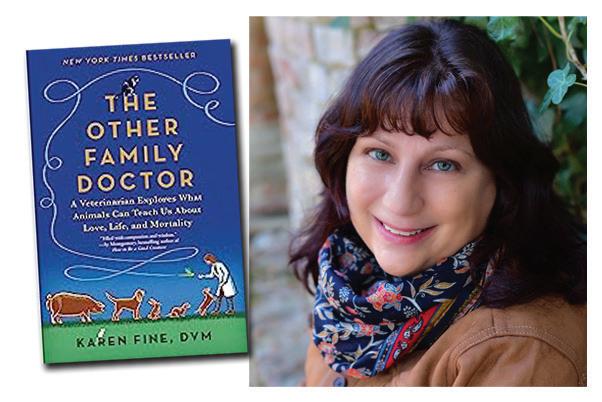
SUNDAY, OCTOBER 29, 2:30PM
University of Dayton - Science Center 114 300 College Park Ave., Dayton
In partnership with the University of Dayton Department of Communication
Cost: $7
No Cost for Students with valid ID
Martin Fletcher, Teachers: The Ones I Can’t Forget
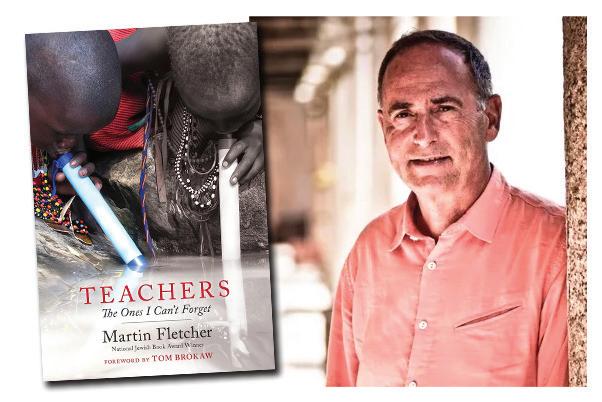
SUNDAY, NOVEMBER 5, 7PM
The CJCE, 525 Versailles Dr., Centerville
In partnership with PJ Library & PJ Our Way No Cost
Family Resource Night Special Event: Adventures in Parenting, The Blessing of a Skinned Knee, The Blessing of a B Minus
SUNDAY, NOVEMBER 12, 5PM
Chabad, 2001 Far Hills Ave., Oakwood
In partnership with Chabad Women’s Circle. Featuring Dinner and a Cooking Demonstration
Cost: $36
Chanie Apfelbaum, Totally Kosher
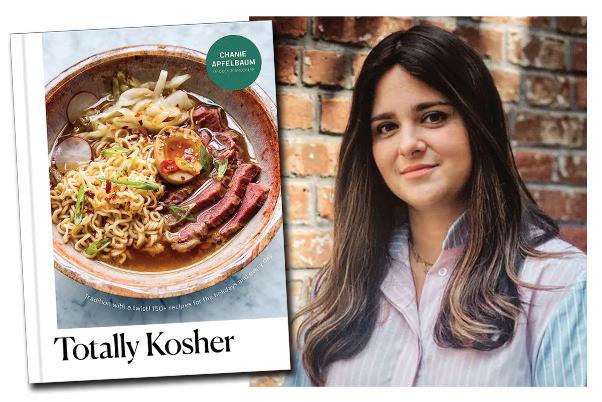
THURSDAY, NOVEMBER 30, 7PM
Via Zoom No Cost
Gioia Diliberto, Coco at the Ritz

THURSDAY, JANUARY 11, 2024, 7PM
Livestream @ Woodbourne Library, 6060 Far Hills Ave., Centerville
In partnership with Washington-Centerville Public Library No Cost

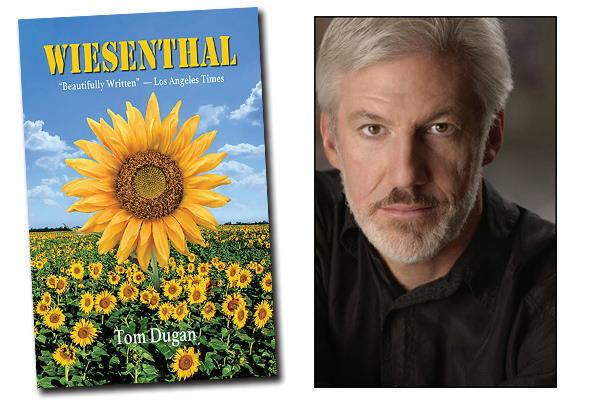

David Abromowitz, The Foxtail Legacy
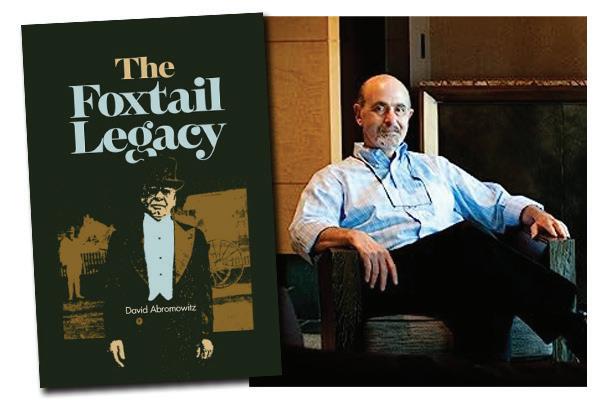
THURSDAY, JANUARY 25, 2024, 7PM Via Zoom No Cost
Benyamin Cohen, The Einstein E ect
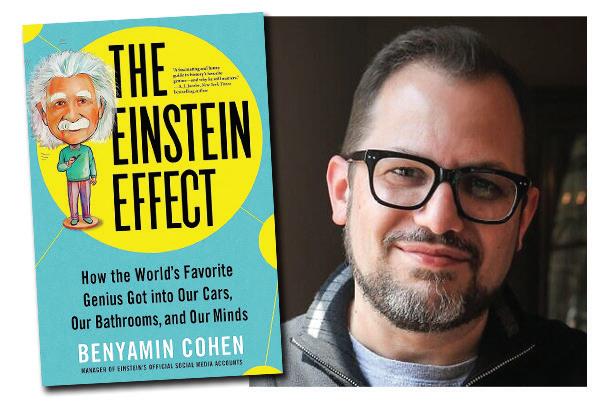
THURSDAY, FEBRUARY 8, 2024, 7PM
Livestream @ Wright Memorial Public Library, 1776 Far Hills Ave., Oakwood
In partnership with Wright Memorial Public Library No Cost
Natasha Rogo , The Muppets in Moscow
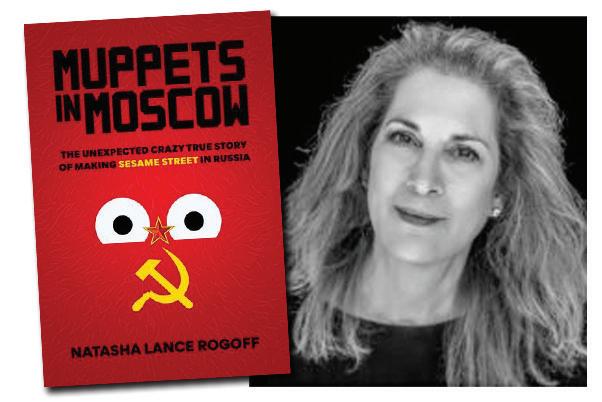
THURSDAY, FEBRUARY 22, 2024, 7PM Via Zoom No Cost
Rabbi Diana Fersko, We Need to Talk About Antisemitism
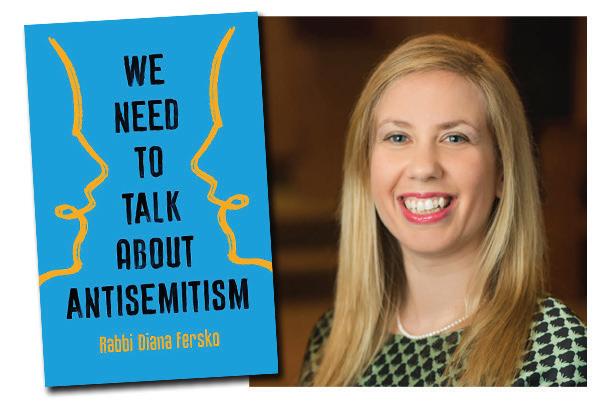
SPRING SERIES
THURSDAY, MARCH 7, 2024, 6PM
Livestream @ Beth Abraham Synagogue 305 Sugar Camp Circle, Oakwood
In partnership with Beth Abraham Synagogue. Featuring the Author’s Appetizers, Salads, and Desserts
Cost: $18
Benedetta Guetta, Cooking Alla Giudia

SUNDAY, MARCH 10, 2024, 4PM Via Zoom
In partnership with JCC Book Club No Cost

Jonathan Freedland, The Escape Artist
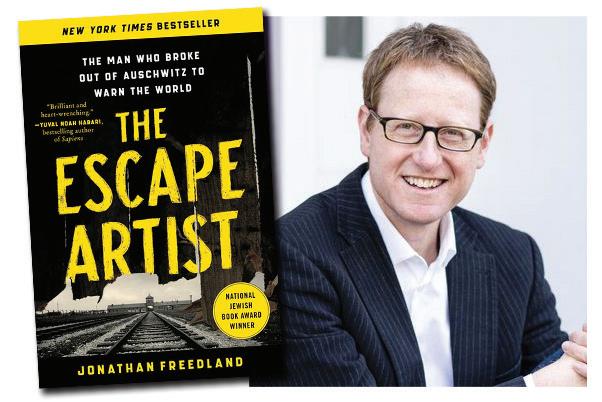
SUNDAY, MARCH 17, 2024, 2:30PM Dayton Metro Library, 215 E. 3rd St., Dayton
In Partnership with the Dayton Metro Library No Cost
Tom Dugan, Wiesenthal
THURSDAY, MARCH 28, 2024, 7PM Via Zoom
In partnership with Hadassah No Cost
Rick Richman, And None Shall Make Them Afraid

SUNDAY, APRIL 14, 2024, 5PM
Closing Night
The CJCE, 525 Versailles Dr., Centerville
Featuring a Ball Park Supper
Cost: $10
Joe Posnanski, Why We Love Baseball

Early in August, the small Jewish community in the British city of York celebrated the arrival of a new rabbi, its first since the city’s Jewish community was nearly wiped out in a pogrom in 1190. Or so they thought.
Just weeks after the new rabbi, Elisheva Salamo, arrived in the city, a team of researchers discovered that Jews in York rebuilt their community in the decades after the pogrom — though they still faced antisemitism in the years leading up to the expulsion of Jews from England in 1290.
In findings just published, a team of researchers from the University of York have found the location of the city’s first synagogue, and discovered how, in the years after 1190, leading figures from the Jewish community cooperated with local church leadership in purchasing a stone building that became the city’s Guildhall, which functioned at the time as a civic center.
“The amount of new information that has been uncovered by the team is truly inspiring,” Howard Duckworth, warden of the York Synagogue, said in a statement. “We have discovered a totally new history of Jews in York, which for many years has been overshadowed by the massacre at Clifford’s Tower. This research is so much more, a real history anyone can relate to. When you walk through York now, you see York with totally different eyes.”
The researchers were part of a project called StreetLife York, which hopes to “revitalize and diversify” the city’s main street, called Coney Street, in part by learning about its more than 1,000year history. The researchers focused on Jews who lived on Coney Street during the 1200s.
“The massacre of York’s Jews in 1190 has overshadowed the fact that from the 1210s onwards there was once more a thriving Jewish community living and working in the city in mostly harmonious relations with their Christian neighbors,” read an announcement from the university. It added that “the chief Jewish citizens of the city were also some of the most important figures in England.”
In the 1190 massacre, which occurred on the Shabbat before Passover, the Jews of York sought refuge in a tower in the king’s castle as antisemitic rioters intended to forcibly convert them to Christianity or kill them. The city’s Jews chose to kill themselves rather than convert, and approximately 150 people are

Wed., September 13 | 5:00-8:00pm
One-stop shop for all your holiday needs. Rosh Hashana foods, apple, and local raw honey, candles decor, and more
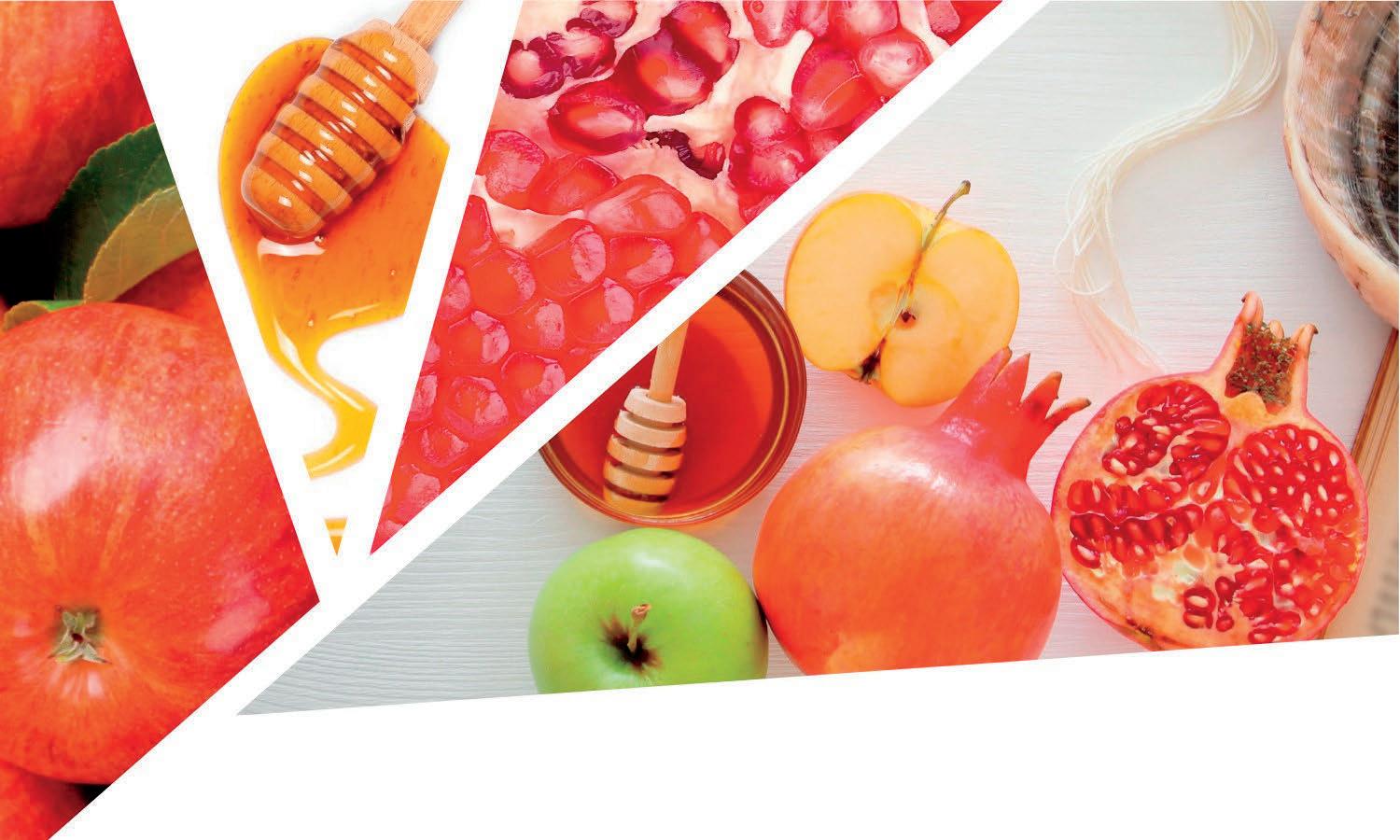
estimated to have died in the pogrom.
Basing their designs on surviving medieval houses in York, the researchers digitally reconstructed the homes of prominent Jewish leaders of York following the massacre — including an uncle-and-nephew pair, Leo Episcopus and Aaron of York; Aaron’s wife Henna, and his nephew Josce le Jovene. The researchers also found the exact locations of homes of the two leading members of the Jewish community that existed prior to the pogrom in 1190.
They also found that the community’s first synagogue was located on the back plot of Aaron of York’s house. Leo and Aaron served as representatives of the whole Jewish community of England, and for a time, Aaron was considered the richest man in the country.
The digital reconstruction found that although the synagogue was close to a church, there was no evidence of direct conflict between the two religious communities. But the synagogue, and others in the country, did face discrimination from the king. A 1253 royal statute proclaimed, “In their synagogues the Jews should all subdue their voices when performing their ritual offices, so that Christians shall not hear them.”
Jews were persecuted in other ways as well. In 1279, Josce le Jovene, a moneylender, and his son who was also named Aaron, were “hanged for felony,” though their crimes were not specified, according to researchers.
“During this period hundreds of Jews were being rounded up and apprehended at the Tower of London on the charge of ‘coin clipping’ — namely trimming bits of silver from coins to create new money,” the research project says. “While some Jews managed to escape by paying hefty fines or converting to Christianity, many faced severe sentences, including death.”
In 1290, Jews were officially expelled from England. They were not permitted to return to England until 1656.
Friday, September 15 | 7:00pm
Start the new year with a traditional Rosh Hashanah dinner of apples and honey round Challot, and a full four-course Yom Tov meal Cost $25/Adult $10/Child
Shabbat, September 16
Sunday, September 17
Morning Prayer 9:00am
Children’s Program 10:30am Shofar Blowing (only Sun.): 11:15am
Sunday, September 24
Kol Nidrei 7:15pm
Monday, September 25
Morning Prayer 9:00am
Children s Program 10:30am Yizkor 11:00am Neilah 7:00pm
Sun. Sept. 17 & Mon. Sept. 25 | 10:30am - 12:00pm
Learn the structure of the High Holiday prayers and their meaning, hear the shofar and leave with a new appreciation and understanding of our prayer and ourselves.
The new biopic Golda focuses on the few terrible weeks late in Golda Meir’s life that would in some ways seal her legacy. On Yom Kippur 1973, Egypt and Syria led a sneak attack on Israel that, in its stealth and fury, erased the euphoria that followed Israel’s lightning victory six years earlier in the Six-Day War.
The public blamed Meir for Israel’s lack of preparation; she resigned in 1974 and her reputation, particularly in Israel, has never really recovered.
For Meir’s defenders, her legacy has often been obscured by misogyny and condescension. Biographers like Francine Klagsbrun, in 2017’s Lioness, and Deborah Lipstadt, whose Golda Meir: Israel’s Matriarch was published in August, argue for a fuller, more generous assessment of Meir. They recall a Zionist pioneer who helped shape public opinion about the nascent Jewish state in the United States and ignited American Jewish fundraising for its cause; a Labor Zionist activist who helped establish the Israeli welfare state that sustained the country and its waves of immigrants through the 1980s, and a foreign minister who, over a decade, forged important alliances with the French, the United Nations and, most importantly, the United States.
In The Only Woman in the Room: Golda Meir and Her Path to Power, which came out late last year, Pnina Lahav picks up on these themes and develops another: How Meir, adamant in not calling herself a feminist, nevertheless refused to be defined by the traditional roles set out for her and instead forged a path for other women in politics.
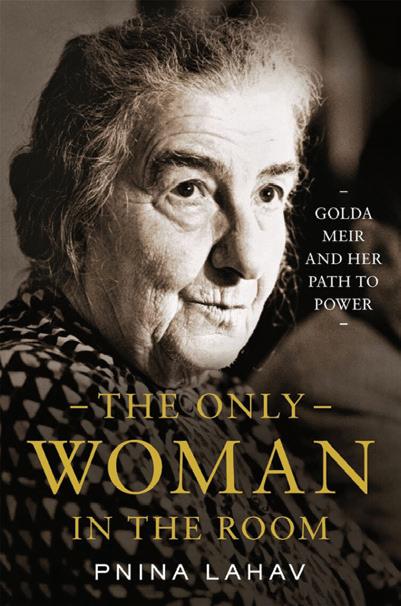
Lahav, born in Israel, is an emerita professor of law and a member of the Elie Wiesel Center for Judaic Studies at Boston University. We spoke about the ways Meir has been underestimated.
Your book asks us to consider the ways Golda Meir succeeded as a woman in a man’s world, but also asks that we judge her by the standards of Israel’s other male leaders, both in her accomplishments and in her flaws. What did you discover in your research that may have changed your perception, or the public’s perception, of her as a leader?
As I learned about her decision-making, the way she conducted foreign affairs, I came to respect her more and more. I did not expect to see a very savvy, very experienced and caring person as I saw at the end.
I wanted to give (the book) as a gift to the Israeli people, particularly to Israeli women, to say to them that we also have great leaders. It’s not only Moshe Dayan and David Ben-Gurion. Golda was a great leader. She understood exactly what was going on. She was capable of making important policy. She had a very good relationship with the American administration, and we should be very proud of her rather than putting her down. Israelis have a tendency to look down and underestimate her as someone who was not really up to the job. I think it’s a big, big mistake.
She grew up in Milwaukee, but was born in Kyiv when Jews were experiencing persecution and pogroms. How much did that shape who she became?
I think very little. Before coming to America, she was a little girl. She was not subjected to a pogrom. Let’s not forget, she used the pogrom as a PR piece. She used it to extol the significance of Zionism: “Outside of Israel we are subjected to pogroms, inside we are protected.”
To what degree did she create the image of Israel in the minds of American Jews?
She’s the one who laid the foundation for a very strong relationship with the American government and the American people. One of the reasons for this was that she was an American. She knew how to speak to them. It’s not only the language but the body language, the culture. Other leaders who grew up in Germany, or Holland, or even in England did not understand the American instinct in the same way. She always kept her Midwestern accent. And that was very important because it communicated an affinity with the United States.
Golda graduated from a school for teachers in Milwaukee, but all of her education in statecraft and foreign policy was on-the-job training. What were her strengths in becoming a spokesperson and diplomat?
As I did the research, it was interesting to me how attentive she was to other views. She was always willing to consult, always willing to listen. She didn’t always accept your advice, but she always took it into consideration.
I would also say that the men that she befriended, such as David Remez (Israel’s first Minister of Transportation), who was her lover for many years, also influenced her in terms of foreign affairs. They were very, very experienced and educated people. And she relied on them to learn and to expand her views. She knew how to choose her friends, like Zalman Shazar, who eventually became president of Israel. These were the people that she socialized with and associated with. She didn’t go to school. So she basically absorbed information and analysis from the people that she was socializing with.
Golda was 70 when she became prime minister in 1969, and 75 when she resigned in the wake of the near-debacle of the Yom Kippur War. But you, like others, argue for a more complete portrait of what she accomplished as a leader before and after the establishment of the state.
I’m afraid many people today in Israel forget Golda, and many people remember Golda negatively, because of the Yom Kippur War, which they tend to blame her for. It’s not entirely fair. There was a lot of bias against Golda over time, and the reason is basically misogyny: People did not like the idea that they had a female leader, especially in wartime. She also had a lot of enemies in Israeli politics. So people like, for example, Shimon Peres — they did not like her. They were spreading a lot of information about her that was very negative. She had to fight a lot of negative press. I remember myself as a student, that we didn’t really
think much of her. It’s only slowly that a younger generation like ours began to value her contributions.
But at the same time, if you look at public opinion polls at the time, you see that the Israeli public was very supportive and very, very positive about her leadership.
Golda’s greatest contribution was in foreign affairs. She came to fame in the 1950s as minister of foreign affairs, and she gained a lot of experience, which she then put to good use later as a prime minister. People saw that she had a very good relationship with the American administration, which was the thing that really counted in Israel. She knew the Nixon administration very well. She had a very good relationship with (then Secretary of State) Henry Kissinger. They did not always see eye to eye, but they had good relationships. They could speak to each other. They would try to persuade each other.
What led to the negative impressions of her during and after the om Kippur War? Did you find anything to show she may not have deserved that kind of criticism?
First of all, before the war, Israelis were on top of the world, and she essentially made the same miscalculation. She announced many, many times before the war, when elections were being held at the same time, that “we never had it so good." And suddenly, we found ourselves attacked by Egypt and Syria, and the feeling that we were going to lose that war was very strong, very deep. The change from the sense of security and the confidence to the surprise of the war was great. So she became the scapegoat. People will simply blame the leader when things don’t go well.
Still, she successfully made the case to the Nixon administration that it had to resupply Israel with weapons, which helped turn the fight against the Arab states.
Golda had great persuasive powers. Even if you disagreed with her, you’d slowly begin to see her point of view much more positively.
What do people get wrong about her, either positively or negatively? I am thinking how she is sometimes portrayed as sort of a quintessential Jewish grandmother, but was a really tough, well-informed political operative.
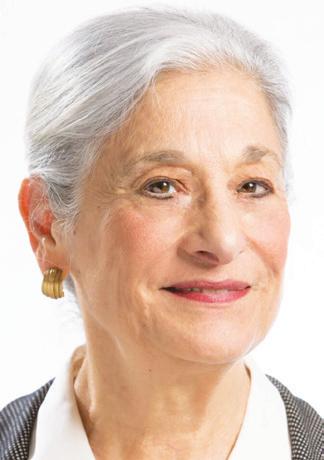
It’s a tricky question, because for young people, the Golda that she was after the war was not the same Golda that she was before. So people look negatively at her after the war and blame her for a lot of things that they actually should have blamed themselves for.
Such as?
Most Israelis made it very clear after 1967 that they didn’t want to return any of the territories seized in the Six-Day War (which included the West Bank, the Sinai peninsula and the Golan Heights). They didn’t want to return any of it, and they were not receptive to compromises. They felt the Arab side should compromise. So they were very surprised when they launched this war against them. And they were also very surprised to see that the United States was not 100% behind Israel and was willing to be more objective. And then they looked for somebody to blame, and blamed her for not supporting a compromise with Continued on Page 38
JEWISH FEDERATION of GREATER DAYTON & ITS AGENCIES
WEDNESDAYS
12:30PM–3:30PM Open Canasta
SUNDAY, SEPTEMBER 10
10AM-12PM Drive-Thru Mitzvah Mission
TUESDAY, SEPTEMBER 12 & WEDNESDAY, SEPTEMBER 13





1PM JFS is O to a Sweet Start
WEDNESDAY, SEPTEMBER 27
8:30AM–12:00PM Spread the LuLOVE
Connect with us! Check out our events. For more information, see our calendar at jewishdayton.org.
Camp Shalom and PJ Library families are invited for an evening of fall fun including hayrides, corn mazes, campfires, s’mores, and more!
RSVP by October 18 at jewishdayton.org.





If you have any questions, please contact Kate Elder at kelder@jfgd.net.
SUNDAY, OCTOBER 22 5:30–8:30PM
LUCAS BROTHERS FARM
3229 Ferry Rd., Bellbrook 45305
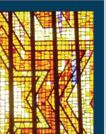
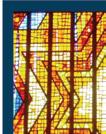

Back by popular demand!
JFS is hosting another Drive-Thru Mitzvah Mission!
Help us feed guests at St. Vincent de Paul’s shelters and provide individually packed, nut-free snacks* for the Boys & Girls Club of Dayton. JFS will take your donations and provide you with a sweet treat in return.
If you have questions, please contact Jacquelyn Archie, JFS Administrative Assistant, at jarchie@jfgd.net or at 937-610-1555.
*Examples of individually packed nut-free snacks include: granola bars, individual applesauce servings, fruit snacks, pretzels, animal crackers, and more.
• 1-1/2 lbs (24 oz)
elbow macaroni
• 2 lbs cheese, melted
•1 can (10.5 oz)
cream of celery soup
• 2-1/2 cups milk
Cook macaroni and drain. Melt cheese separately and add to macaroni. Add milk and soup. Mix well. Pour into sprayed pan. Cover loosely and place in refrigerator until completely cooled. Then cover tightly with sturdy foil lid and freeze. Casserole should be frozen for 36 hours.
In proximity with Sukkot, we ask you to join our LuLOVE team for a morning of service. We are seeking volunteers, age 16 or older, to help load vehicles with food in the Foodbank's drive thru. Please wear closed-toe shoes and dress for cool weather, if applicable.


This JCRC project is being held in collaboration with: Beth Abraham Synagogue, Beth Jacob Synagogue, Chabad, Temple Beth Or and Temple Israel.

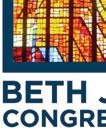
Any questions may be directed to Cathy Gardner at cgardner@jfgd.net.

SPONSORED BY

she can be seen and heard as a soprano with the Dayton Jewish Chorale. The JCC Cultural Arts and Book Series (CABS), Women’s Seder, the Boomers Social Club, JCC Book Club and other fun events held throughout the year are all under Stacy’s purview. Please say hello to our new
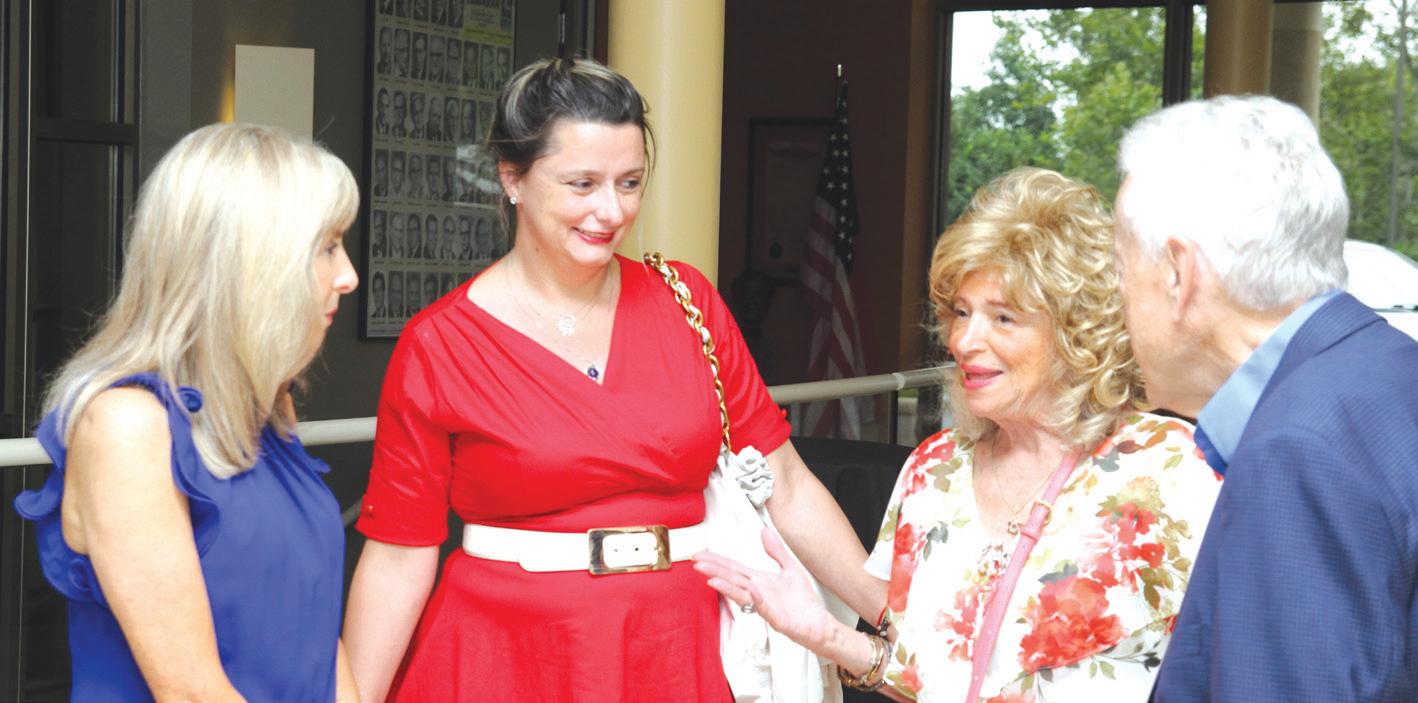
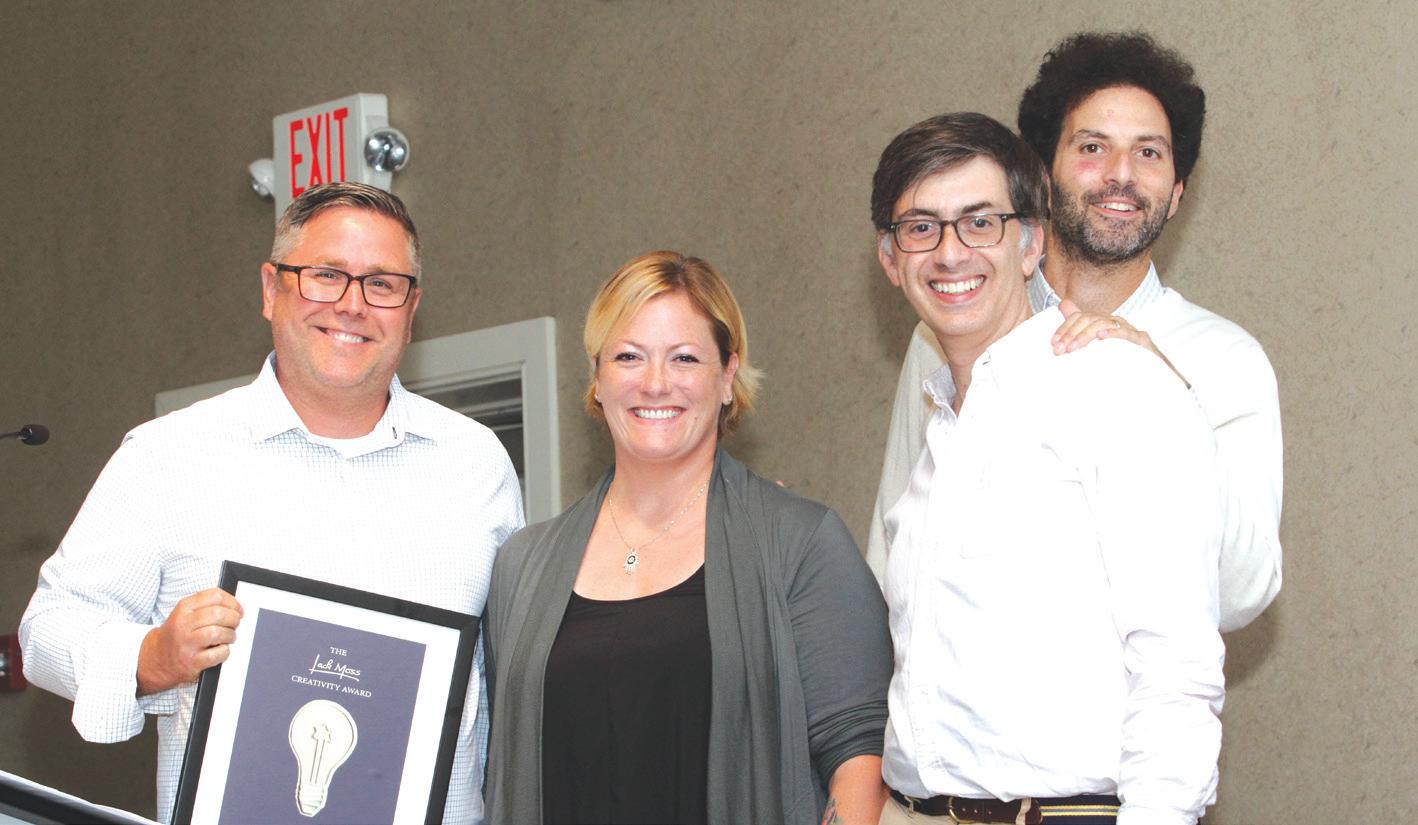
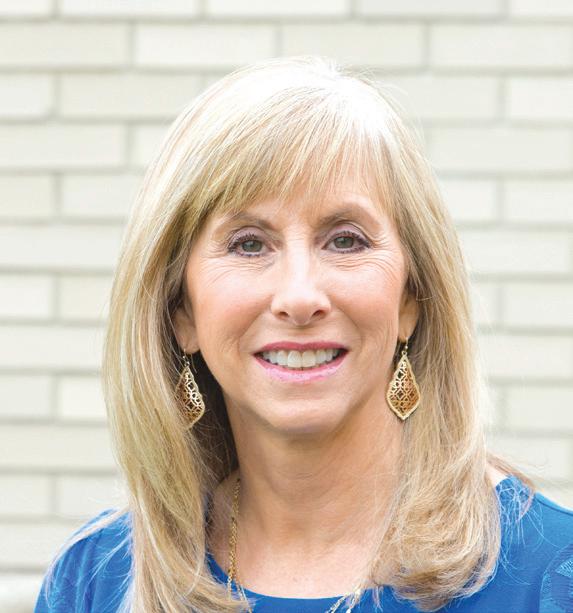
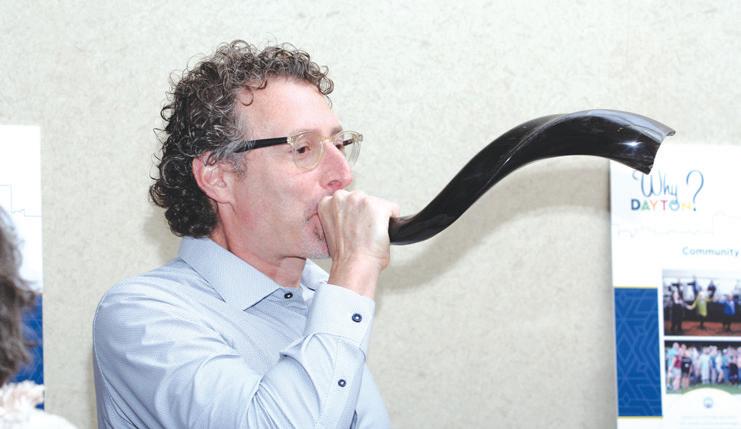
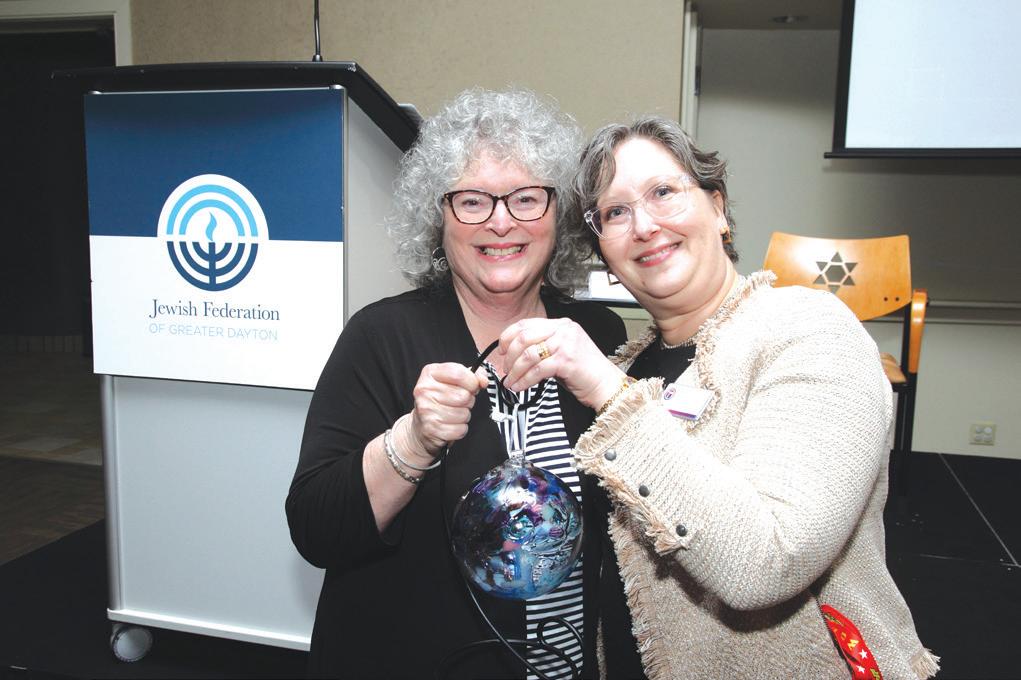
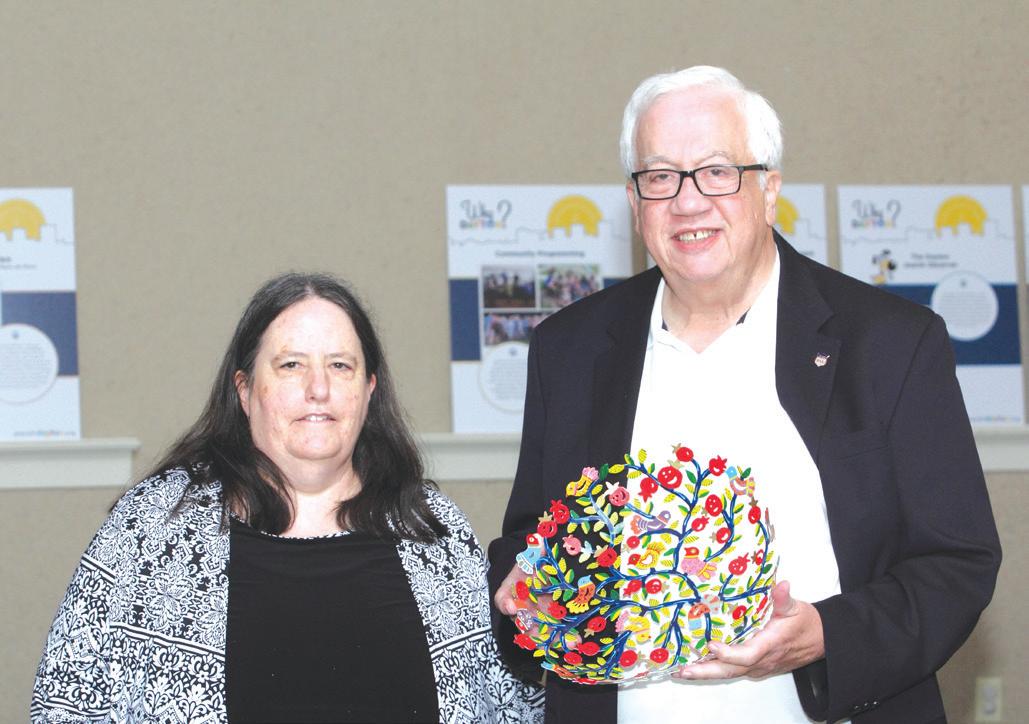
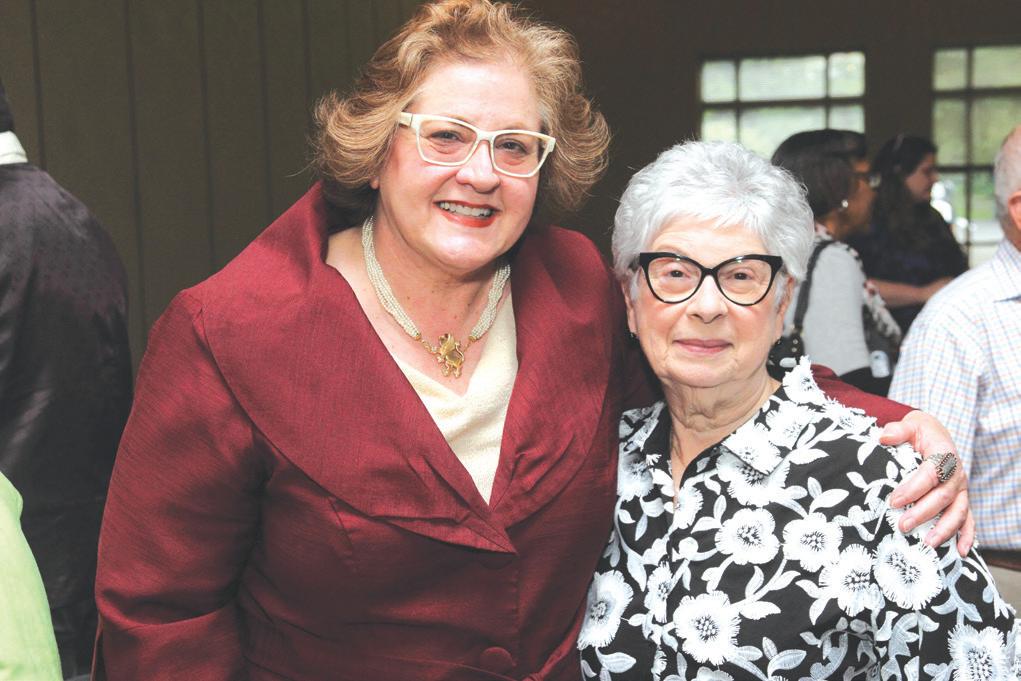
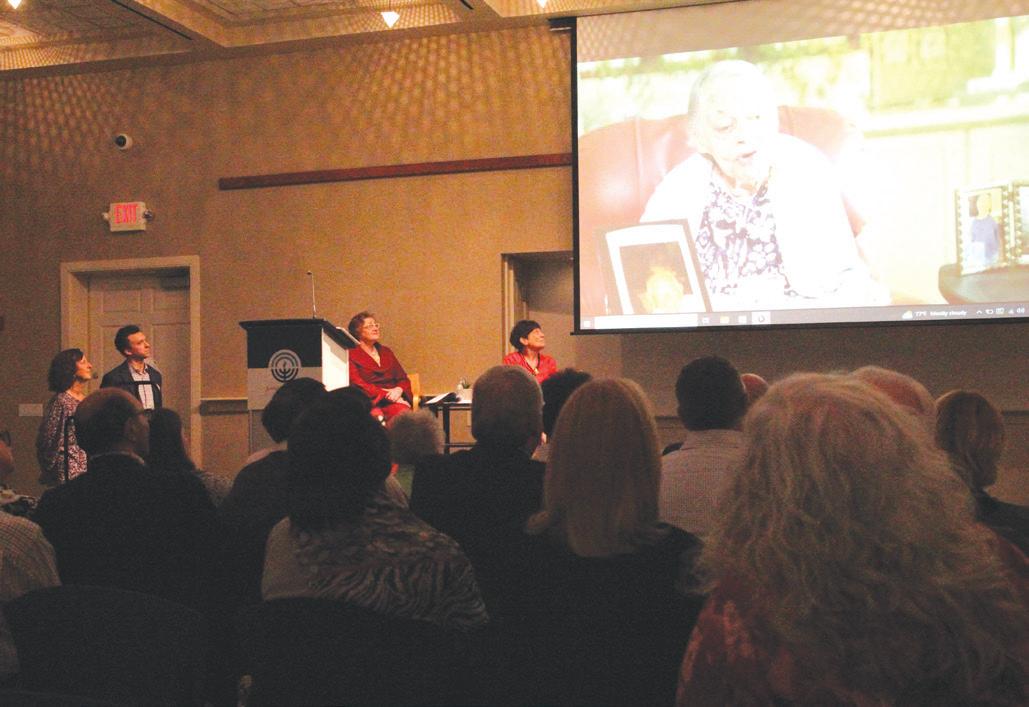
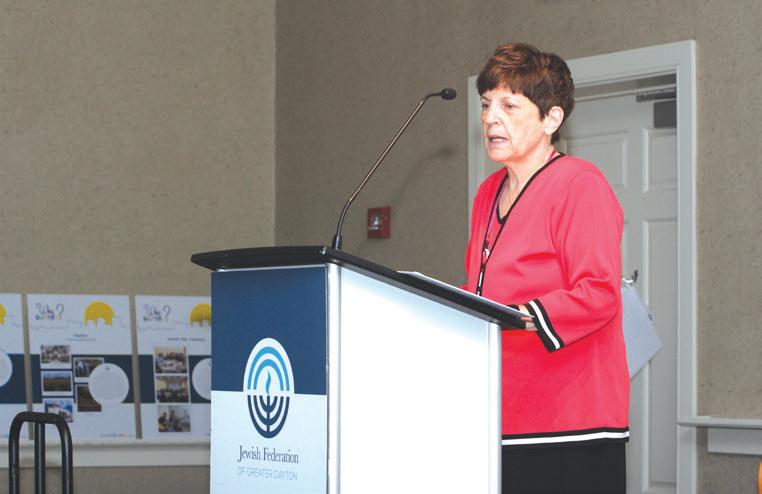
September
JEWISH FEDERATION of GREATER DAYTON & ITS AGENCIES
JEWISH FEDERATION OF GREATER DAYTON ENDOWMENT FUND
In memory of Melvin Caplan
Cary and Mary Lang
In memory of Jonah Chesen
Amy Munich and Edward Sperber
Felix Garfunkel
RESILIENCE SCHOLARSHIP FUND
In memory of Karen
Steiger
Caryl and Don Weckstein
In memory of Daniel Weckstein
Sherry McKenney
JOE BETTMAN MEMORIAL TZADIK AWARD
In memory of Monique Margolis
In memory of Joyce Abromowitz
In memory of Robert Vigder
Jean and Todd Bettman
JEWISH FAMILY SERVICES DISCRETIONARY FUND
In memory of Ric Blum Melinda and Bill Doner
In memory of Melvin Caplan
Jill and Arnie Sherman
MARY BERG
CULTURAL ARTS FUND
In memory of Kenneth Schumacher
Cathy Gardner
CAROLE RABINOWITZ YOUTH EXPERIENCE FUND
In honor of Stuart and Mimi Rose’s 10th wedding anniversary
In honor of Steve Levitt’s recovery
In memory of Monique Margolis
In memory of Ric Blum
Bernard Rabinowitz
JOAN AND PETER WELLS AND REBECCA LINVILLE FAMILY, CHILDREN AND YOUTH FUND
In honor of Jennifer Wells’ marriage
Judy Schwartzman and Mike Ja e
In honor of Debby Goldenberg’s special birthday
In memory of Sue and Edward Sperber’s grandson
Peter and Joan Wells
EARLY CHILDHOOD FUND
In memory of Melvin Caplan
Patricia and Richard Jones
JANE HOCHSTEIN JCC PROGRAMMING FUND



In honor of Cathy Gardner’s new home
Gayle and Irvin Moscowitz
In memory of Jonah Chesen
Bernard Rabinowitz
THE JEWISH FEDERATION OF GREATER DAYTON THANKS OUR COMMUNITY MEMBERS FOR DONATING ITEMS TO SEND WITH LIDIA ZAMBILOVICI WHEN SHE VOLUNTEERED AT A DAY CAMP FOR DISPLACED UKRAINIAN CHILDREN IN KASSEL, GERMANY.
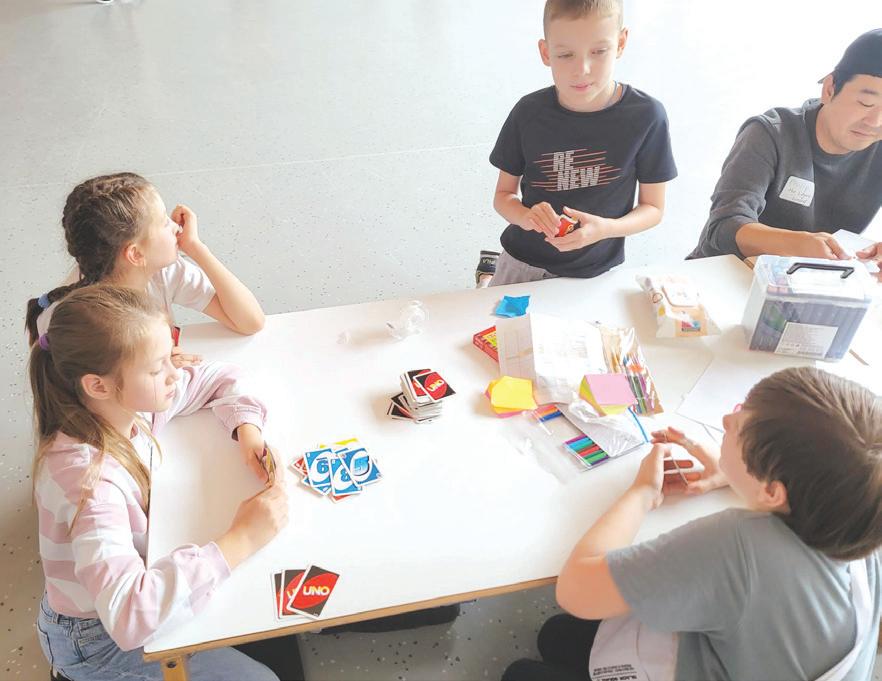
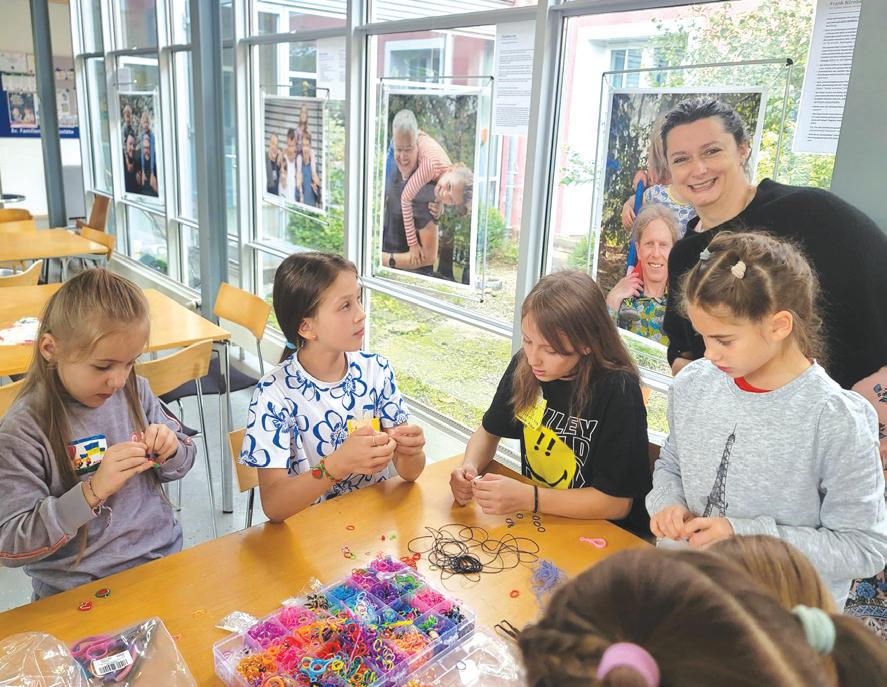
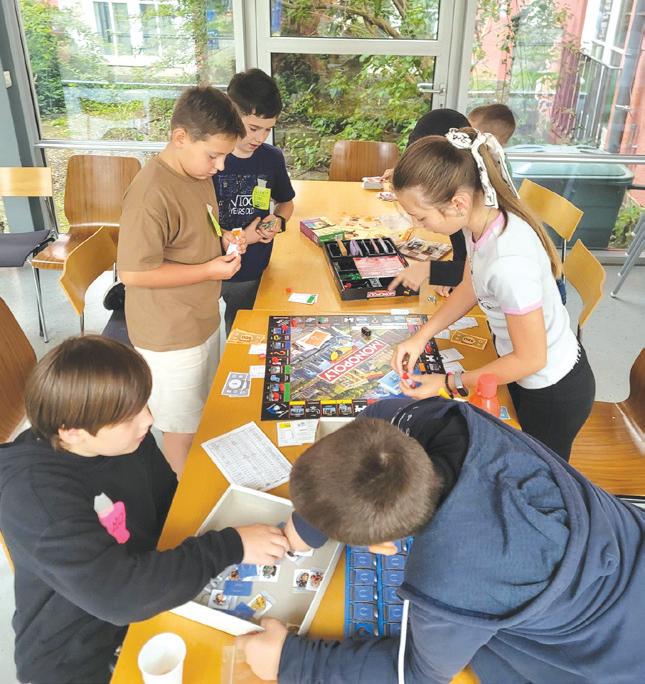
Your
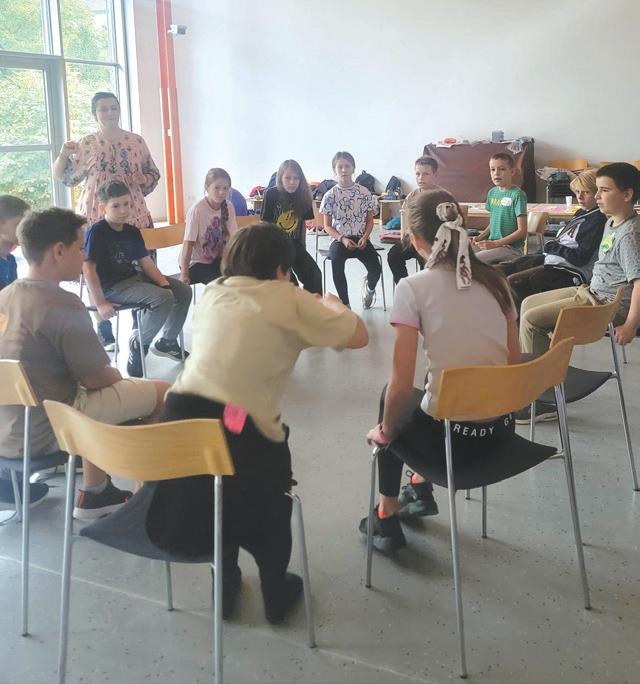
donations entertained and educated the children, and we are so thankful for your generosity and support!
Classes
Beth Abraham Classes: Sun., Sept. 10, 10 a.m., Hebrew Review Crash Course w. Chaya Vidal. 305 Sugar Camp Cir., Oakwood. 937-293-9520.
Beth Jacob Classes: All classes w. Rabbi Agar. Sun., Sept. 3, 11 a.m., Techelet Class. Sundays, 10 a.m. & Wednesdays, 6 p.m., Beginners Hebrew $100. Tuesdays, 7 p.m., Torah Tuesdays on Zoom. Thursdays, 7 p.m., Thursdays of Thought on Zoom. 7020 N. Main St., Harrison Twp. Register at 937-274-2149.
Chabad Classes: Tuesdays, 8 p.m., Code of Jewish Law. Wednesdays, 7:30 p.m.,Talmud Class. Thursdays, noon: Parsha Study. 2001 Far Hills Ave., Oakwood. 937-643-0770.
Temple Beth Or Classes: Sundays, 12:30 p.m., Adult Hebrew. Thurs., Sept. 7, 14, 7 p.m., Chai Mitzvah. 5275 Marshall Rd., Centerville. 937435-3400.
Temple Israel Classes: Tues., Sept. 5, 12, 19, noon, Talmud study in person & Zoom. Weds., Sept. 6, 13, 20, 10 a.m., Social Justice Commentary w. Rabbi Bodney-Halasz at home of Cathy Lieberman. Fri., Sept. 22, 11 a.m., Living w. Loss w. Rabbi Bodney-Halasz. Sat., Sept. 2, 9, 23, 30, 9:15 a.m., Virtual Torah Study. RSVPs requested. 130 Riverside Dr., Dayton. 937-496-0500.
JCC Canasta: Wednesdays, 12:30-3:30 p.m. Free. Lessons taught by Linda Schuman & Sue Nelson. Boonshoft CJCE, 525 Versailles Dr., Centerville. 937-610-0555.
Temple Beth Or Exploration of the Jewish Short Story: Wed., Sept. 27, 7 p.m. Free. On Zoom. Register at templebethor.com or 937-435-3400.
Men
Chabad Bagels, Lox & Tefillin: Sun., Sept. 3, 9:30 a.m. Free. 2001 Far Hills Ave., Oakwood. 937-643-0770.
Children Chabad Kids Rosh Hashanah Street Fair: Sun., Sept. 10, 4 p.m. Free. 2001 Far Hills Ave., Oakwood. RSVP at chabaddayton.com.
Beth Jacob Mitzvah Project: Sun., Sept. 10, 10 a.m. Planting flowers, cleaning the synagogue. 7020 N. Main St., Harrison Twp. 937-274-2149.
JFS Drive-Thru Mitzvah Mission: Sun., Sept. 10, 10 a.m.-noon. Drop off food for St. Vincent de Paul shelters & donations of individually packed, nut-free snacks for Boys & Girls Club of Dayton. (Mac & Cheese recipe on Page 20.) For info., contact Jacquelyn Archie. Boonshoft CJCE, 525 Versailles Dr., Centerville. 937-610-1555.
Jewish Community Volunteers at The Foodbank: Wed., Sept. 27, 8:30 a.m.-noon. RSVP at jewishdayton.org/ events. For info., contact Cathy Gardner, cgardner@jfgd.net. The Foodbank, 56 Armor Pl., Dayton.
Temple Israel Sukkot Soiree: Fri., Sept. 29, 7:45 p.m. Filling bags for women at the YWCA. Financial donations accepted. RSVP by Sept. 26, 937-496-0500. 130 Riverside Dr., Dayton.
JFS Off to a Sweet Start: w. Cantor Raizen. Tues., Sept. 12, 1 p.m. at One Lincoln Park, 590 Isaac Prugh Way, Kettering. Wed., Sept. 13, 1 p.m. at Beth Jacob Congregation, 7020 N. Main St., Harrison Twp. Free. RSVP for both by Sept. 5 at jewishdayton.org/events. For info., contact Jaquelyn Achie, jarchie@jfgd.net. 937-6101555.
Community
Synagogues' Selichot Service: Beth Abraham, Beth Jacob, Temple Beth Or, Temple Israel. Sat., Sept. 9, 8:30 p.m. In person at Temple Israel & online. 130 Riverside Dr., Dayton. 937-496-0500. youtube. com/c/templeisraeldaytonohio/ featured.

Chabad Women's Circle Rosh Hashanah Market: Wed., Sept. 13, 5 p.m. 2001 Far Hills Ave., Oakwood. chabaddayton. com.
Chabad Rosh Hashanah
Community Dinner: Fri., Sept. 15, 7:30 p.m. $25 adults, $10 children. RSVP at chabaddayton.com. 2001 Far Hills Ave., Oakwood. 937-643-0770.
Temple Beth Or at Frost
Farmstead: Sun., Sept. 17, 2 p.m. Picnic lunch, flower Tashlich, bouquet picking. Price varies on size. 185 S. Valley Rd., Xenia. For info., call 937435-3400.
Temple Israel Pizza in the Hut: Fri., Sept. 29, 5:30 p.m. $5 adults, $3 children 4-12. For info., contact Tina Sobo, 937496-0500. RSVP at tidayton. org/calendar. 130 Riverside Dr., Dayton.
Reform Congregation • Organized 1858 • All Are Welcome!
HIGH HOLIDAY SERVICES
Rabbinic Intern Gretchen Johnson • In Person & Via Zoom*
• Fri., Sept. 15, 7:30 p.m. Erev Rosh Hashanah
• Sat., Sept. 16, 10 a.m. Rosh Hashanah services followed by lunch

• Sun., Sept. 24, 7:30 p.m. Kol Nidre service
• Mon., Sept. 25, 10 a.m. Yom Kippur services

4:30 p.m. Afternoon, Yizkor & Concluding services followed by Break-the-Fast
* AnsheEmeth@gmail.com or text 937-726-2116 for Zoom link
320 Caldwell St. • Piqua ansheemeth.org • ansheemeth@gmail.com • Like us on Facebook
good new year.
Spouses Heather Wright and Michael Anes — both associate professors at Wittenberg University — are looking for seven Ohio high school history/ social studies teachers to join their 24-day study trip to Poland next summer. Heather and Michael have been awarded a Fulbright-Hays Group Projects Abroad Grant through the U.S. Department of Education. The grant, along with funding from Wittenberg, covers the costs for the high school teachers, along with Wittenberg students and faculty.
Heather, associate professor of political science and director of women’s studies, and Michael, associate professor of psychology and department chair, designed and will lead the project. It's an extension of their summer 2013 and 2018 field study trips to Poland with Wittenberg students.
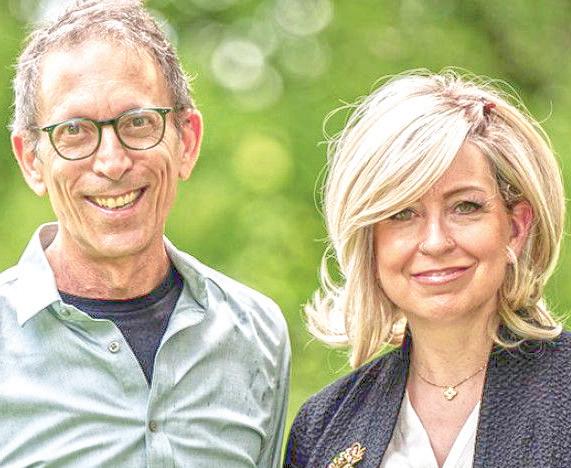
The 2024 field study will explore the tension between democratic pluralism and nationalistic exclusion of the "other." It will also involve "increasing, strengthening, and diversifying the coverage of Polish issues in Ohio public schools and at Wittenberg, especially at it relates to the effects of Ukrainian immigration and the Holocaust."
"There's no cost-sharing by participants," Michael explains. "Travel in Poland for the month is essentially fully funded," though he adds there may be some pay-your-own-way meals, and that the grant does not pay for domestic expenses. Applications are open now through Oct. 15.
To apply for one of the teacher spots on the trip, contact both Heather at hwright@wittenberg. edu and Michael at manes@wittenberg.edu.
The American Society for Nutrition honored the lifetime achievements of native Daytonian Alan Berg at its annual conference in Boston in July. This year marks the 50th an-
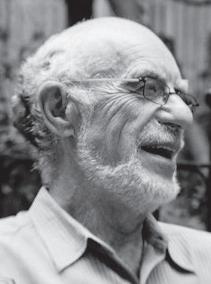
niversary of Alan's book, The Nutrition Factor, which the society noted as a revolutionary work that influenced generations of nutrition scientists. Alan served from 1973 to 1995 as the senior nutrition officer of the World Bank, where he was called “the conscience of the bank on hunger issues.” During the Kennedy and Johnson administrations, he co-chaired a White House task force on nutrition and expanded the U.S. government’s Food for Peace program. He then served in India as head of the U.S. government’s first international nutrition program. Alan is a Class of 1950 graduate of Kiser High School. He is the brother of the late Carol Pavlofsky
Jewish Federation CEO Cathy Gardner will receive a Humanitarian Award at the National Conference for Community and Justice 46th Annual Friendship Celebration, Tuesday evening, Oct. 17 at the Dayton Art Institute. NCCJ's mission is to eliminate bias, bigotry, and discrimination.
Hot off the presses, Sylvia and Ralph Heyman are kvelling about the authors in the family. Son Mick Heyman's book, Mellow Your Money: How to Surf the Market and Build Wealth Without Stressing Yourself Out, was released in July by Alsace-Lorraine Publishing. Based in San Diego, Mick is a chief financial officer and founder of Heyman Investment Counseling. And grandson Andrew Ridker's
novel Hope was also published in July, by Viking, to accolades from the Washington Post and The New York Times. Andrew lives in Brooklyn. He is the son of Susan Krumholz Ridker and Paul Ridker
This year's Dayton Magazine Business Hall of Fame inductees include Dayton Children's Hospital President and CEO Deborah Feldman, Ohlmann Group CEO and VP of Media Services Linda Ohlmann Kahn, and the late Sandy Mendelson of Mendelson Electronics.
Fran Rickenbach was elected Temple Israel's new president at the congregation's annual meeting.
Dayton Hadassah President
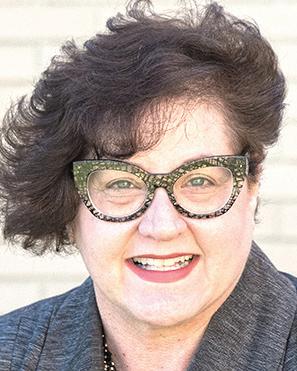
Julie Bloom was a guest of U.S. Rep Mike Turner in the House visitor gallery when Israeli President Isaac Herzog addressed a joint meeting of Congress, July 19.
Kids who participated on Team Ohio at this year's JCC Maccabi Games, held in Ft. Lauderdale Aug. 6-11, were Noah Baumgarten (soccer), son of Lauren and Adam Baumgarten; Johnny Dinsmore (basketball), son of Elissa and John Dinsmore; Brody (basketball) and Eli (flag football) Dowlar, sons of Sara and Michael Dowlar; Chava (basketball) and Avi (basketball) Gilbert, children of Rachel Haug Gilbert and Dr. Heath Gilbert; and Seth Schwartz (baseball), son of Pam and Andy Schwartz. Noah's soccer team won a silver medal, Avi's basketball team won a bronze.
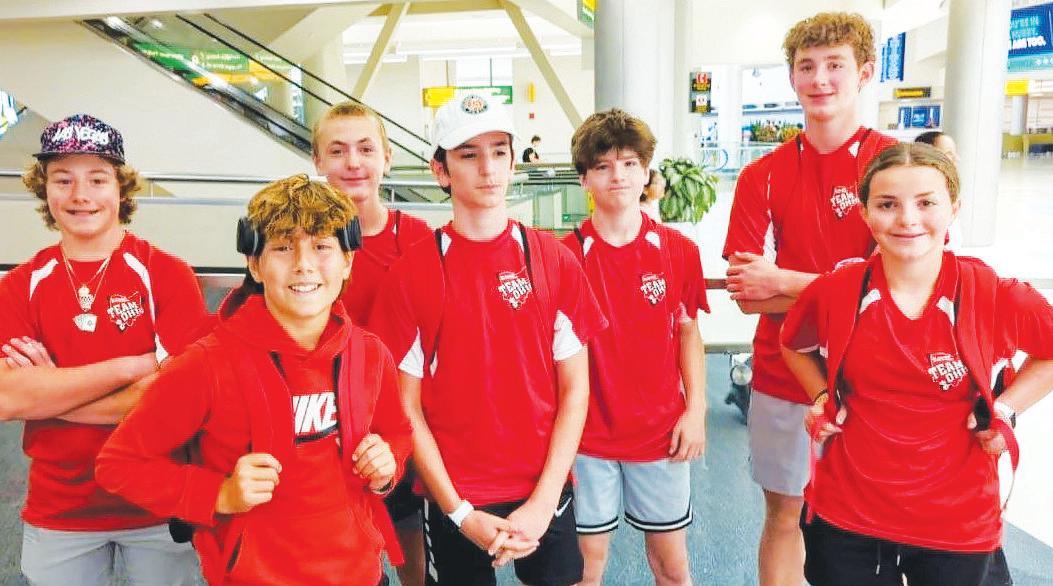
Send your Mazel Tov announcements to mweiss@jfgd.net.
 Meryl Hattenbach
Meryl Hattenbach
May you enjoy the fruits of aContact Patty Caruso at plhc69@gmail.com to advertise in The Observer. The Dayton contingent of Team Ohio heads to the JCC Maccabi Games in Ft. Lauderdale (L to R): Brody and Eli Dowlar, Noah Baumgarten, Seth Schwartz, Johnny Dinsmore, Avi and Chava Gilbert. Wittenberg Univ. Michael Anes & Heather Wright Alan Berg Cathy Gardner
Beth Abraham Synagogue
Conservative
Rabbi Aubrey L. Glazer
Cantor/Dir. of Ed. & Programming
Andrea Raizen
Fridays, 5 p.m.
Saturdays, 9:30 a.m.
305 Sugar Camp Circle, Oakwood. 937-293-9520. bethabrahamdayton.org
Beth Jacob Congregation
Traditional
Rabbi Leibel Agar
Saturdays, 9:30 a.m. Evening minyans upon request.
7020 N. Main St., Dayton. 937-274-2149. bethjacobcong.org
Temple Anshe Emeth
Reform
320 Caldwell St., Piqua.
Rabbinic Intern Gretchen Johnson. Fri., Sept. 15, 7:30 p.m. Sat., Sept. 16, 10 a.m.
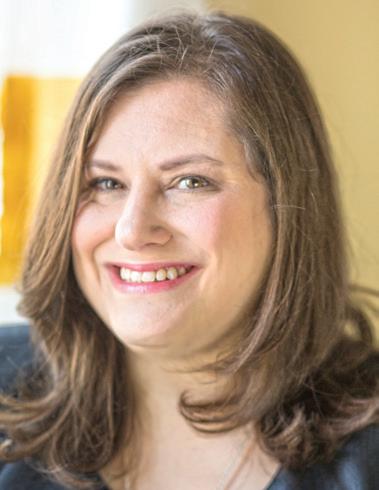
Contact Steve Shuchat, 937-7262116, ansheemeth@gmail.com. ansheemeth.org
Temple Beth Or Reform
Rabbi Judy Chessin
Asst. Rabbi/Educator Ben Azriel
Fridays, 6:30 p.m. 5275 Marshall Rd., Wash. Twp. 937-435-3400. templebethor.com
Temple Beth Sholom
Reform
Rabbi Haviva Horvitz
610 Gladys Dr., Middletown. 513-422-8313. templebethsholom.net
Temple Israel
Reform
Senior Rabbi Karen BodneyHalasz. Rabbi/Educator Tina Sobo
Fri., Sept. 1, 6 p.m. Fri., Sept. 15, 8 p.m. Fridays, Sept. 8, 22, 6:30 p.m. Sat., Sept. 16, 9 a.m. 130 Riverside Dr., Dayton. 937-496-0050. tidayton.org
Temple Sholom Reform
Rabbi Cary Kozberg
2424 N. Limestone St., Springfield. 937-399-1231. templesholomoh.com
Chabad of Greater Dayton
Rabbi Nochum Mangel
Associate Rabbi Shmuel Klatzkin
Youth & Prog. Dir. Rabbi Levi Simon. Beginner educational service Saturdays, 9:30 a.m. 2001 Far Hills Ave. 937-643-0770. chabaddayton.com
Yellow Springs Havurah
Independent
Antioch College Rockford Chapel. Contact Len Kramer, 937-5724840 or len2654@gmail.com.
The Hebrew month of Elul is dedicated to spiritual renewal and preparations for the High Holidays. During this month, as well as in Tishri, we are encouraged to recalibrate our souls, engage thoughtfully in the work of teshuva (returning), and redirect our life choices to
reflect our highest values. Our tradition teaches that God is more accessible and merciful to us at this time of year than ever. If we turn toward God, God will be there waiting. Appropriately, there is a lot of emphasis placed on this holy and auspicious time of year. With God so close, now is the time to slow down, assess our spiritual selves, and reengage in our work of becoming.
In some communities, the shofar is blown every morning (except Shabbat) throughout the month of Elul to keep people from waiting until the last minute to begin cheshbon hanefesh (taking account of our souls). The shofar’s blast is intended to stir us and refocus our attention.

But once our attention is caught, the work of teshuva doesn’t happen quickly or easily. Nor do other acts of transformation. It can feel like an
overwhelming task, especially because when we try to make changes quickly, we often fail. This is the age-old problem with New Year’s resolutions. Major behavioral shifts begin with small adjustments that are built upon incrementally. Change is a marathon, not a sprint. Whether we are marathon runners or sprinters, we should find comfort knowing we have the opportunity to define ourselves at any time of the year. Rabbi Alan Lew, of blessed memory, once wrote: “The Book of Life and the Book of Death are open every day, and our name is written in one or the other of them at every moment, and then erased and written again the moment after that. We are constantly becoming, continuously redefining ourselves."
Cheshbon hanefesh and teshuva are not limited to the Yamim Noraim (Days of Awe). Every day we are blessed with chances to rewrite our characters and make long-lasting changes in our lives. In the 12th century, Maimonides wrote:
The Synagogue Forum of Greater Dayton presents its 14-session Introduction to Judaism course on Tuesdays from 7 to 8:30 p.m. beginning Oct. 24 and running through March 12. The annual class is open to anyone interested in Jewish learning, dialogue, and exploration. A hybrid course, some sessions are held at local synagogues, some via Zoom, with all sessions available online.
The course offers an in-depth look at Judaism from Conservative, Orthodox, Traditional, and Reform perspectives. Instructors are rabbis from Dayton’s synagogues.
Topics include God and theology, sacred texts, peoplehood, Zionism, Jewish history, personal observance, life cycles, Shabbat, community, holidays, prayer and liturgy, and antisemitism and the Holocaust. For the final session, the synagogues' rabbis will join together for a panel discussion.
Registration is $36 for an individual or couple. For more information or to enroll, email Rabbi Judy Chessin at rabbichessin@templebethor.com.
“Do not imagine that character is determined at birth. We have been given free will. Any person can become as righteous as Moses or as wicked as Jeroboam...We ourselves, by our own volition, choose our own way.”
No one else is responsible for our behavior or the choices we make. Only we can be the agents of change in our lives. Let’s be sure that we are on the right paths by taking the time to reflect and acknowledge how we have missed the mark this past year. Only then can we begin to heal the wounds that have resulted and recalibrate the trajectories we are on.
Hopefully, most of us have already begun engaging in our soul-work as the holidays draw near and are embracing the changes we wish to make. But for those of us who are sprinting toward the finish line this year, may we heed the urgency of the shofar over the next few weeks. May we all discover the renewal we seek at the new year and be written and rewritten in the Book of Life.
Beth Abraham Synagogue, Beth Jacob Congregation, Temple Beth Or, and Temple Israel will join together for a community Selichot service beginning with dessert at 8:30 p.m., Saturday, Sept. 9 at Temple Israel, 130 Riverside Dr., Dayton. The service will feature the Dayton Jewish Chorale and will be led by the congregations' clergy. Selichot are communal prayers of forgiveness said on Jewish fast days and in the period leading up to the High Holidays. The service will also be livestreamed at youtube.com/c/templeisraeldaytonohio/featured.
Chabad Women's Circle will present its Rosh Hashanah Market from 5 to 8 p.m., Wednesday, Sept. 13. Jewish New Year items such as foods, apples, local raw honey, candles, and decor will be available for purchase. Chabad will also host its annual Rosh Hashanah dinner at 7 p.m., Friday, Sept. 15. The cost is $25 adults, $10 children. Both programs will be held at Chabad, 2001 Far Hills Ave., Oakwood. Register for the dinner at chabaddayton.com or 937-643-0770.
Shabbat, Sept. 1: 7:50 p.m.


Shabbat, Sept. 8: 7:39 p.m.
Shabbat, Erev Rosh Hashanah
Sept. 15: 7:28 p.m.
First Eve Rosh Hashanah, Sept. 16: 8:24 p.m.
Shabbat, Sept. 22: 7:16 p.m.
Erev Yom Kippur
Sept. 24: 7:13 p.m.
Shabbat, Erev Sukkot
Sept. 29: 7:05 p.m.
First Eve Sukkot
Sept. 30: 8:01 p.m.
Sept. 2: Ki Tavo (Deut. 26:1-29:8)
Sept. 9: Nitzavim-Vayelech (Deut. 29:9-31:30)

Sept. 23: Haazinu (Deut. 32:1-52)
Rosh Hashanah
Jewish New Year
Sept. 16-17/1-2 Tishri Celebration of the beginning of the Jewish calendar year. Begins the Days of Awe, a 10-day period of repentance and prayer that ends on Yom Kippur. Celebrated with festive meals, including apples dipped in honey.
Sept. 25/10 Tishri
The holiest day on the Jewish calendar, marking the end of the Days of Awe, spent fasting and in prayer. The sounding of the shofar, the ram’s horn, signals the end of the holiday.

Sukkot Festival of Booths
Sept. 30-Oct. 6
15-21 Tishri
Named after the huts the Jews lived in while wandering in the desert after the Exodus from Egypt. Marked by building sukkot to eat meals in during the festival, and in the synagogue by processions with the lulav (palm branches with myrtle and willow) and etrog (citron fruit).

Major behavioral shifts begin with small adjustments that are built upon incrementally.Rabbi Karen BodneyHalasz Detail of Shabbat window, Beth Jacob Congregation
“Don’t you dare,” I said, just milliseconds before a red Matchbox car came catapulting toward my head. I scowled at my 2-year-old and gave him a stern finger-waggle.

Without hesitating, he trotted over, touched my arm gently and said, “Sorry.”
I should have been pleased, right? But my toddler’s saccharine “sorry” (pronounced “sowwy”) was devoid of remorse.
Were he capable of a genuine apology, he probably wouldn’t have thrown the stupid car at me in the first place.
I should add that a few minutes later, he launched a yellow Matchbox car at my head.
With the approach of Yom Kippur, I find myself pondering that word, sorry. As both a Jew and a Canadian, I admit it’s one of the most heavily used words in my lexicon.
But what purpose does it really serve? Is it a true expression of remorse? An attempt to get off the hook quickly? A way to avoid confrontation? We Canadians are particularly adept at the latter kind of sorry.
Every year on the eve of Yom Kippur, my parents and siblings call one another to make amends for the past year’s transgressions. I always considered this an enlightened tradition, until my husband asked me why we always rehearse the same script, something about “sorry for anything bad I’ve done.” Talk about a catchall apology.

“It’s sort of formulaic,” he pointed out. “Do you ever apologize for anything specific?”
I must admit, he has a point. When we make this round of phone calls, are we truly atoning for wrongdoing, or just trying to check teshuva, the cycle of repentance and forgiveness, off the to-do list?
As you may have guessed, my husband has a hard time saying “sorry.” The reason is in part cultural: born and raised in Germany, he bristles at Canadian niceties and understands guilt as
an almost unbearable burden carried on the national level, not as that slightly awkward feeling you get when your great aunt asks why you don’t want a second slice of her kugel.
But saying sorry is also difficult for him because sincere apologies should be difficult. They emerge from an onerous process of self-reflection, acknowledgement of failure, and heartfelt contrition.

Parenting guru Janet Lansbury sees “sorry” as one of the most difficult things children learn to say because it requires a high level of humility and vulnerability.
It’s also loaded with parental expectations. I don’t know any parent who hasn’t asked, cajoled or even forced their child to apologize to the kid whose Lego they swiped or shin they kicked, only to have their child clam up or, even worse, completely fall apart.
According to Lansbury, such moments are fueled by our own embarrassment and need to save face among other parents, as opposed to a desire to guide our kids.
Without the time required to process their actions, saying “sorry” strikes the child as false, says Lansbury, “and faking emotion does not come naturally to a child.”
If we want our child to issue an honest apology, we need to give them time, and, most importantly, we need to model empathy and remorse.
If we trust our children as we should, suggests Lansbury, they will learn to apologize in their own time. And when they do, they will mean it.
“By trusting our children to develop authentic social responses, we give them the self-confidence to be the sensitive and deeply caring human beings we hope they will become.”
If we show them this level of compassion, they will undoubtedly return the favor, for what children do more naturally than apologize is forgive.
Lansbury’s take on apologies dovetails with that of the late Rabbi Jonathan Sacks, who saw repentance and forgiveness, the essential ingredients of the
If we want our child to issue an honest apology, we need to give them time, and, most importantly, we need to model empathy and remorse.
Jewish Day of Atonement, as “the two great gifts of human freedom.”
Both are a matter of choice, Sacks insisted, which means they can’t be forced.
Following anthropologist Ruth Benedict, Sacks distinguished between “shame culture” and “guilt culture,” and ascribed the latter to monotheistic religions like Judaism.
Both shame cultures and guilt cultures instruct people how they ought to behave, but they operate very differently.
Shame cultures emphasize what others think of you; the motivation for repentance is purely external, fueled by the pressure to avoid public shunning (or cancel culture, in today’s parlance).
Guilt cultures, by contrast, are fueled by individual conscience, the “inner conversation with the better angels of our nature.”
According to Sacks, guilt serves an indispensable purpose; we must feel guilty to begin to make amends and repair the damage we have done.
Yom Kippur provides the time needed to undertake this hefty task. It is not a day for rehearsed apologies but for honest soul-searching.
It turns out the rabbis and parenting experts have much in common. Both focus on opportunities to cultivate personal responsibility, kind-
ness, and empathy. The beauty of Yom Kippur is that nobody is exempt.
This is precisely the lesson I’ve decided to impart this year. Rather than coerce my kids to say “sorry” out of an abundance of shame or discomfort, I want to show them that even I must consciously devote time every year to this important — albeit uncomfortable — undertaking. I want them to know that saying “I’m sorry” isn’t easy for me, either.
When I sit down with my 5-year-old this Yom Kippur, I will tell him that this is the day when we can talk about mistakes that we’ve made and how we might avoid making them again next year. I will apologize to him for the times that I lost my temper.
Perhaps he will reciprocate, perhaps not. The main thing is that he’ll think about it. And he will know that I am thinking about it, too.
As for my 2-year-old, the lesson might need to wait another year or two. This Yom Kippur, I think I’ll just hide his Matchbox cars in the closet.
Rachel Seelig is a freelance writer, scholar of modern Jewish literature, and often frazzled mom. She lives in Toronto with her two children and husband, with whom she writes and publishes children’s books under the imprint Lovely Books.

www.mycjchan.com

536 Wilmington Ave. Dayton, OH 45420 937-259-9866

2ND LOCATION! 2747 W. Alex Bell Rd. Moraine, OH 45459 * Hot Pot Available * 937-259-8882


Mon-Thu: 10:30 am-10 pm Fri-Sat: 10:30 am-10:30 pm Sun: 11:30 a.m-10 pm
MSG
With the growing threat of a war with Hezbollah, we can’t ensure this Rosh HaShanah will usher in a peaceful year. But with a new campaign to add 300 urgently needed ambulances to MDA’s fleet, we can save lives no matter what 5784 brings.
Make a donation today or contact us about how you, your family, or synagogue can provide the ambulances MDA will need. Visit afmda.org/give or call 866.632.2763.

As Israelis rejoice in the sound of the shofar, we’re also preparing for the wail of the siren.
Yom Kippur is not a day for rehearsed apologies but for honest soulsearching.
High Holy Days 5784 with Temple Beth Or



Temple Beth Or invites you to join us for the High Holy Days.
We offer in-person and live streaming services for Rosh Hashanah and Yom Kippur.
Erev Rosh Hashanah, Friday, Sept. 15
7:30 p.m. In-Person and Live Streaming
Rosh Hashanah, Saturday, Sept. 16
10:00 a.m. to 11:30 a.m. In-Person and Live Streaming
12:00 p.m. to 12:30 p.m. Food Trucks
1:00 p.m. Family Interactive Outdoor Service
Visit templebethor.com for service times & updates
Kol Nidre, Sunday, Sept. 24
7:30 p.m. In-Person and Live Streaming Service
Yom Kippur, Monday, Sept. 25
10:00 a.m. In-Person and Live Streaming Service
11:30 a.m. LIVE Outdoor Family Service
4:00 p.m. Yizkor In-Person Service
In-Person Ne’ilah
Visit templebethor.com for service times & updates
Temple Beth Or 5275 Marshall Road Dayton, Ohio 45429
www.templebethor.com 937-435-3400
Today...and for Generations
By Leah Kadosh, KvellerRosh Hashanah, the Head of the Year, is observed this year from sundown on Sept. 15 through Sept. 17. Rosh Hashanah celebrates the beginning of the next year on the Hebrew lunar calendar and is a time of great reflection, repentance, and, of course, guilt.
In honor of this very important Jewish holiday, we eat special foods, don white attire, hear the shofar, attend or stream services, give tzedakah, and, in my family, at least, make brisket and tzimmes (though I personally skip the tzimmes).
Perhaps most importantly, we contemplate how we can improve our actions in the coming year.
Here are some fun facts to make your Rosh Hashanah a blast:
1. This new year corresponds to 5784. Wait, according to this date system, does that make me younger? The year 5784 counts the years since God created the world, as described in the very first portion of the Torah, Genesis Chapter 1. Just how did we arrive at this number? Many estimates were suggested by scholars, although Rabbi Yossi Ben Halafta’s calculation (which he made around 165 C.E. in Israel) became the most widely accepted.
Mishnah Rosh Hashanah 1.1.3. Rosh Hashanah celebrates the New Year, but falls on the first day of the seventh month.
Like so many Jewish holidays and traditions, there are several and conflicting theories as to how Rosh Hashanah evolved and how we came to celebrate the new year in the seventh month on the Hebrew calendar.
Among the numerous interpretations, I share my favorite: In the 13th century, Sephardic sage and rabbi Nachmanides equated the counting from the months of Nisan (the first month of the Hebrew calendar) to Tishri (the seventh) to be the same relationship as the first day of the week (Yom Rishon, which means the first day) with Shabbat (the seventh day).
The name Rosh Hashanah is
mentioned in the Torah.
The number seven in Judaism holds sacred significance. It is associated with God’s six days of creation (special, but not super special) to the seventh day of rest, Shabbat (super special).
Counting seven months from the time of our Exodus from Egypt — which, you guessed it, happened in the month of Nisan — emphasizes the holiness of the seventh month of Tishri, and is therefore the perfect reason for a new year celebration.
Through careful study of the Hebrew Bible, with special emphasis on the dating of biblical figures’ lifetimes and kings’ reigns, the established date of 70 C.E. (the destruction of the Second Temple) was used as the end point, and counting started backward from there. Rabbi Yossi Ben Halafta established that God created the world on Monday, Oct. 7, 3761 B.C.E. (using Gregorian calendar terms). And now it’s math time: 3761+2023 = 5784.
2. The name Rosh Hashanah is not mentioned in the Torah. Instead, it is referred to as Yom Teruah (Day of Sounding the Shofar) and Yom Hazikaron (Day of Remembering). The holiday becomes identified as Rosh Hashanah during the 1st century C.E. in
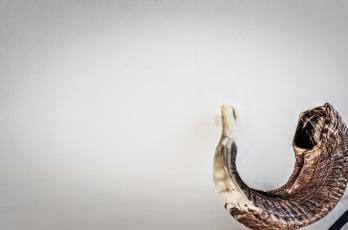
4. Rosh Hashanah is a two-day festival. Everywhere.
As the song goes: Wherever you go… not only will you find someone Jewish, you will also celebrate Rosh Hashanah for two days. That’s true whether you’re in Israel or elsewhere. This is in contrast to other important biblical festivals, such as Sukkot, Passover, and Shavuot, which are observed for an extra day in the Diaspora (outside of Israel) — just to be sure the correct day is commemorated.
Why? Nearly 2,000 years ago, holiday start times were determined by moonwitness testimony, and then word was dispersed by foot. Extending the holiday by one day compensated for inevitable delays.
Now, I know what you’re thinking:
not
Why is Rosh Hashanah celebrated for two days even in Israel? Maimonides, the 12thcentury scholar and philosopher, explains that it is the only Jewish holiday that begins on the first day of a new month, and therefore, witnesses were not permitted to travel to alert their communities on the sighting of a new moon.
To enable complete worship, two days were established and came to be known as yoma arichta, a long day, lasting 48 hours.
Ask any Rosh Hashanah host at the end of the second day, and I believe you’ll find that yoma arichta is the perfect description.
5. Apples and honey aren’t the only traditional foods. Because Rosh Hashanah is a rather serious holiday filled with introspection, repentance, and self-improvement, our traditional foods symbolize those themes as well.
In Ashkenazi tradition, apples are dipped in honey for the delight in sugary sweetness and the hope for a fulfilling year ahead.
But that’s hardly the only traditional Rosh Hashanah
food: There’s also round challah, as opposed to braided challah, which repre sents the yearly cycle and God’s crown of majesty.
Fish heads are traditional in Sephardi Rosh Hashanah feasts — “better the head than the tail” is what I was always taught. (Rosh is the Hebrew word for head, and therefore, there is a literal connection to beginnings.)
Pomegranates are in season during this time in Israel, and are another traditional Rosh Hashanah treat.
They were once thought to contain 613 seeds, the same number of mitzvot (commandments) in the Torah — just don’t tell my daughter, she just started counting!
6. But, strangely, it’s tradition to avoid nuts.
It is a custom to abstain from eating nuts during Rosh Hashanah for a couple of reasons.
According to the Shulchan Aruch, one of the most consulted Jewish law books — written by Joseph Caro in the 16th century — nuts not only increase the production of saliva and
thought) but could perhaps hurt our pronunciation of words recited during services.
As any young Jewish child knows, services are already extremely long on Rosh Hashanah, therefore, anything that hinders our ability to pray should be avoided.
7. The shofar is an integral part of our High Holiday season, although it’s never blown on Shabbat.
As mentioned previously, one of Rosh Hashanah’s biblical names was Day of Sounding the Shofar, and only two details are included in its observance as written in the Torah: to hear the shofar and to abstain from work.
Shofars are horns taken from kosher animals (except for cattle because of the sin of the Golden Calf) and can vary
greatly in size, color, and shape.
It also takes a skilled musician to make a decent sound.
The shofar is an ancient instrument of communication and had a multitude of purposes: to declare battle, welcome Shabbat and a New Moon, announce the reign of a new king, and so on.
Nowadays, one can hear the shofar blown after morning services every day (excluding Shabbat) in the month of Elul, the month preceding Rosh Hashanah — except for the last day, the day before Rosh Hashanah.
The unique sound of the shofar reminds us of an alarm, a reflective wake-up call.
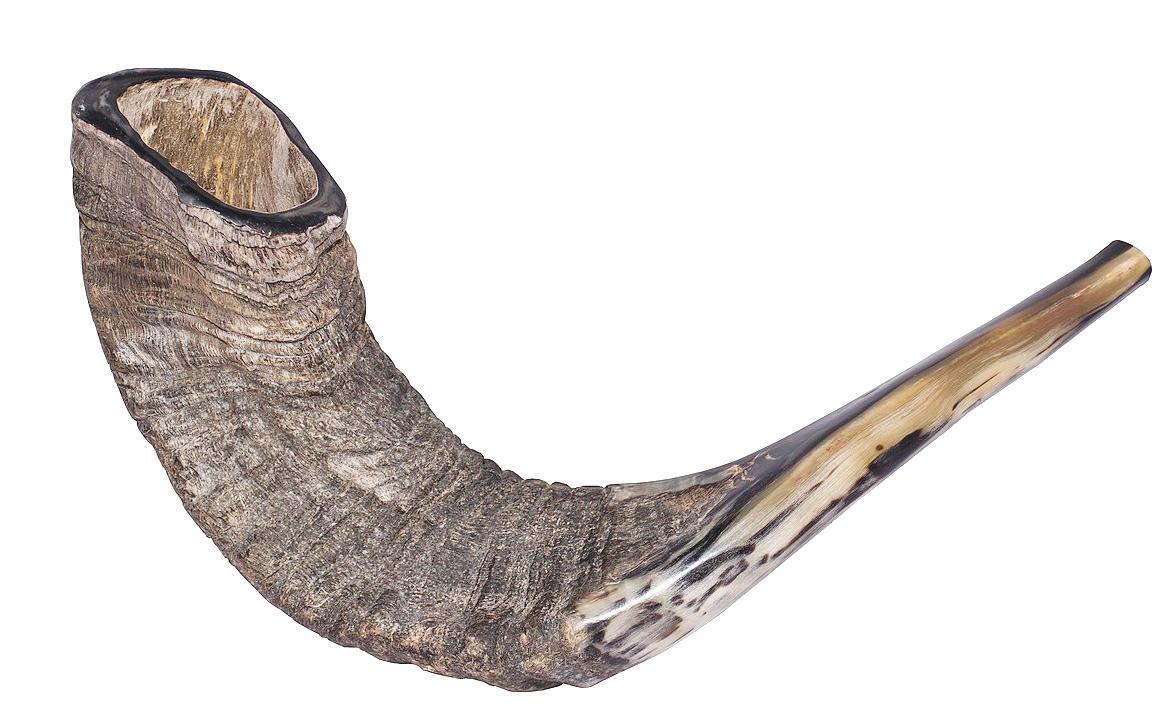
Maimonides reasoned that the sound awakens our souls and calls to our attention our actions of our past and what we want to change in the future.
We are tasked to analyze our relationship with God, ourselves, and others and to change for the better.
As to the reason for abstaining from blowing the shofar on Shabbat, that’s due to the fear of carrying the instrument itself.
The Talmud explains that it was not the actual sounding of the shofar that was forbidden, but the worry of an inadequate shofar blower carrying their shofar to an experienced shofar blower for help and training on Shabbat that was prohibited.
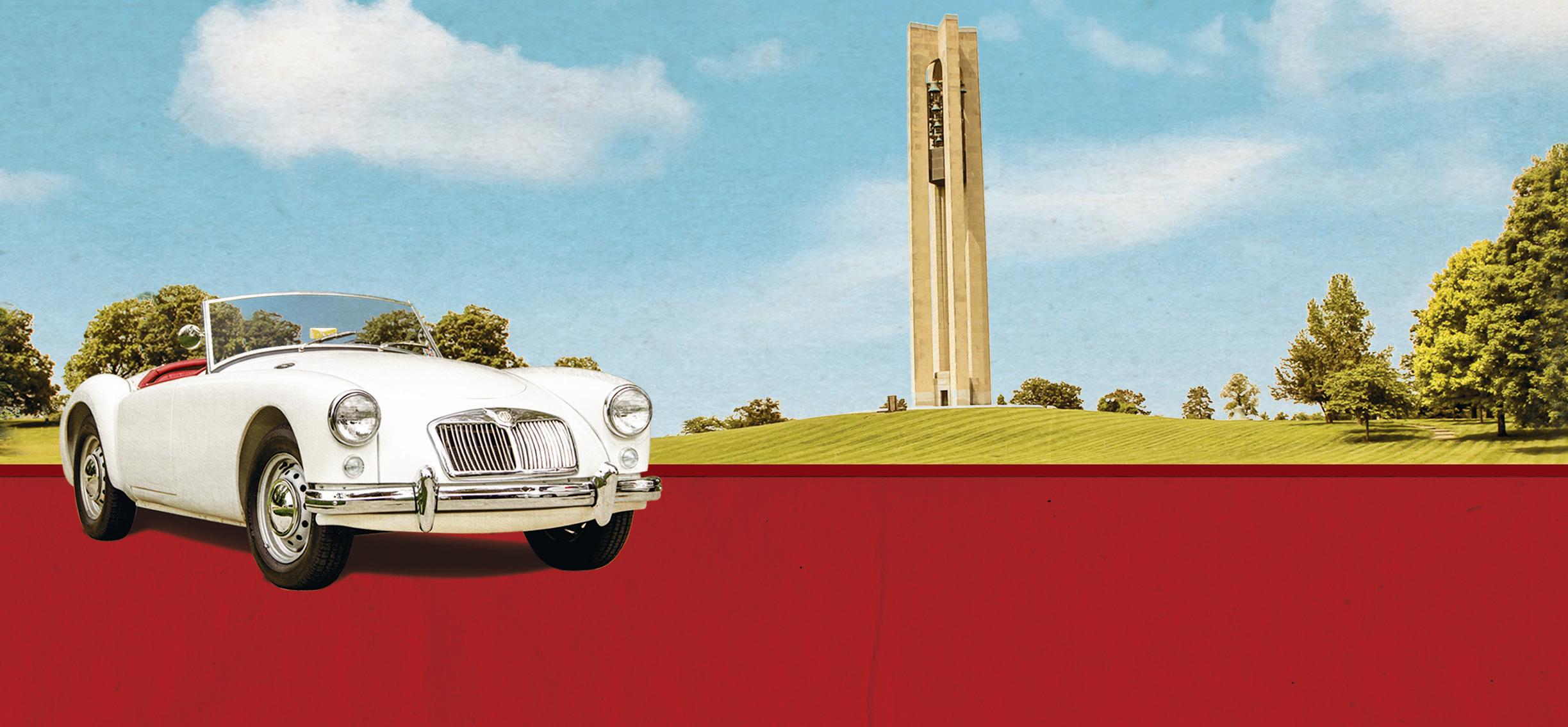
Although he lived alone in a New York City apartment, Jacob Leibman was much beloved by his neighbors as a welcoming host for Jewish holidays. The only person who didn’t get along with Jacob was the overbearing new building owner, Mr. Block.
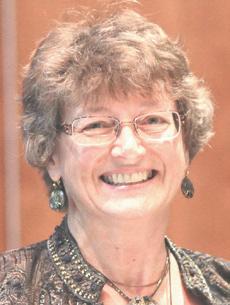
Sure enough, when Mr. Block discovered Jacob setting up a rooftop sukkah, he ordered its removal. The next day found Jacob in court where, waving a citation in his face, Mr. Block argued his case to the judge. In his defense, Jacob told the judge about the biblical fes-
tival of Sukkot and the obligation to build and celebrate in a sukkah. The judge deliberated. The tenant should be able to observe his weeklong holiday, and the sukkah would do no damage, but the law was on the owner’s side.
Turning to Jacob she ruled, “Building a rooftop sukkah is against city ordinances, so it must come down. I will give you exactly eight days to comply, and not a minute more.”
At first glance, this story appears to be about the justice system. But really it’s Jacob’s integrity and the judge’s attentiveness and ingenuity that are noteworthy. These were small things, but their effect was a win-win solution.
The bigness of small things is also apparent in relationships. While we may think extravagant gifts and grand
Debbie’s Song by Ellen Leventhal. The inspirational Jewish music of the renowned American singer and songwriter Debbie Friedman has enhanced the liturgies and spiritual experiences at countless synagogues, camps, and community events. In this inspiring biography, young readers are introduced to her story, her delight in Jewish tradition, and her mission of bringing people together.
Teachers: The Ones I Can’t Forget by Martin Fletcher. A multi award-winning foreign correspondent and author for over 40 years, Martin Fletcher has reported on myriad notable figures and ordinary people in extreme circumstances, often on the worst days of their lives. In this collection of their stories, Fletcher shares the invaluable lesson he discovered about life and living. What can we, too, learn from them?
gestures are essential, two separate surveys involving nearly 10,000 participants found that more highly valued were the small, everyday acts of caring, love, appreciation, and support. In fact, the results showed that gifts of any sort were considered less important than the thoughtfulness behind the gesture. In love and relationships, it’s the little things that matter most.
A related observation can be made about the giant ecosystems of digital information known as big data. While relevant at the macro or systems level, big data has overshadowed the significant role of small data. Savvy business and tech voices argue that big data fail to provide front line workers with the information bits and smaller insights they need in their daily work. Consequently, small is becoming the new big in the world of digital information.
These modern discoveries echo ancient Jewish wisdom about the importance of small things. The 12th-century philosopher/rabbi Maimonides stated: “Small things are the overflowing goodness that God gave us to settle this world in order to inherit the next world.”
In other words, as Paul Socken clarifies, it’s not the grand gestures in society that solve the world’s issues, but rather small, individual acts of personal connection and caring that unleash the goodness necessary to create a better world.
Rabbinic wisdom from the second century B.C.E. teaches, “One who learns from his fellow one chapter, or one halacha (Jewish law), or one verse, or
one word, or even one letter, is obligated to treat him with honor,” highlighting the merit of teaching even the smallest bits of knowledge.
The Book of Leviticus records one of the earliest reflections on the significance of small things. Amid descriptions of the major festivals and holidays, a single verse declares that, when reaping the harvest, one must leave the corners of the field and the fallen gleanings untouched for the needy.
This juxtaposition shows that the big holiday observances and the small daily obligations to self, others, and society are equally vital.
Too often we focus only on doing the singular splashy things, those that generate personal rewards or emotional fireworks, while ignoring the more mundane, small things.
“And oh, how history has proven the importance of the little things,” notes Rabbi Norman Lamm. “The whole Egyptian exile began because of a mere two sela’im worth of silk which Jacob gave his favorite Joseph more of than his brothers, thus incurring their jealousy.”
“Small is the new big,” blogger Barri Sambaris writes. “Small actions make up our habits. Small words make up our thoughts. Small actions make up our attitude and behavior. Small things grow and are more efficient over time.”
Gratitude attitude. When it came time to bring forth the plagues in Egypt, Moses was in a dilemma. He surely couldn’t smite the very Nile waters that had saved him, turning them into blood or a breeding
ground for swarms of frogs. Nor could he despoil the dusty sand by turning it into predatory lice, for it had hidden the evidence of his crime — the dead Egyptian taskmaster.
So, Rashi suggests, Moses deliberately sat out the opening plagues and let Aaron take over, because they reminded him of his own story.
Acknowledging favors, acts of kindness, or even significant places or moments through little actions or words builds a big attitude of gratitude.
Unconditional kindness. One of the non-kosher birds listed in the Torah is the chassidah, the stork. The chassidah was so named, the sages say, because it acts with kindness (chesed) toward those of its own kind by sharing food.

Kindness is a worthy trait to emulate, so why is the chassidah among the non-kosher birds, those associated with a cruel nature?
The Kotzker Rebbe explains, “One must be kind to all God’s creatures, not only to ‘one’s own.’” Chesed begins small, with being kind to family and friends, and then to acquaintances and outsiders, and aspires to the big habit of unconditional kindness toward all.
Smile potential. Rabbi Beroka once asked Elijah to point out anyone in the marketplace who had a share in the World to Come. When Elijah pointed out a passerby, Rabbi Beroka engaged him in conversation and learned he had risked his life to alert the Jewish community to imminent antisemitic decrees. A short time later, Elijah pointed out a couple walking by. When Rabbi Beroka asked about their occupation, they responded, “We are comedians. We cheer up those who are depressed and work to make peace among those who are quarreling.”
With a smile or happy demeanor, you can give a person life, Rabbi Nachman of Bratslav taught. “This is a great thing and by no means a minor matter.”
"Our life should become a text for others,” asserts Rabbi Ismar Schorsch, a text on how to be great in small, commonplace, ordinary goodnesses.
The little act, the little task performed regularly and faithfully, this is what gives tone, content, and character to a society; and if done well, builds the gateway to the Messianic Age. For Judaism, small is the "old-new" big.
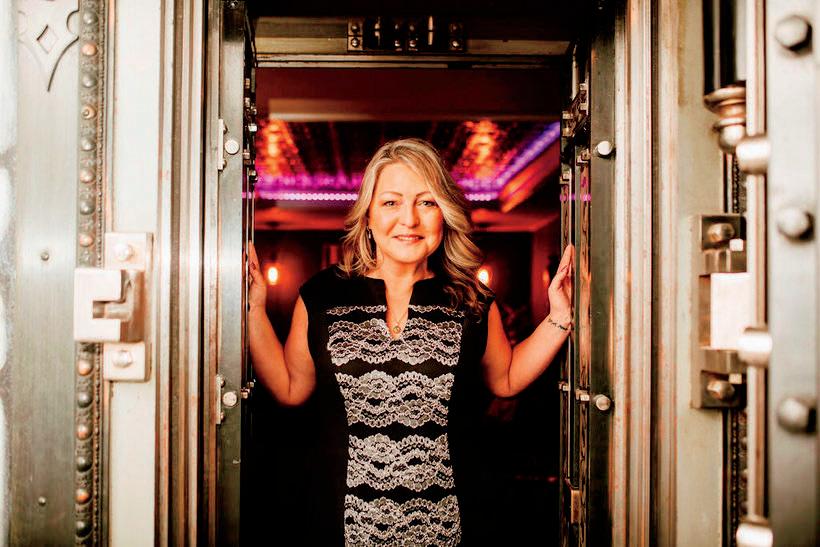
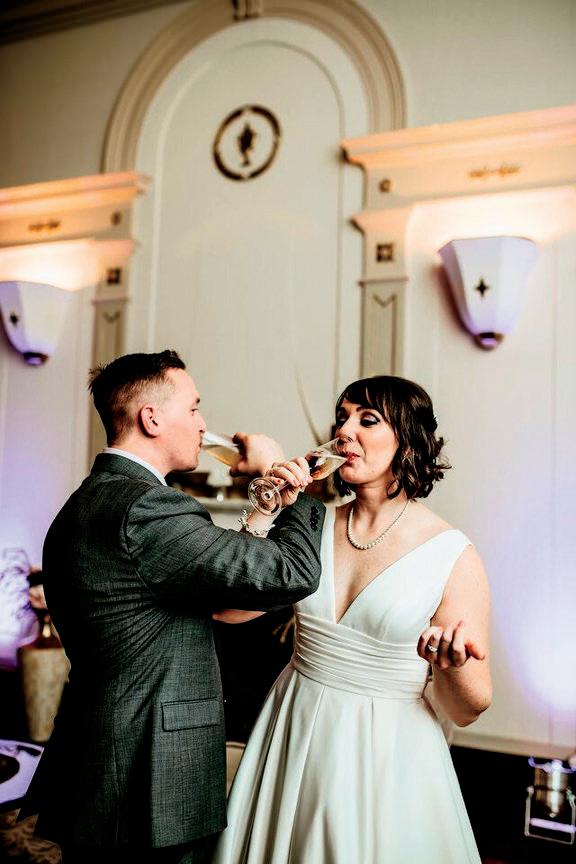
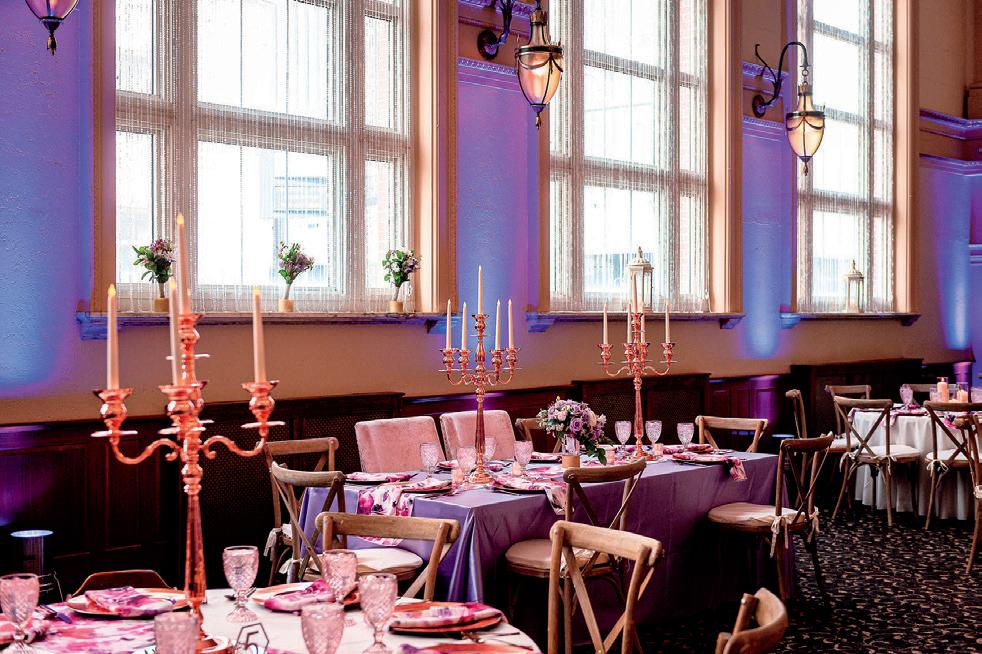

We grew up in Barcelona, Spain. Not exactly your typical Jewish upbringing, and while we loved the beautiful city, it could be difficult and isolating during the Jewish holidays.


Nevertheless, we managed to form a tightknit group each year with our aunt, uncle, and cousins, who enjoyed the festive SyrianLebanese style food our talented mother prepared for us.
The main meal itself was amazing, but it was the symbolic foods we ate before the main meal that were our favorites. Our mom would make zucchini and spinach frittatas and cold leek soup, and we would enjoy sweet dates, apples with sugar, pomegranates with rose water, and the head of a fish or lamb, a tradition for Sephardic families.
The Syrian-Lebanese cooking we grew up eating didn’t usually include sweet flavors in savory dishes during the year. But for Rosh Hashanah, our mom would make an exception with her delicious sweet carrot and raisin rice. It was always a big hit and we brought the recipe with us when we moved to the United States.
This year, our parents will join us for the holidays and so we decided to change things up a little and make our mom a surprise rice dish.
The first night of Rosh Hashanah, we'll make her traditional carrot and raisin rice.
The second night we'll serve this new sweet fragrant
rice that includes some of our mom’s favorite spices and dried fruit. We think she will be proud of keeping the old traditions, and making some new ones.
11/2 tsp. salt
1 tsp. sweet paprika
1/2 tsp. turmeric
1/4 tsp. cumin
1/8 tsp. black pepper
4 Tbsp. extra virgin olive oil divided, plus 1 tsp. 2 medium size onions, diced small 10 dried apricots, quartered
6 dried figs (we used Smyrna), quartered
1/4 cup dried cherries
1/4 cup pistachios or pumpkin seeds
1 cup long grain rice (we used Jasmine, but you can use Basmati or whatever you prefer)
1 cup water
11/2 tsp. fresh lemon or orange zest
1 cup pomegranate seeds
1. Combine salt, sweet paprika, turmeric, cumin and black pepper in a small bowl. Set aside.
2. Heat two tablespoons of olive oil in a deep, non stick skillet with a lid. Add rice and spices, stir well.
3. Cook over medium heat for about three to four minutes, stirring constantly and making sure the rice gets well coated with the oil and the spices.
4. Add one cup of water. Bring to a boil, cover, and reduce heat to low. Cook for 20 minutes, remove from heat and let it sit for 15 minutes covered.
5. In the meantime, heat the remaining two tablespoons of olive oil in a non-stick skillet.
6. Add onions and cook over medium heat for about 20 minutes stirring frequently, adding water one tablespoon at a time if necessary, to prevent from burning.
7. Transfer onions to a plate and in the same skillet, heat one teaspoon of olive oil. Add dried fruit and pistachios or pumpkin seeds and cook over medium low for two to three minutes, stirring frequently.
8. Once the rice is ready, fluff it with a fork, add onions, dried fruit, pistachios and lemon or orange zest and toss well.
9. Right before serving, sprinkle pomegranate seeds on the rice.

• V isual art creations by Wright State art program students and faculty
• Performances by Wright State dance program students

• S hort film selections by Wright State motion pictures program students
• W right State music program jazz band and percussion ensemble performances

•
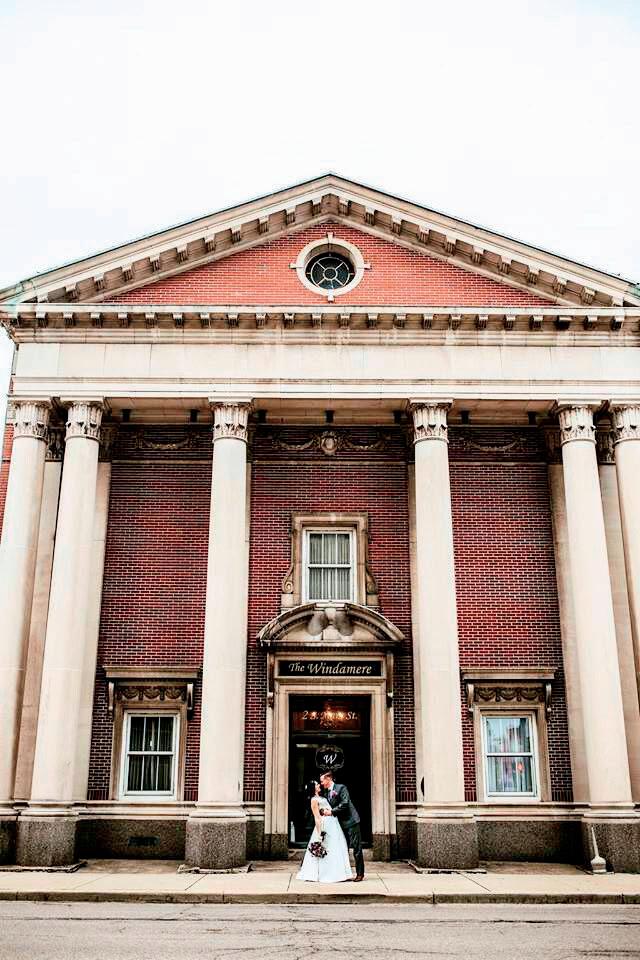
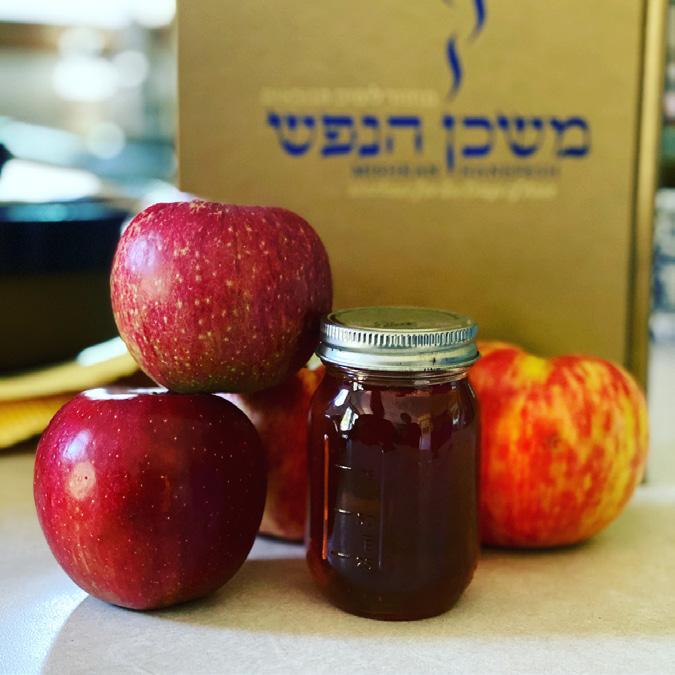
At Pickrel, Schaeffer and Ebeling, our passion is advocating for you. Our team of legal experts will listen to your issue, create the best strategy, and champion your case. For all of life’s legal matters, you can trust PSE.
F r o m a l l o f u s a t
N C C J , S h a n a T o v a !
M a y t h i s n e w y e a r b e f i l l e d
w i t h m e a n i n g , g o o d h e a l t h a n d
g r e a t j o y .
Ruffle milk pie is a Greek dessert made with a simple custard base and rose-like coils of phyllo dough. It’s a type of galatopita (Greek for pie made with milk) that is very similar to the Middle Eastern dessert muakacha (Arabic for wrinkle), which is also known as a crinkle cake.
Crinkle cakes had a viral TikTok moment last year, and it’s obvious why ruffle pies have become so popular: they’re easy to make and result in a gorgeous, golden brown dessert with crispy pastry ruffles and a tender bottom layer of sweet, custard-soaked dough.
With the addition of tart apples and floral honey, ruffle milk pie becomes a celebration
of the flavors of fall and the High Holiday season.
10 large sheets of phyllo dough (13-
14”x18”), thawed
6 Tbsp. butter, melted (or vegan butter)
2 large eggs
1½ cups
whole milk (or creamy non-dairy milk)
¼ cup light or dark brown sugar
2 Tbsp. sugar
2 tsp. vanilla extract
½ tsp. kosher salt

¼ tsp. cinnamon
1 small apple or ½ medium
apple, sliced very thin
¼ cup honey
¼ cup water
1. Preheat the oven to 350 degrees. Line and grease a 9-inch cake pan with parchment. Metal cake pans are best for this recipe, but you can also use a ceramic or glass deep dish pie pan, or a 9-inch springform pan.


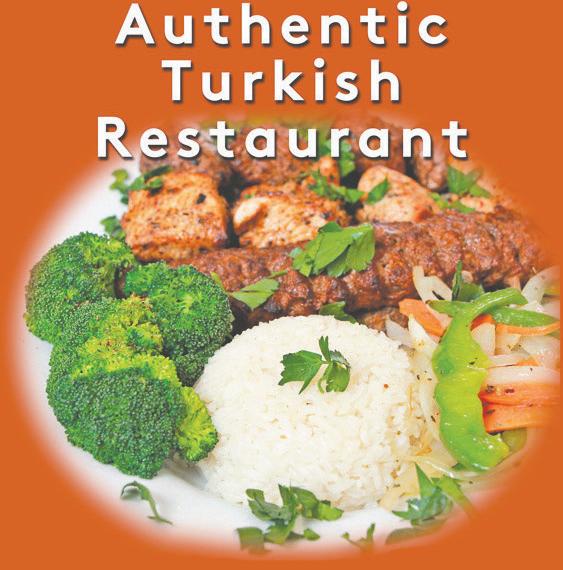
N C C J i s d e d i c a t e d t o e n d i n g b i a s , b i g o t r y , a n d d i s c r i m i n a t i o n . T o g e t h e r , w e c a n s e r v e o u r c o m m u n i t i e s t h r o u g h t i k k u n o l a m a n d t z e d a k a h . F i n d o u t m o r e a b o u t t h e w o r k o f
N C C J a t w w w . n c c j g r e a t e r d a y t o n . o r g
2. Make sure that your phyllo dough is fully thawed according to the package instructions.
Phyllo dough dries out very quickly, and in order to prevent that, lightly dampen a clean kitchen towel.
3. Unroll the dough and place it flat on a clean surface. Cover it with the damp towel to keep it from drying out. Take out one sheet of phyllo dough at a time, and keep the rest covered.
Generously brush the sheet of phyllo with the melted butter. Scrunch the dough lengthwise on either side toward the center, so that the buttered phyllo sheet forms a long fanlike ruffle of dough.
4. Starting on one end, loosely spiral the dough into a coil; it will form a rose-like shape. Make sure not to coil the dough too tightly, you want ruffles and height in this pie. Place one spiral of dough into the center of the greased and lined 9-inch pan.
5. Continue the process and make a total of nine more spirals of phyllo dough, or 10 in total. If you’re using smaller sheets of phyllo dough, you may need to add a few additional pieces of dough to fill the pan.
Arrange the coiled sheets of
phyllo into the pan, and make sure not to flatten any of the dough. Adjust to fill out the pan as needed. If you have any leftover melted butter, brush it over the top of the phyllo spirals.
6. Cut the apple on either side of the core, then thinly slice the apple into half-moon shapes, about an eighth-inch thick or less. Gently tuck in slices of apple between ruffles of phyllo dough. Make sure not to press down on the dough, and instead gently nestle in the apple. Use as much apple as desired, about one small apple, or half of a medium apple.
7. Bake for 20 minutes, the phyllo dough will start to just slightly brown on top.
8. While it is in the oven, prepare the custard. In a bowl, whisk together the eggs, milk, brown sugar, sugar, vanilla, salt, and cinnamon.
9. Once the pie has baked for 20 minutes, pour the custard evenly over the phyllo spirals. Bake for another 25 to 30 minutes, or until the top is golden brown and puffed up, and the custard has fully set.

10. While the pie is baking with the custard, prepare a honey syrup by combining the honey and water in a small pot. Bring to a boil and simmer for three to four minutes or until a syrup has formed and the mixture has slightly thickened.

11. While the pie is still hot, drizzle the honey syrup over it. Be careful to leave some golden brown ruffles untouched by honey, so that they remain extra crispy. Allow the pie to cool for at least 30 minutes before serving. Pie is best served at room temperature, and can be stored in the fridge for up to three days. If storing in the fridge, bring the pie up to room temperature before serving, or reheat for 10 to 15 minutes, covered, at 350 degrees.
12. Garnish with powdered sugar or whipped cream if desired.
 By Sonya Sanford, The Nosher
By Sonya Sanford, The Nosher


Most of my American Jewish friends ate brisket, kugel, and babka at their family High Holiday feasts. I often imagined what that would be like, curious about the dishes that were so popular with my friends but were never served in my own home. In my Soviet immigrant family, our holiday meals looked quite different.

Typically, my maternal grandmother, Mira, hosted both Rosh Hashanah and Yom Kippur at her home. These meals always had a very specific four-course order. The conversations were lively, imperfect, raucously joyous — sometimes tears were shed or voices were raised.

My family would often discuss the acute contrast to what life was like in Seattle as compared to Ukraine and the former Soviet Union. I would listen with rapt attention, the firstborn American in a family of refugees. I heard the stories of having to go to work on Yom Kippur and pretending like one wasn’t fasting to avoid being caught observing the holiday. It was illegal to practice Judaism there. My family told me about lighting candles with closed blinds, as any neighbor was a potential threat to them being discovered defiantly observing their faith.
The world they came from felt so close and yet, unimaginably far away. Each course brought

me closer to my family’s past. The dishes only ever changed slightly year after year; the holiday food was sacred.

Walking into the dining room after temple services, the table would already be filled with zakuski — an assortment of small dishes and appetizers. For our family, that included a spread of smoked and cured fish like pickled herring, smoked mackerel, homemade gravlax or gefilte fish. There would also be salads and spreads cramming the table, like pashtet (chopped liver), eggplant caviar, pickled mushrooms, marinated red peppers, and Olivier salad (Russian potato salad). We'd sit down to the colorful array of offerings and wait for the prayers to be said over the wine and the bread. A golden loaf of challah was then sliced and shared, served alongside thick pieces of dark Russian brown bread.
As we ate, my grandmother slowly inched dishes closer to each person’s plate in a not-sosubtle attempt to encourage taking seconds. Each extra helping was interpreted as a clear sign of love and affection; and conversely, any refusal was the ultimate sign of rejection. “Do you not like my cooking? You haven’t eaten anything!” We would laugh and poke fun at her, as we carefully avoided over-filling our plates.
Continued on Page 35
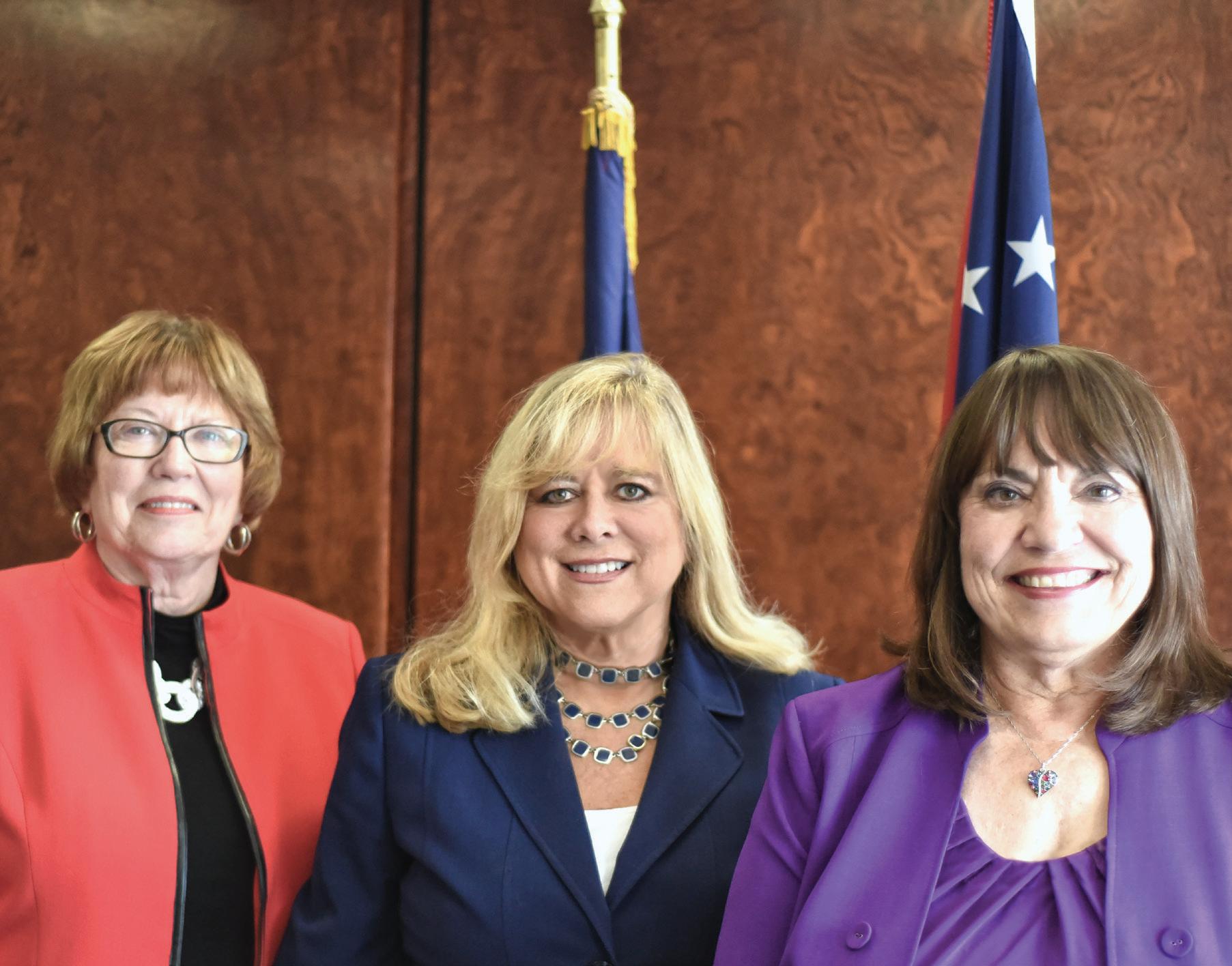

I would listen with rapt attention, the firstborn American in a family of refugees.
Wishing you a new year of health, happiness and peace
L’Shanah Tovah
Wishing you a new year of health, happiness and peace
Wishing you a new year of health, happiness and peace
L’Shanah Tovah
The Groveman & Begel Family
Wishing you a new year of health, happiness & peace
Gary & Andrea Abrams
Jeff & Cathy Startzman
Good Yontif to all my friends, and a good year
Cong. Anshe Emeth, Piqua, your northern neighbors
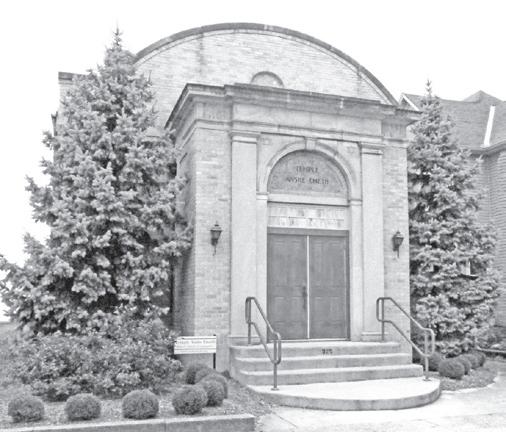
Wishing you a new year of health, happiness and peace
Myrna Nelson
Best wishes for a happy, healthy new year
Debby, Bob, Alicia, Ted & William Goldenberg
Best wishes for a happy, healthy new year
We wish the Dayton Jewish community a very happy new year


Susan Fitterman Witte & Alan Witte
Wishing you a new year of health, happiness & peace
The Levy Family
May good health and happiness always be with you
The Self Family
Annie, Craig, Josh, Kayleigh & Anna
Bob Kahn
Best wishes for a happy, healthy new year
Mike Jaffe & Judy Schwartzman
L’Shanah Tovah
Mrs. Jack Goldberg
Steve, Shara, Rachel & Natalie Taylor
Wishing you a new year of health, happiness & peace
Maryann & Jack Bernstein
L'Shanah Tovah





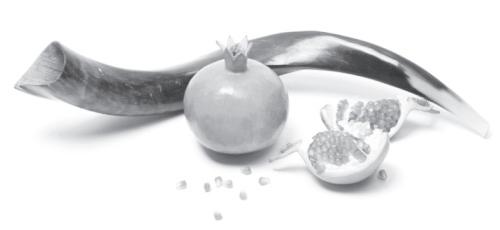

Dena Briskin
Gina & Neil Kahn
Best wishes for a happy, healthy new year
Wishing you a new year of health, happiness and peace


Best wishes for a happy, healthy new year
The Sanderow Family
Robert & Vicky Heuman
Wishing you a new year of health, happiness & peace
Sylvia & Ralph Heyman
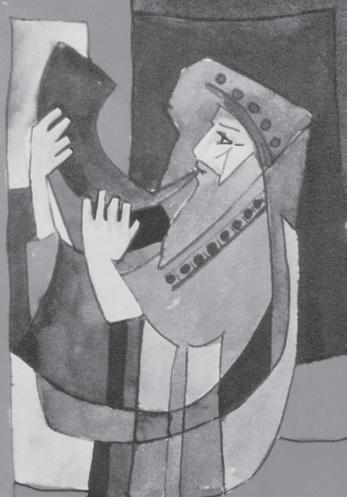
May the year ahead be blessed with good health & cheer
People & Paws of Greater Dayton
Wishing you the blessings of the New Year
Wishing you a new year of health, happiness & peace
Cheryl & Franklin Lewis
L’Shanah Tovah
Jeffrey Abrahams
May good health and happiness always be with you
Dr. Felix Garfunkel & Family
Marvin & Susan Mason
Wishing you a new year of health, happiness & peace
Cherie Rosenstein & Family
Michael & Rochelle Goldstein & Family
Best wishes for a happy, healthy new year
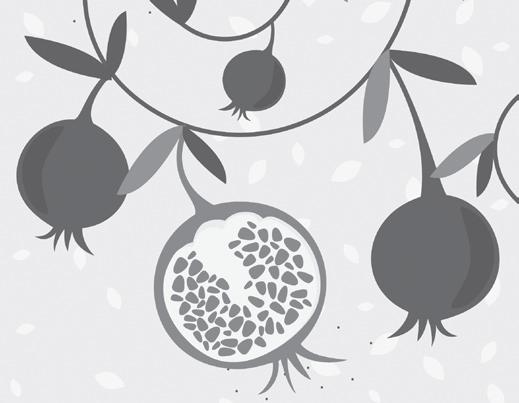
Robin & Tim Moore
Brenda Rinzler
Continued from Page 33
Food & freedom anecdotes and jokes, lingering in each others’ satiated company.
Even if one managed to eat a modest portion, it was easy to start feeling full from the abundant first course.
Next came soup served on good china. Silver-rimmed floral print bowls were filled with impossibly clear chicken consommé, sometimes served with perfectly fluffy matzah balls, and other times with bright golden egg noodles. Chicken soup was called bouillon, and no holiday meal was complete without it.
While we ate the soup course, tummies would fill, glasses of Manischewitz would pour, and we paused to raise our glasses over and over. We toasted to my grandmother and her cooking, then my father toasted to the beloveds who were not with us at the table but were always with us in spirit. “L’Chaim, l’chaim!” Glasses clinked.
Bowls emptied, we’d sit and wait as my grandfather ever so slowly finished his bouillon. He couldn’t bear to eat anything that was hotter than 70 degrees, and carefully blew on each spoonful of broth long after his soup stopped steaming.
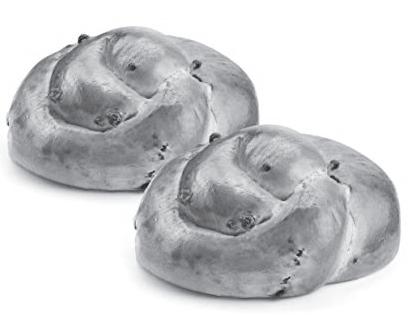
My grandmother told us about how when my grandfather was in the Russian army during World War II, he never had enough time to finish his meals. He would still be blowing on his soup while the other soldiers had finished their main courses.
This made my grandfather laugh. Stories of survival were always infused with self-deprecation and a strong sense of humor.
Finally, the third course would come. By this point I would have landed myself in Baba Mira’s tiny kitchen, asking if I could help her bring anything out to the table. She would lovingly hand me a small platter of fried potatoes or a mix of vegetables, pan-fried with matzah meal, or grechka (buckwheat) cooked with caramelized onions. Then she would bring out a whole duck roasted with prunes or a special chicken dish.
Along with the duck, she might also serve a whole piece of baked salmon, loaded with fresh herbs and citrus. By this point in the meal, the bread basket started to empty, and my grandfather would reach for one last piece of brown bread to sop up his plate.
No meal was complete without a cup of hot chai (tea). My grandmother would bring out one of her stunning honey cakes, wishing all of us sweetness in the new year.
She’d serve it alongside ripe fall fruit like Italian plums and sweet grapes.
If it was a particularly festive gathering, there might also be dark chocolates filled with liqueur to end the meal.
This was the seder, the order, for each of our family gatherings.
Here we were, free to eat whatever we wanted, to celebrate our faith openly, to be Jewish and American. A dream was realized, with or without brisket, and always with a hot bowl of chicken soup.
May the year ahead be blessed with good health and cheer
Judy & Alan ChesenWishing you the blessings of a good year
Kim & Candy Kwiatek & FamilyBest wishes for a happy, healthy New Year
Irvin & Gayle MoscowitzL'Shanah Tovah 5784
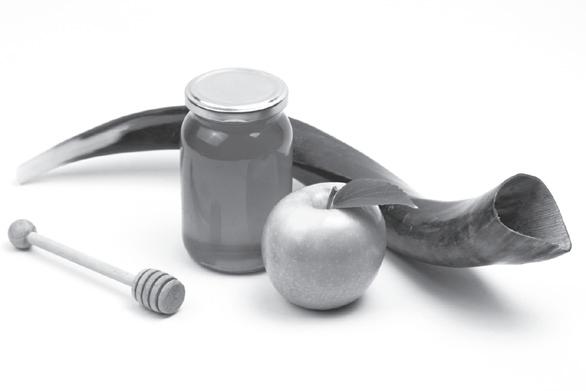

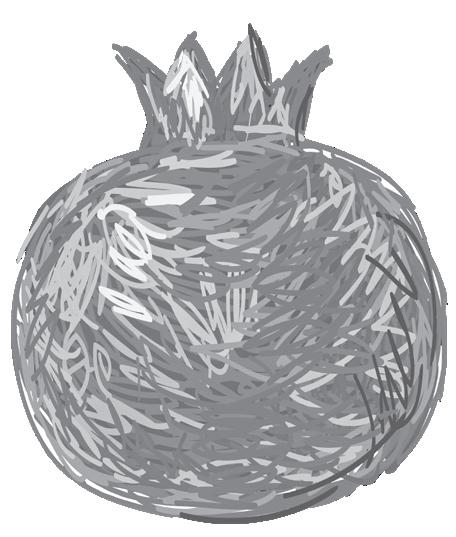







Miriamne, Matt, Yetta & Shoshana
Best wishes for a happy, healthy New Year
Dr. Judy Ribak & Family
Best wishes for a happy, healthy New Year
Cantor Andrea Raizen
Inevitably, I’d fall asleep on the couch as everyone else remained at the table sharing
Best wishes for a happy, healthy New Year Harvey Tuck

We wish the Dayton Jewish community a very happy New Year
Cantor Jerome & Goldye Kopmar
Bill & Joshua Marwil
We wish the Dayton Jewish community a very happy new year
Best wishes for a happy, healthy new year
Bonnie Mendelson & Family
May good health and happiness always be with you
Diane Rubin Williams & Ralph Williams
Wishing you the blessings of a good year
May the year ahead be blessed with good health & cheer
Scott & Brenda Meadow
Wishing you a new year of health, happiness and peace
Joe Gruenberg & Mark Gruenberg Families
May good health and happiness always be with you
Wishing you a new year of health, happiness and peace
May the year ahead be blessed with good health & cheer
Wishing you a new year of health, happiness and peace
Wishing you a new year of health, happiness and peace
Wishing you a new year of health, happiness and peace
Bobbie & Jack MyersBeth Abraham, Dayton’s only Conservative synagogue, is enthusiastically egalitarian and is affiliated with the United Synagogue of Conservative Judaism.
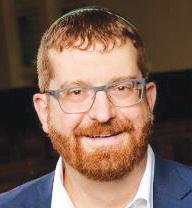
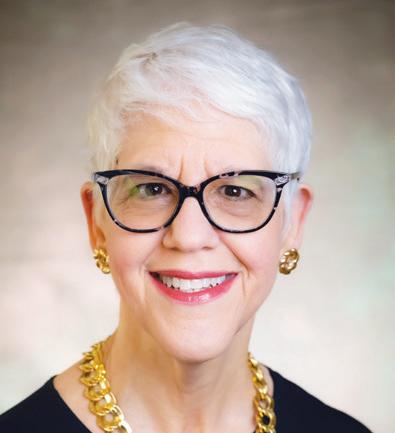
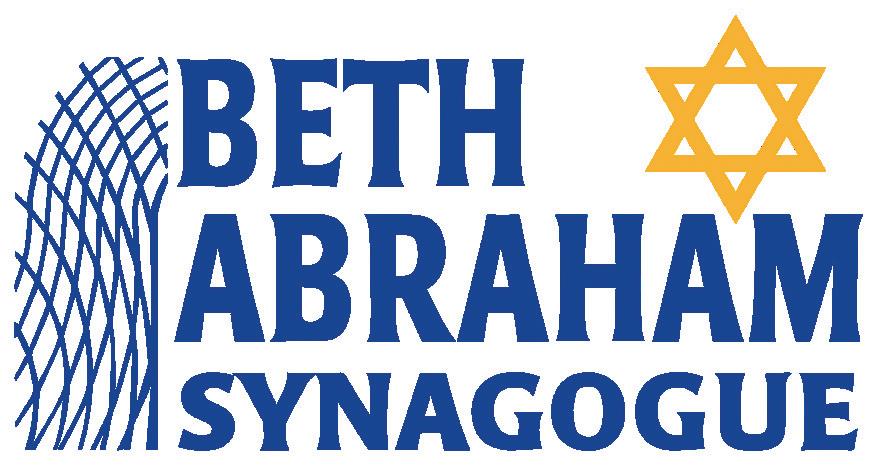

For a complete schedule of our programs, go to bethabrahamdayton.org.
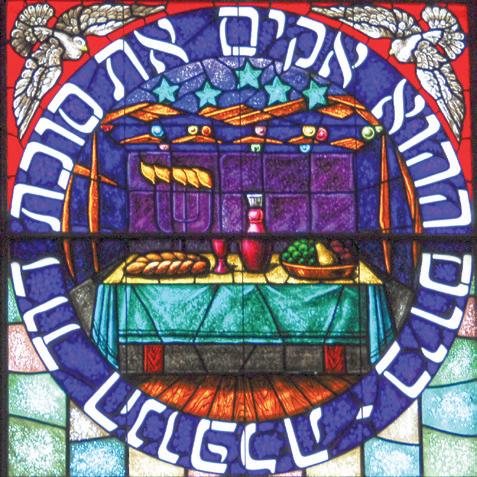

To prepare for their role in creating Adam Sandler’s latest movie, crew members hit the Toronto bar and bat mitzvah circuit.
Production designer Perry Blake and set decorator Julia Altschul, guided by a local consultant on the Jewish comingof-age ceremony, crashed 10 parties within a matter of weeks.
“We saw how amazing and big and outlandish and extravagant they were,” Blake said. “With a movie, you usually set your sights high — bigger than the real world. But that was like, wow, the real world is really amazing.”
The team borrowed several features from the events they attended, from 30-foot-wide videos honoring the bar and bat mitzvah celebrants to costly DJs to fanciful lighting displays. All of those led to the lavish sets in You Are So Not Invited to My Bat Mitzvah, which hit Netflix Aug. 25.
One circus-themed party inspired the dazzling Carnivale-themed bar mitzvah that opens the film, complete with a fire-breather and stilt walker.
dad Danny Friedman to Stacy and Ronnie Friedman, portrayed by his real-life daughters, Sunny and Sadie Sandler, while his wife, Jackie Sandler, has a smaller role as the mother of Stacy’s best friend, Lydia.

The friendship between Stacy and Lydia makes up the backbone of the film, which is based on Fiona Rosenbloom’s 2005 book of the same name.
The two girls start out planning their dream bat mitzvah parties together, but a rift over Hebrew school stud Andy Goldfarb (Dylan Hoffman) threatens to destroy both their friendship and their Jewish rites of passage.
Sandler has previously appeared in movies with Jewish themes, including the comedy You Don’t Mess With the Zohan, about a legendary Israeli soldier who dreams of becoming a hairstylist, and acclaimed dramas

“We actually hired one of the people who was working at this circus bar mitzvah to be in our movie,” said Altschul. “She was a stilt walker and she had different outfits. So at the circus bar mitzvah she was a bearded lady and then at ours, she was this really amazing, flamboyant butterfly girl.”
The world of extravagant, euphoric and angst-charged parties for 13-yearolds is the setting of Sandler’s new comedy, a coming-of-age drama that is also an onscreen vehicle for his real-life Jewish family.
Sandler plays the befuddled, uncool
The Meyerowitz Stories (New and Selected) and Uncut Gems. Jewish actress Idina Menzel starred opposite Sandler in Uncut Gems, a crime thriller about the diamond business, and again plays his character’s wife in the new film.
But none of those stories portrayed a centerpiece of Jewish family life so thoroughly, and so earnestly. You Are So Not Invited to My Bat Mitzvah shows Stacy practicing her Torah portion; agonizing over her mitzvah project, a service initiative that many congregations encourage; and meeting with her hipster, often-on-thetreadmill rabbi, played by comedian Sarah Sherman.
The movie, directed by Sammi Cohen and written by Allison Peck, was filmed in part at a real Toronto Conservative synagogue, Beth Tzedec.
For Stacy, Lydia, and their friends, the point of the milestone is the party. The movie explores the intense pressure that families, especially in affluent communities, can face to throw the best-ever bash.
Bar and bat mitzvah parties in the United States can cost between $10,000 and $40,000, or upwards of $100,000 for families in New York City and Los Angeles, according to The Bash, an eventplanning platform — though the price tag can easily rise higher for families that choose pricey venues and entertainment.
One 2015 celebration in New Jersey that featured teen idol Nick Jonas reportedly topped $1 million.
Sandler’s character battles back against the pressure. After Stacy demands a private yacht on the Hudson River and pop star Olivia Rodrigo on a jet ski, her father responds: “When I got bar mitzvahed, we had a party in Grandma’s basement. We all split this giant matzah ball. That was the fun. You know what the theme was? Being Jewish!”
The greatest challenge for crew members was packing all the splendor of real sprawling festivities into brief shots, said Altschul.
“A real bar or bat mitzvah is hours,” she said. “So we’re trying to get people to see all the bits and pieces — speeches, a video, the grand entrance, candlelighting, the swag, the full picture — in a quick minute or two.”
One coming-of-age party in particular fueled the crew’s imagination: star Sunny Sandler’s real-life bat mitzvah, which took place in Los Angeles just a few months before the film started

shooting. Blake attended the ceremony and the celebration along with Cohen and Peck.
“That was Adam Sandler’s daughter, so it was pretty over-the-top, too,” said Blake.
The event was notable not only for its famous attendees, including Jennifer Aniston, a close family friend, and Jewish director Judd Apatow, who is Sandler’s former roommate.
Like the fictional party at the climax of the film, Sunny Sandler’s bat mitzvah was Candyland-themed. Blake took photos of its impressive candy buffet and pink-and-purple color scheme, which directly inspired the movie set.
The crew worked with Heather Glowinsky, the proprietor of Rockpaper Events in Toronto, to sample other glitzy celebrations.
But though the crew had fun building elaborate party scenes, they said they also sought to convey the significance of a ritual that unites Jewish families.
“The coolest thing was just seeing that it’s so much about family,” Blake said. “Just seeing the old grandma table with one kid there, or the parents all hanging out and they just know each other, and all the kids know each other from going to Hebrew school.”
Altschul, who has a Jewish father but did not have a bat mitzvah celebration herself, said the bar-and-bat-mitzvahcrashing season made her rethink her own connection to Jewish tradition.
“I realized how much I know about being Jewish,” she said. “I really didn’t consider myself so Jewish, and then I realized that my grandma and my dad had actually instilled so many things in me. So that was a nice discovery.”
KEVER AVOT
Sunday, August 27
10:30 a.m. Cemetery Services
SELICHOT
Saturday, September 9
8:30 p.m. Dessert Reception
9:00 p.m. Community Services
ROSH HASHANAH
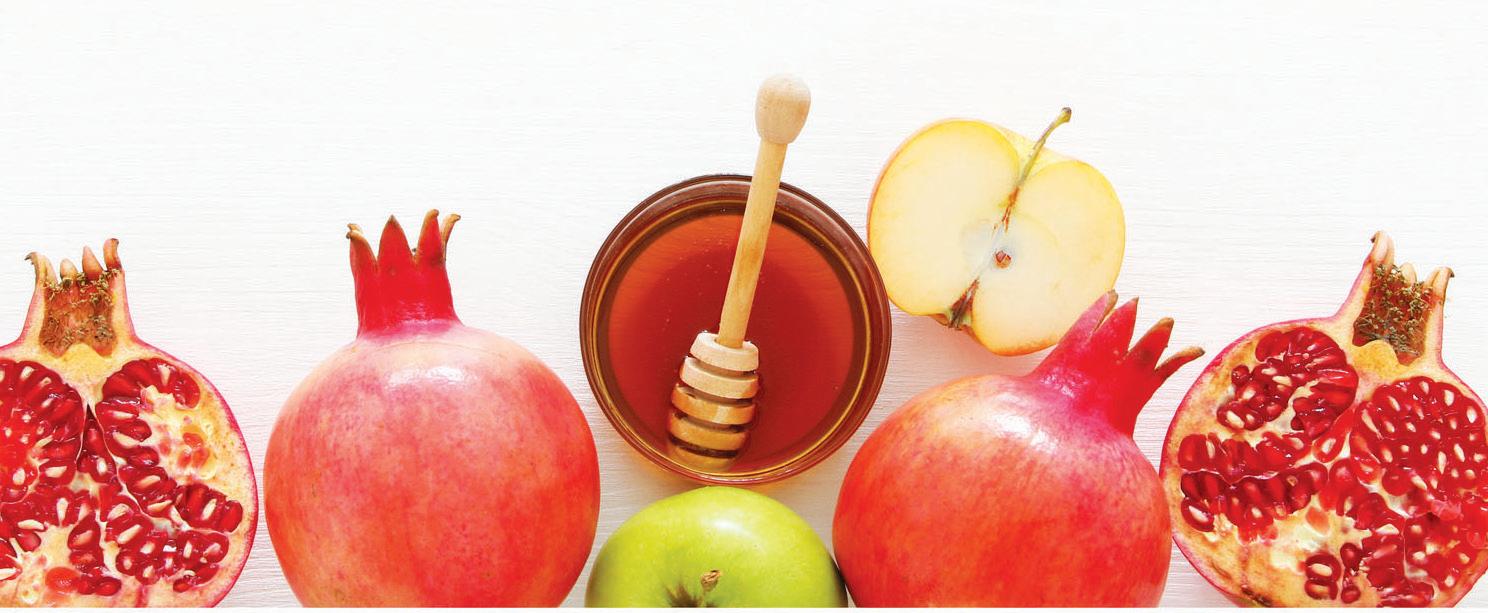
Friday, September 15
8:00 p.m. Congregational Services
Saturday, September 16
9:00 a.m. Family Services
10:30 a.m. Congregational Services
Tashlich following Services
YOM KIPPUR
Sunday, September 24
8:00 p.m. Kol Nidre Services
Monday, September 25
9:00 a.m. Family Services
10:30 a.m. & 3:00 p.m. Congregational Services
1:30 p.m. Tim Forbess Guest Speaker
6:15 p.m. Gerald A. Greene Memorial Break-the-Fast
SUKKOT

Friday, September 29
5:45 p.m. Pizza in the Hut
6:30 p.m. Congregational Services
7:45 p.m. Adult Sukkah Celebration
SIMCHAT TORAH
Friday, October 6
6:00 p.m. Services and Consecration
7:00 p.m. Share Shabbat Potluck Dinner
Though the crew had fun building elaborate party scenes, they said they also sought to convey the significance of a ritual that unites Jewish families.

Joyce Abromowitz, age 89, passed away on Aug. 4. She was preceded in death by her parents, Benjamin and Edith Kovner; and brother, Richard (Arlene) Kovner. She is survived by her husband, Herman Abromowitz; daughter, Leslie (Daniel) Chase; son, David (Cathy) Abromowitz; brother, Robert (Selma) Kovner; grandchildren, Emily (Akiva Schick) Chase, Ellie (Justin Hod) Chase, Julie (Yari Garner) Chase, Sarah Abromowitz, Emma Abromowitz, and Sofia Abromowitz; greatgrandson, Benjamin Schick; many nieces, nephews, cousins, and friends. Interment was at Beth Jacob Cemetery. Contributions in her memory may be made to Congregation Ahavas Sholom (ahavas-sholom.org) or Columbus Torah Academy (torahacademy. org). Online guest book at epsteinmemorial.com.

Sammye J. Harrison, 87 of Piqua, passed away on July 25. She was a graduate of Walnut Hills High School, Cincinnati. She attended the University of Cincinnati. She married Stanley M. Harrison on Feb. 26, 1956. After marrying, she commuted from Piqua to complete her BFA from Wittenberg University. Sammye raised three children and was actively involved in supporting them in their numerous activities. She was past president of High Street Elementary School PTA and the AAUW. Using her artistic skills, she produced many of the advertisements for Barclay's Men's-Women's Clothiers. Ultimately, as co-owner of Barclay's with her husband, Stanley, she opened and ran the women's department. Additionally, she was a very active member of the Piqua Country Club and the Nine Hole Golf League. She was active in the Columbian Club, YWCA, YMCA, Mainstreet Piqua, and the Piqua Chamber of Commerce. She loved playing bridge and golf. She
was always thrilled for the end of the year Nine Hole Golf League Bloody Mary Party. She was past grand marshal of the Mainstreet Piqua Christmas Parade. She had a green thumb and loved growing orchids and African violets. She was a very active member of Beth Abraham Synagogue and was very committed to raising her family in her faith. She was a snowbird who would spend a portion of each year in Deerfield Beach, Fla. Her beloved husband, Stanley M. Harrison, predeceased her. She is survived by her daughter, Tamar Harrison (Andrew Jepsky); son, Norman Harrison; and son, Bert (Terri) Harrison. She is also survived by six grandchildren: Kaela, Alexandra, Ellie, Slava, and Valentina Harrison, and Lauren Jepsky. She is also survived by brother, Raymond (Lee) Elman, and many nieces and nephews. She was predeceased by her parents, Ethel and Charlie Elman; daughter in-law, Toni Davis-Harrison; and sister-in-law, Shirley Manes. Interment was at Beth Abraham Cemetery. Sammye actively contributed to many charities. Those planning an expression of sympathy may wish to consider memorials to Pink Ribbon Girls, Miami County Hospice, Family Abuse Shelter of Miami County, Greene Street United Methodist Food Pantry, or the Piqua and/or Lehman Educational Foundations.
David Gary London, Lt. Col., USAF, Ret., age 67, passed away on Aug 20. He is survived by his wife, Kim Dinsmore; daughters Allison Fields (Kevin) and son Lucas; and Stephanie Cronstein (Adam) and sons Zev and Ari; brother, Chuck London; and sister, Sally Carnevale (Lou). Dave grew up in West Caldwell, N.J. He graduated from the U.S. Air Force Academy in 1978, and his first assignment upon graduation was at Kennedy Space Center, where he worked on the first four space
Continued from Page 18
(Egyptian president Anwar) Sadat (before the war). But public opinion, by and large, didn’t want it. They were not interested in giving up anything.
She also said that we could overcome anything, and one of the reasons for that is that her military advisors were promising her that everything was going to be OK and that we could always win the war.
Did she have a blind spot toward the Palestinians? She gave the famous interview in 1969 when she said, “There was no such thing as Palestinians,” meaning there was no independent Palestinian Arab state, entity or identity prior to the creation of Israel.
I wouldn’t call it a blindspot. I think it was an effort on her part to cater to the trend in public opinion. The public opinion at the time was developing the view that there is no such thing
shuttle launches. Other assignments took him to Edwards AFB, Calif.; Maxwell AFB, Ala.; and Wright-Patterson AFB. He retired from the Air Force at Wright-Patt as a lieutenant colonel. Later, Dave cofounded and became chief operating officer of a successful science and technology company which supports local, Department of Defense, and National Oceanic and Atmospheric Administration programs. He also joined with a group of friends as co-owners of Ugly Dog Distillery, a craft distillery in Michigan. Always serving the community, Dave was active in Temple Beth Or, including as president, and with the Jewish Federation of Greater Dayton. He provided his time and considerable building skills to the National Museum of the U. S. Air Force. Among his many projects, he restored the museum’s Prejudice and Memory: A Holocaust Exhibit. Dave was recently selected as the museum’s 2022 Volunteer of the Year in recognition of his truly significant contributions. Dave was a devoted and loving husband, father, and grandfather. He treasured being part of a close-knit extended family, including beloved nieces, nephews, and cousins. His family was truly the most important thing in his life and spending time with them was what gave him the most joy. He showed his love in so many ways, but most notably, Dave loved to cook and spoil his family and friends with delicious meals. Dave loved to travel. He was truly passionate about Israel and visited numerous times. He took beautiful pictures of all of his travels and always sent postcards and brought home souvenirs for his adoring grandchildren. Dave was also known for his sense of humor, and you could always count on him for a corny dad joke or bad pun. Interment was at David’s Cemetery. Please consider making a donation to the charity of your choice.
as a Palestinian people. And she thought it was useful for Israeli foreign affairs. But if you look at her history, she knew very well that there was a Palestinian people. When she came to Israel, she saw a Palestinian people but she slowly went over to this other view. And the feeling that she also shared was that, “we don’t want to compromise.” It was a feeling that Israel fought a successful war (in 1967) and we are entitled now to reap the fruit of our efforts.
She was the kind of leader who followed the crowd, or public opinion. And so she felt that if that’s what people want, and if she also felt this way, that therefore that was the way we should develop our policy. For a contrast, if you read (Israeli diplomat) Abba Eban’s memoirs, you see that he wanted to compromise, he wanted to reach out to the Arab side and she basically marginalized him. She didn’t want to hear what he had to say.
And so from this perspective, you can say she was not a good leader. Because she did not foresee what was coming. It’s tragic.
If you love what we do, help us continue!
$18 Subscriber
One-year subscription to The Observer and acknowledgment in The Observer
$36
Double Chai
One-year subscription, acknowledgment in The Observer and one free one-column holiday greeting ($12 value)
$100 Angel
One-year subscription, acknowledgment in The Observer and one free three-column holiday greeting ($36 value)
$250
Guardian Angel
One-year subscription, one-year acknowledgment in The Observer and three free three-column holiday greetings ($108 value)
$1,000 Champion
Everything listed in Guardian Angel, plus the gratitude of knowing how much you help support Jewish journalism in the Miami Valley.
BMB Observer mascot Bark Mitzvah Boy

Ad sales and Jewish Federation support only cover a portion of our expenses to bring you The Observer
Printing costs and postage go up. We need your help to ensure the depth of our coverage doesn’t go down.
Name
State Zip
Ü
Ann & Shel Berger
Bill Bernstein
Margaret M. Birnbaum
Bari & Steve Blumhof
Penny Brenner
Bonni & Dennis Buchanan
Bob & Sharon Burick
Joseph Castner & Rowan Evans
M. Chadwick
Contance Crafton
Miriam De La Cruz
Judith Fergus
Phyllis Froug
Vladimir Futoryansky
Ronald Wasserstrom
Roberta Weitz
John & Lori Westerkamp
Beverly Whitefield
Patsy Ziskin
Current Observer Champion +
Andrea Scher Rabiner
Current Observer Champion
Milton Nathan
Current Guardian Angels
Tara & Adam Feiner
John Gower
Art & Joan Greenfield
Dr. & Mrs. Stephen Harlan
Linda & Steve Horenstein
Joan Isaacson
Rachel Jacobs
Michael Jaffe
David & Susan Joffe
Dennis Kahn & Linda Ohlmann Kahn
Susan & Stanley Katz
Allan & Linda Katz
Debbie & Norbert Klopsch
Cantor & Mrs. Jerome Kopmar
Kemmerer
Robert Klaben
Beth Kolotkin
Jerry Kuhr
Hannah Levinson
Patricia & Eric Lowry
Amy Margolin
Stuart Merl
Robin & Tim Moore
Alan & Marilyn Moscowitz
Michael Nelson
Wayne Novick
Bonnie Parish
Mrs. Wendy Rachlin &
Mr. Roger Pankake
Diane M. Rees
Harry & Rita Dushman Rich
Patricia A. Riley
Jeff & Connie Roberts
Roden Family
Kenneth Rosenzweig
Beverly Saeks
Dan & Susan Sauer
Susan & Martin Schear
Dean Schultz
Judy Schwartzman
John & Carol Sheehan
Julie Sonneborn
Jerome Spiegel
Alvin Stein
Barbara Trick
Mrs. Kathleen Wassenich
Norman & Mary Rita Weissman
Jim Winnegrad & Janice Manheim
Dr. & Mrs. Sanford Wolfe
Jill Yacovazzi
Subscribers
Mary Joyce Ahmad
Bob & Fern Archer
Joseph & Linda Beaman
Patricia Gates
Georgeann Godsey
Wendy Gray
Stewart N. Heir
Jeffrey & Wendy Horwitz
Pat Jones
Leonid & Julia Kaplun
Larry & Natalie Katz
Jeffrey & Yana Kleinman
Ed & Marcia Kress
Kenneth Krochmal
Ellen Lauber
Pamela & Robert Lawner
Louise B. Leuin
Philip Levin
Scott & Ann Liberman
Tiffany Lobertini
Jan Maharam
Mr. Michael & Mrs. Christine Marmer
Jana Morse
Roberta S. Mugford
Steve & Liz Musin
Meghann Naveau
Lauren J. Newsome
Margie Perenic
Don & Sherry Polzella
Marc Prigozen
Ilene Rachford
Sam Rosengarten
Randi & Jay Rothman
Joseph Saks
Ann Schenking & Michael Herrlein
Dale & Sharon Schiff
Michel Schulsinger
Felice Shane
Susan L. Smith
Sue & Bruce Soifer
Eugene Solomon
Audrey P. Tuck
Larry Turyn
Chaya Vidal
Marni Flagel
Bella Freeman
Elaine & John Gaglione
Susan & Jonas Gruenberg
Robert & Vicky Heuman
Neil & Gina Kahn
Drs. Renata & Perry Lubens
Marvin & Susan Mason
Gary Pacernick
Bernard Rabinowitz
Brenda Rinzler
Lee and Patti Schear
Greg Schreck
In memory of Dorothy Cherny Shane
by Stanley J. Cherny
Zerla Stayman
Steve & Shara Taylor
Current Angels
Jeffrey Abrahams
Elaine Abramson
Ken Baker, K.W. Baker & Assoc., LLC
Anita Barrett & Family
Sylvia Blum
Frieda Blum
Natalie R. Cohn
Betty Crouse
Scot & Linda Denmark
Susan Dlott
Howard & Sue Ducker
Bruce & Debbie Feldman
Lynn Foster
Stanley Frankowitz
Cindy Pretekin & Jeff Froelich
Cathy Gardner
Felix Garfunkel
Mrs. Jack Goldberg
Kim & Shelley Goldenberg
Lynn & David Goldenberg
Debby & Bob Goldenberg
Rochelle & Michael Goldstein
Edye Leuin
Todd & Gabriele Leventhal
Sarah Moore Leventhal
Laurie & Eddie Leventhal
Meredith Moss Levinson
Ellie Lewis
Norm & Kay Lewis
Judy Lipton
Beverly A. Louis
Scott & Brenda Meadow
Suzi & Jeff Mikutis
Kristen Mitchem
Irvin & Gayle Moscowitz
Eleanor Must
Myrna Nelson
Phil Office
Sharyn Reger
Susan & Nathaniel Ritter
Dr. & Mrs. Gerald Rubin
Sumner Saeks
Burton & Alice Saidel
Barbara Sanderow
Linda & Joel Shapiro
Diane Lieberman Slovin
Jeff & Cathy Startzman
Myron Stayman
Maggie Stein
Marc & Maureen Sternberg
Col. Jeffrey Thau, USAF, (Ret.) & Rina Thau
Bob & Suzanne Thum
The Waldman Family
Ms. Judith Weber
Donald & Caryl Weckstein
Peter & Joan Wells
Michael & Karen Weprin
Ronald Bernard & Judy Woll
